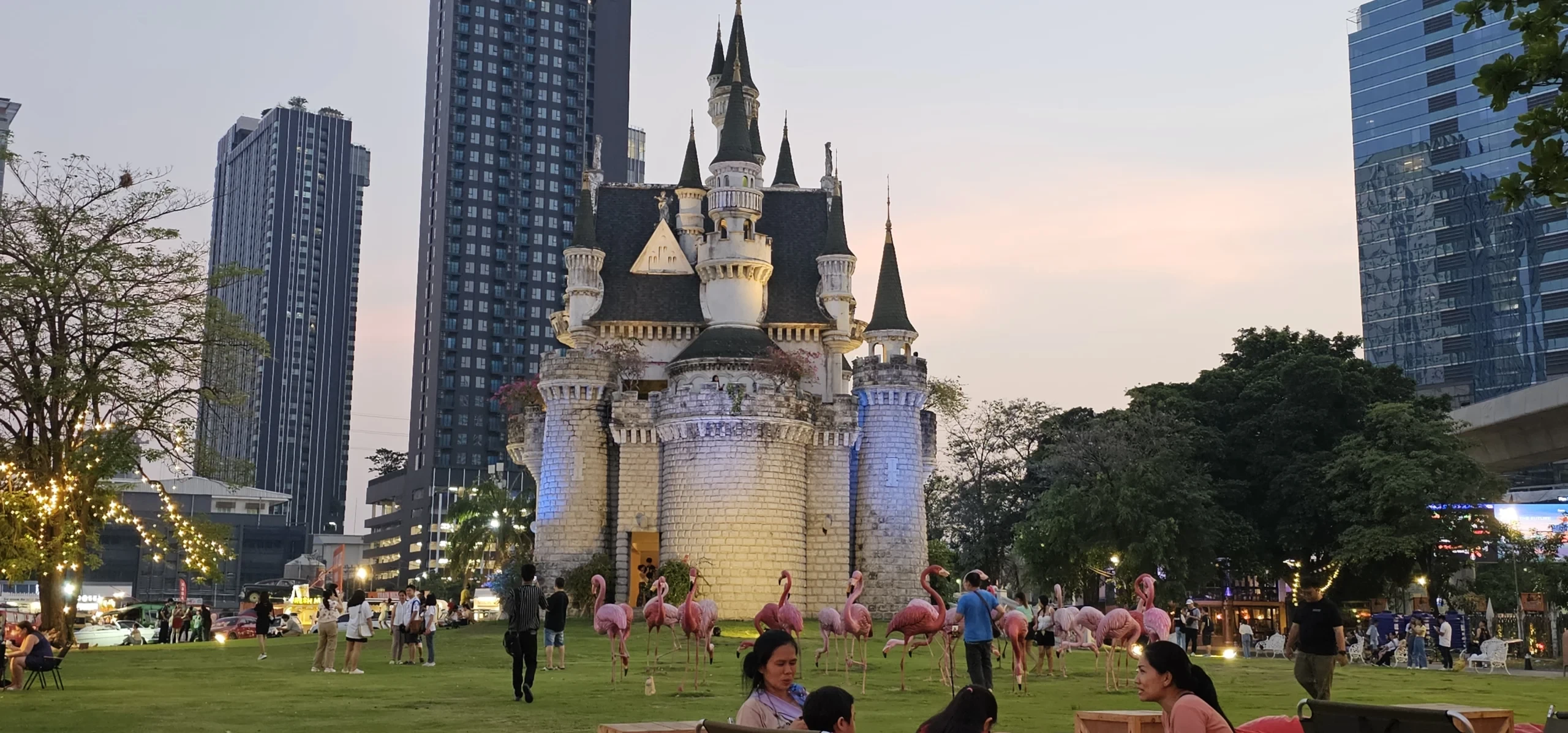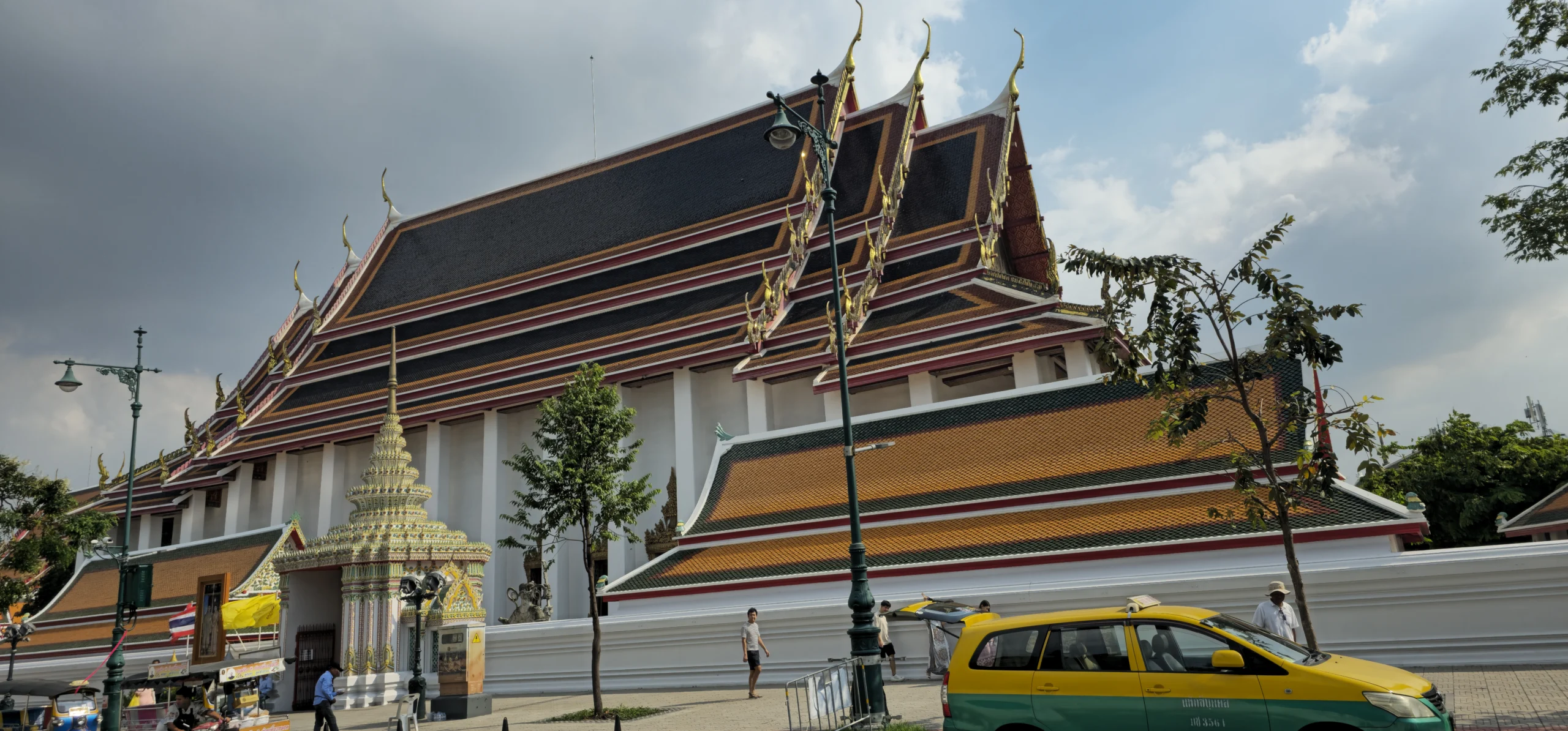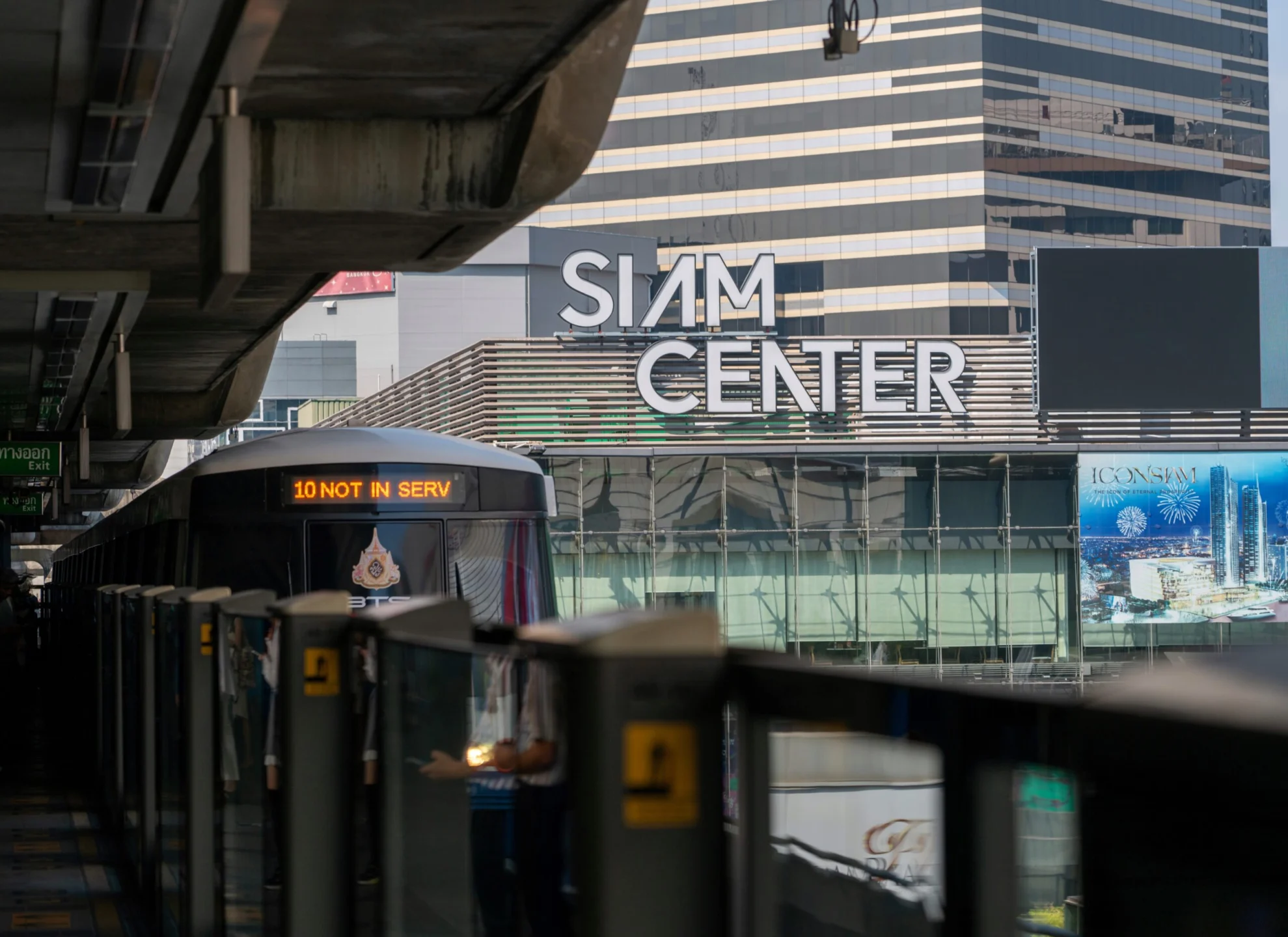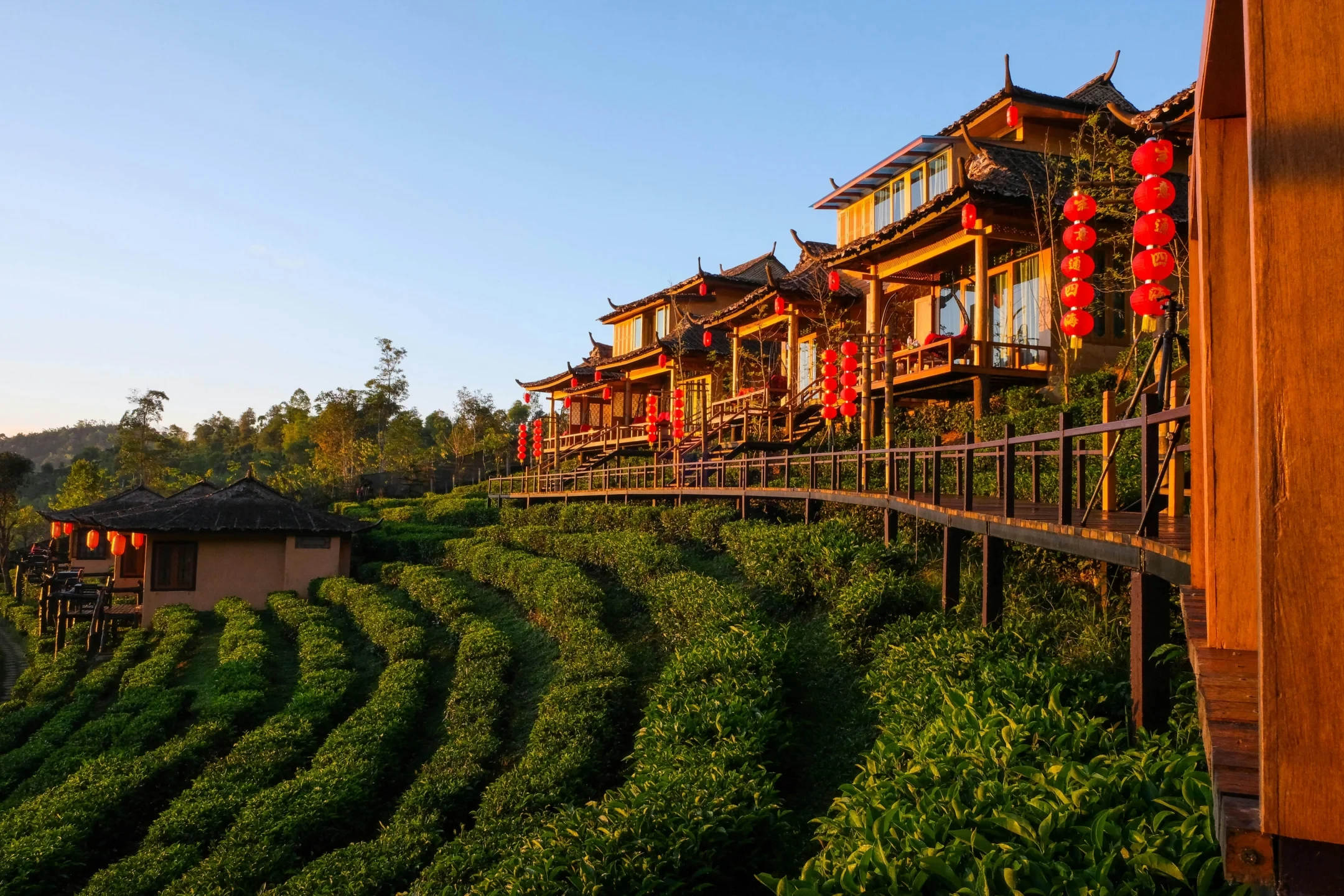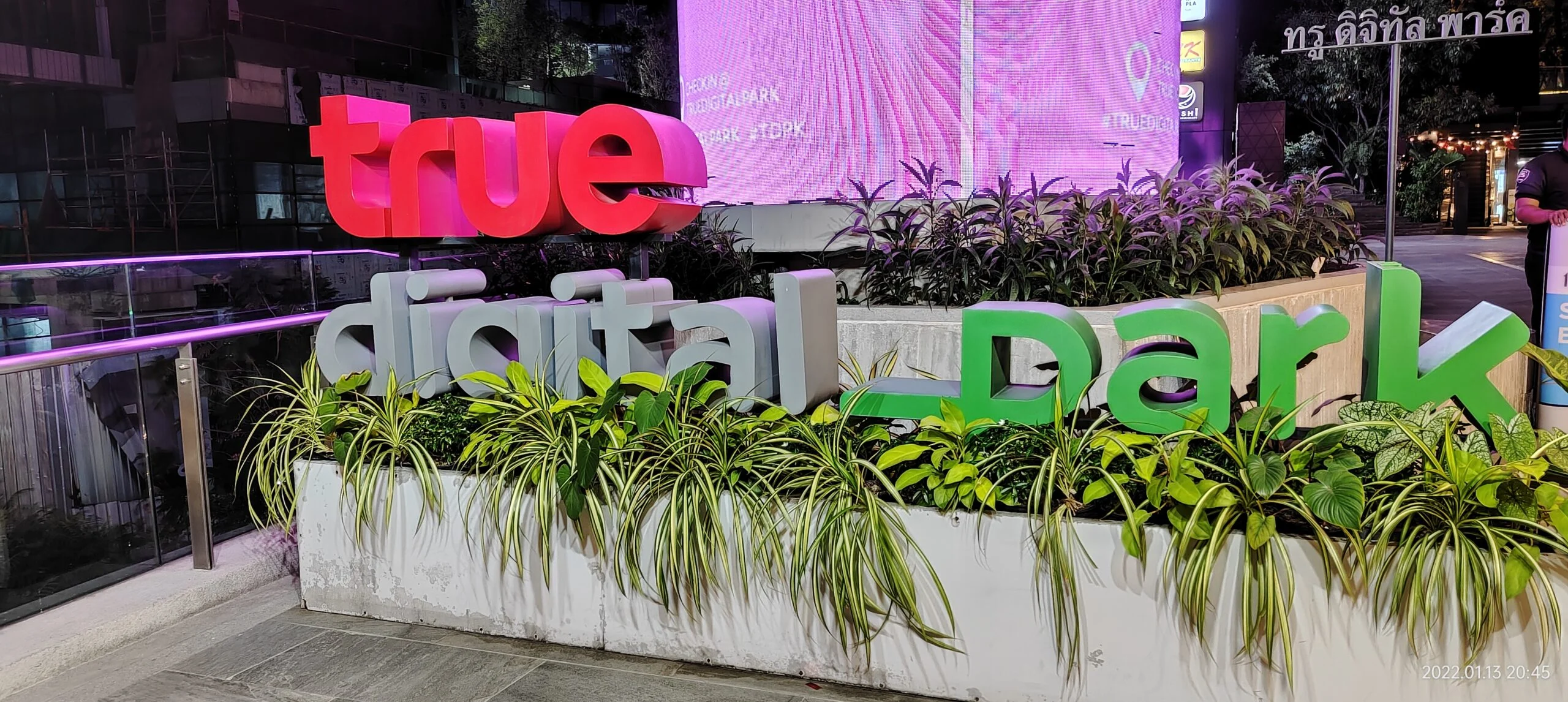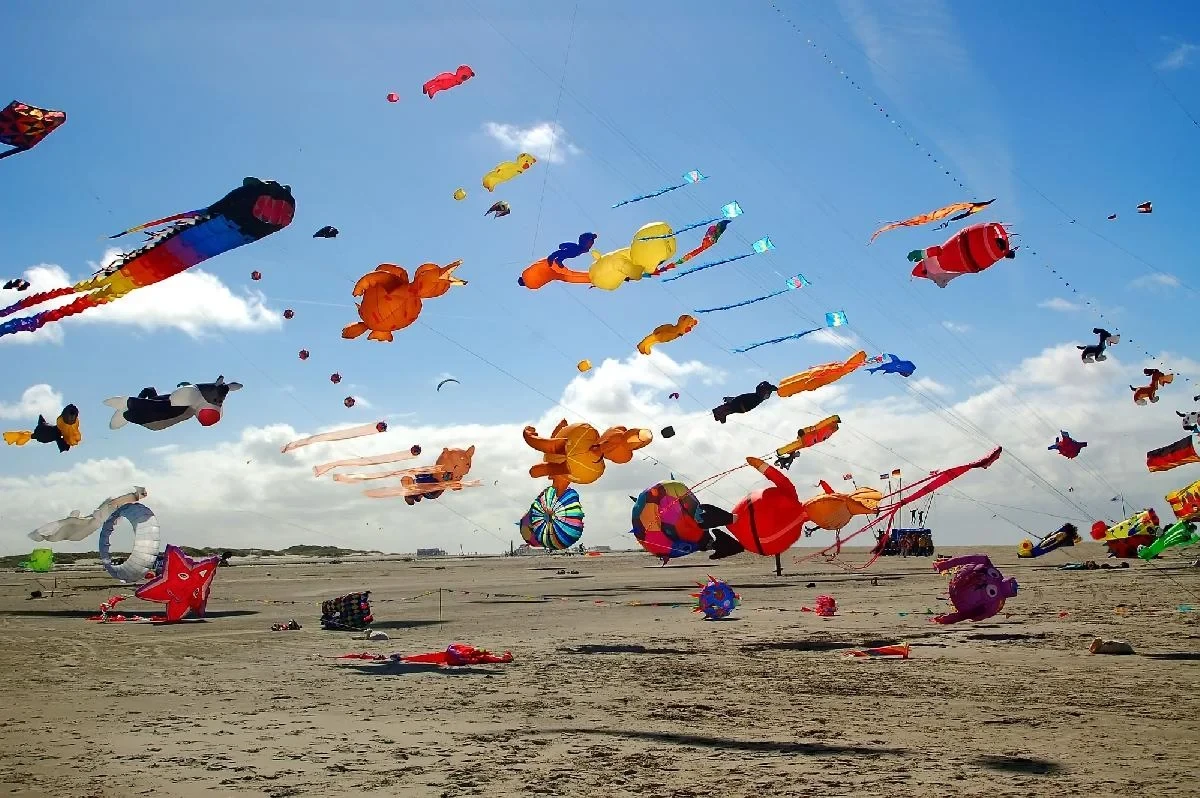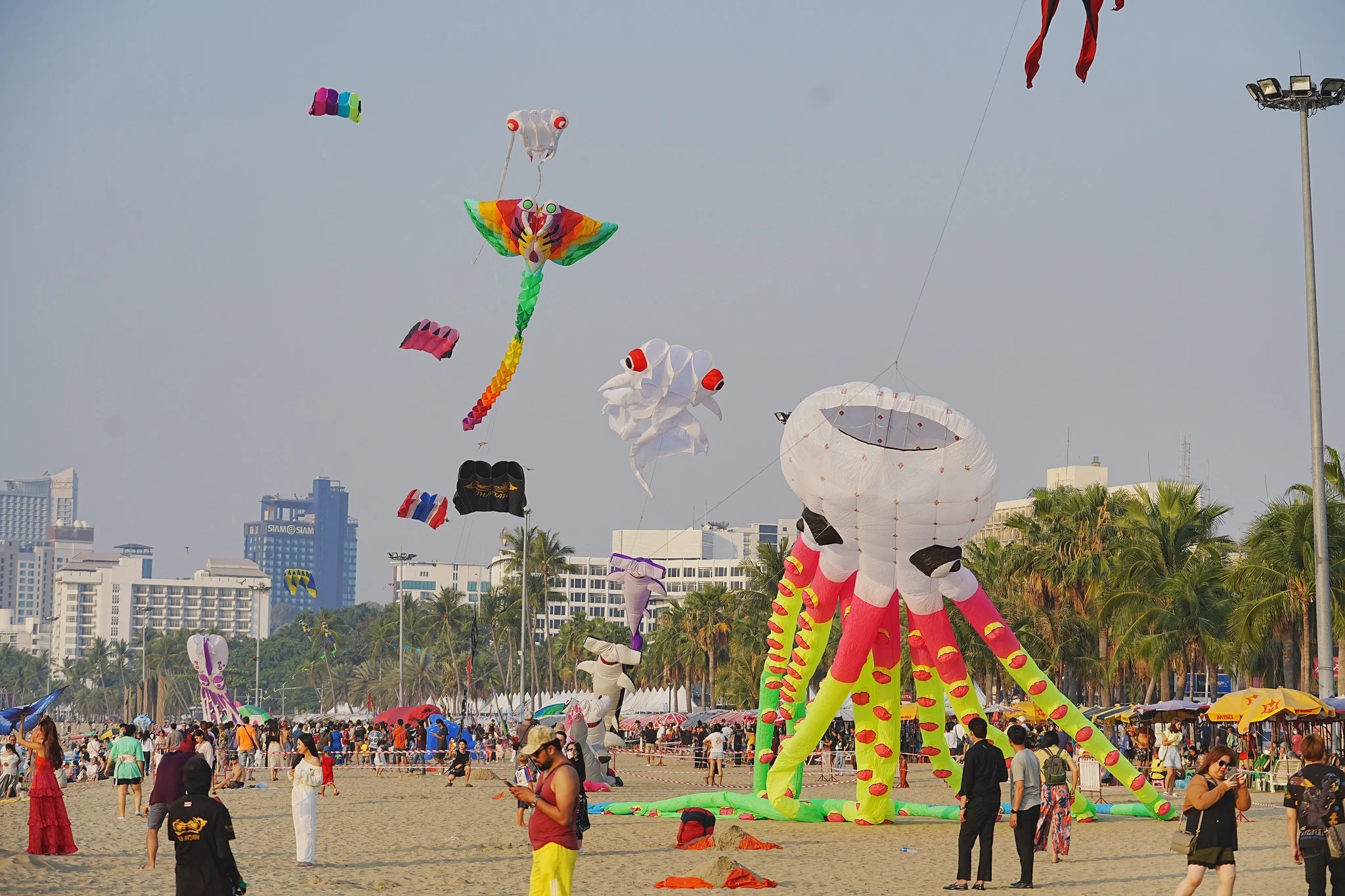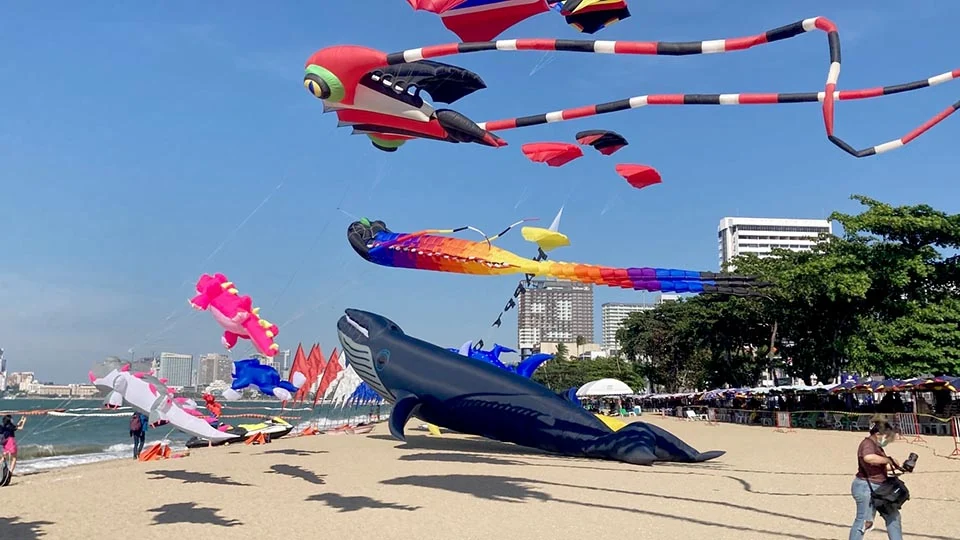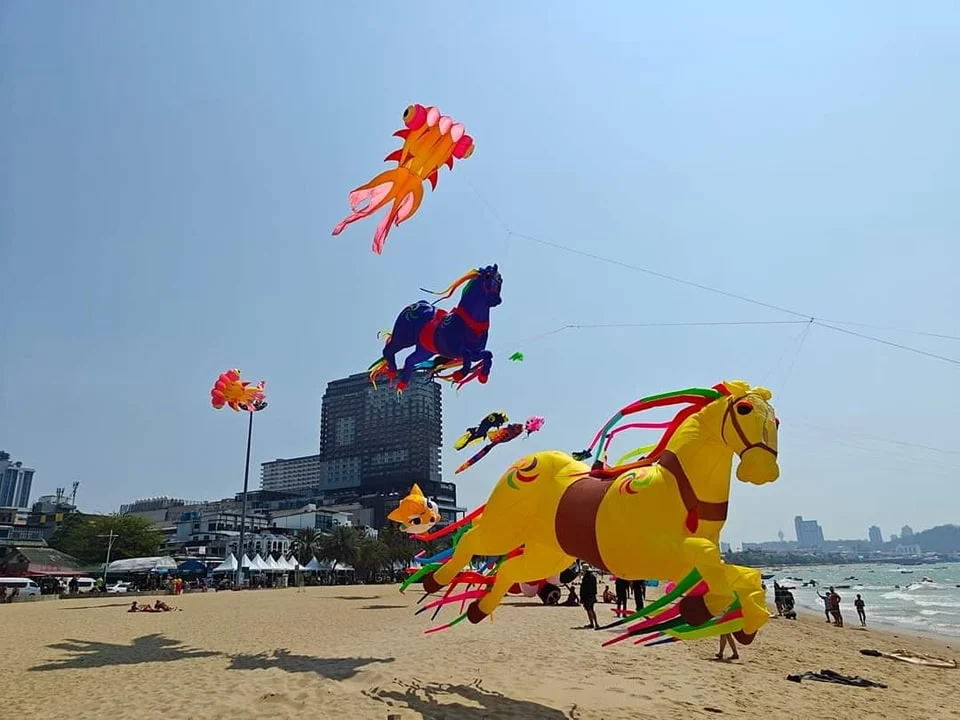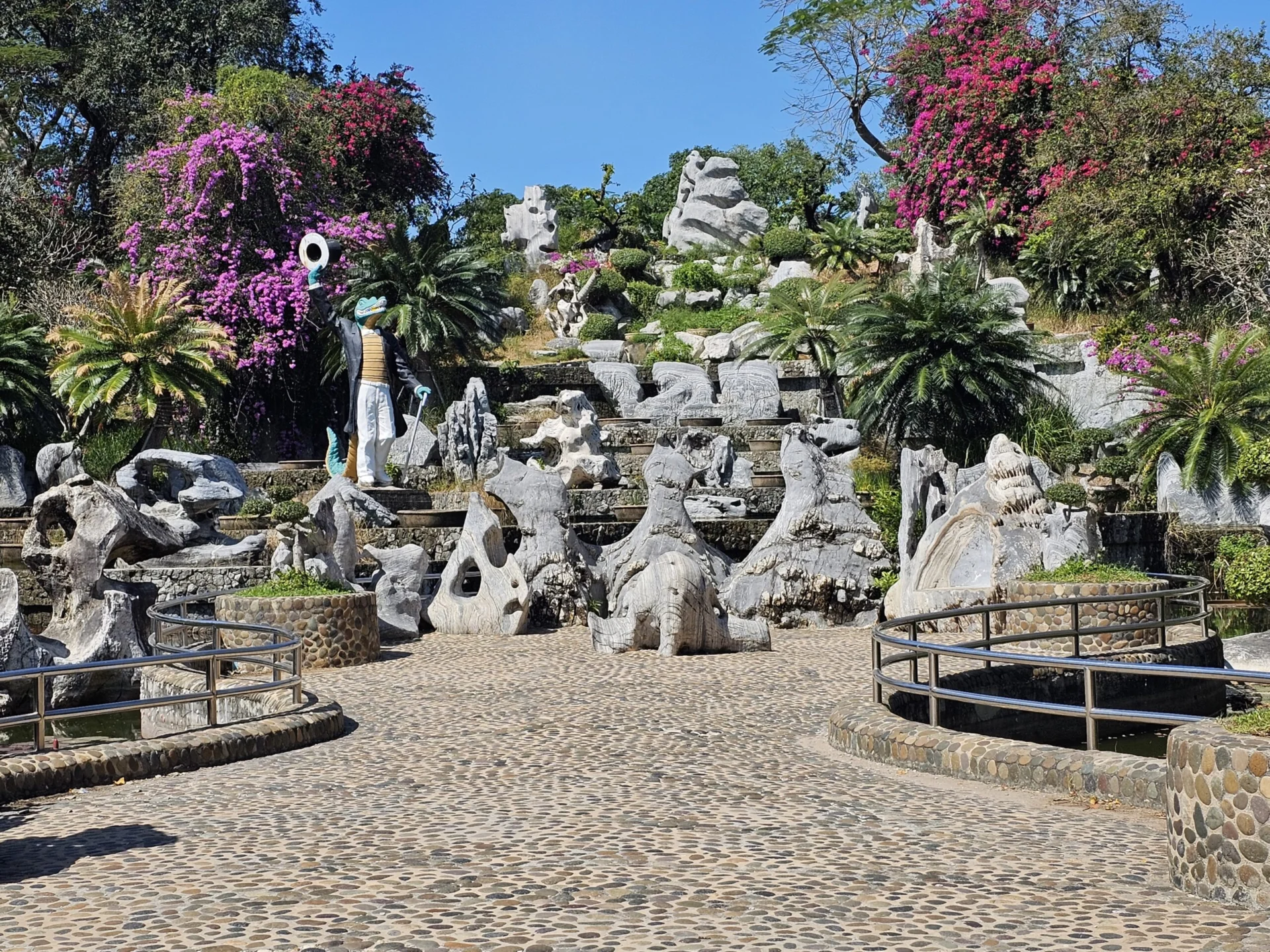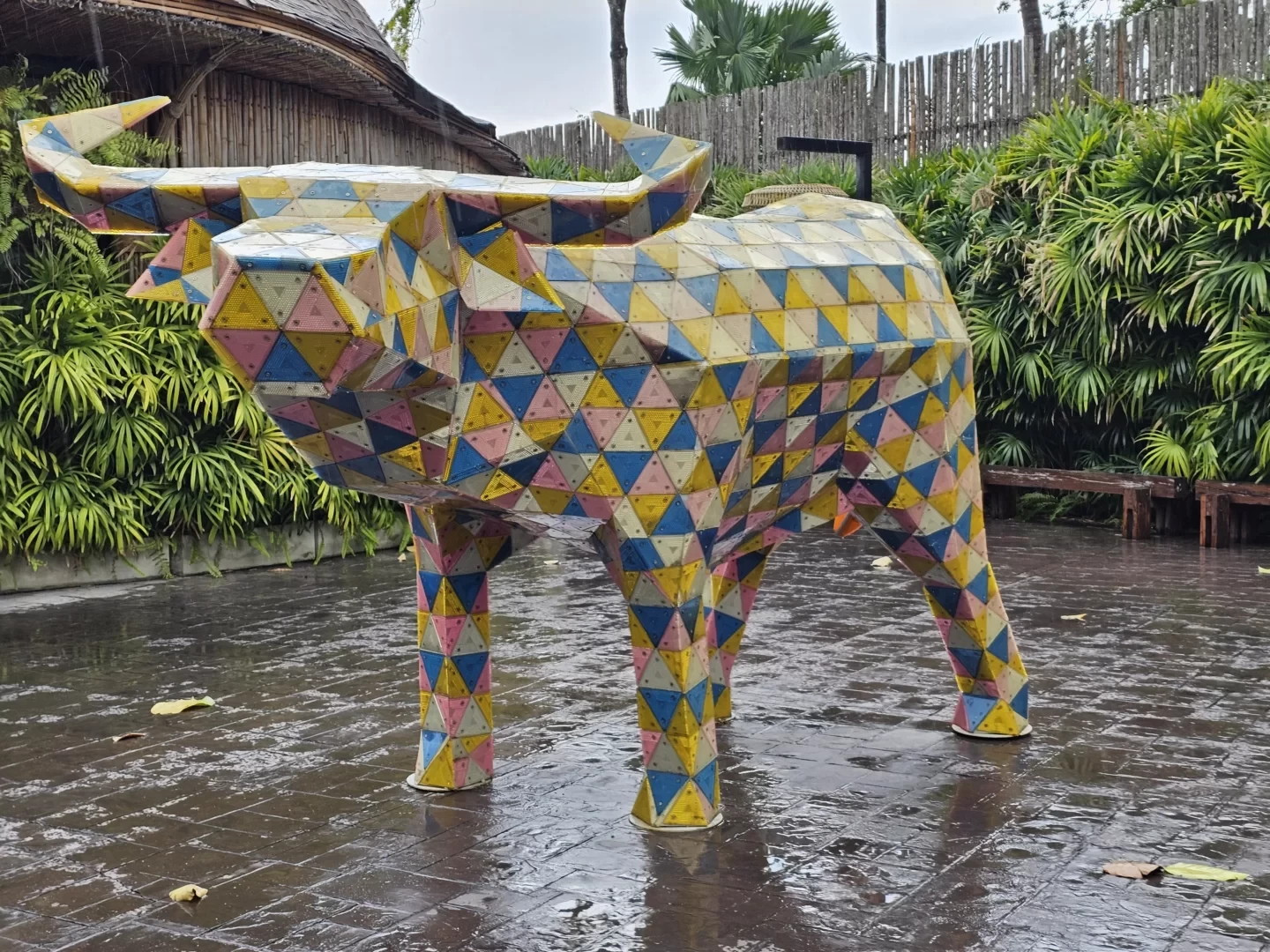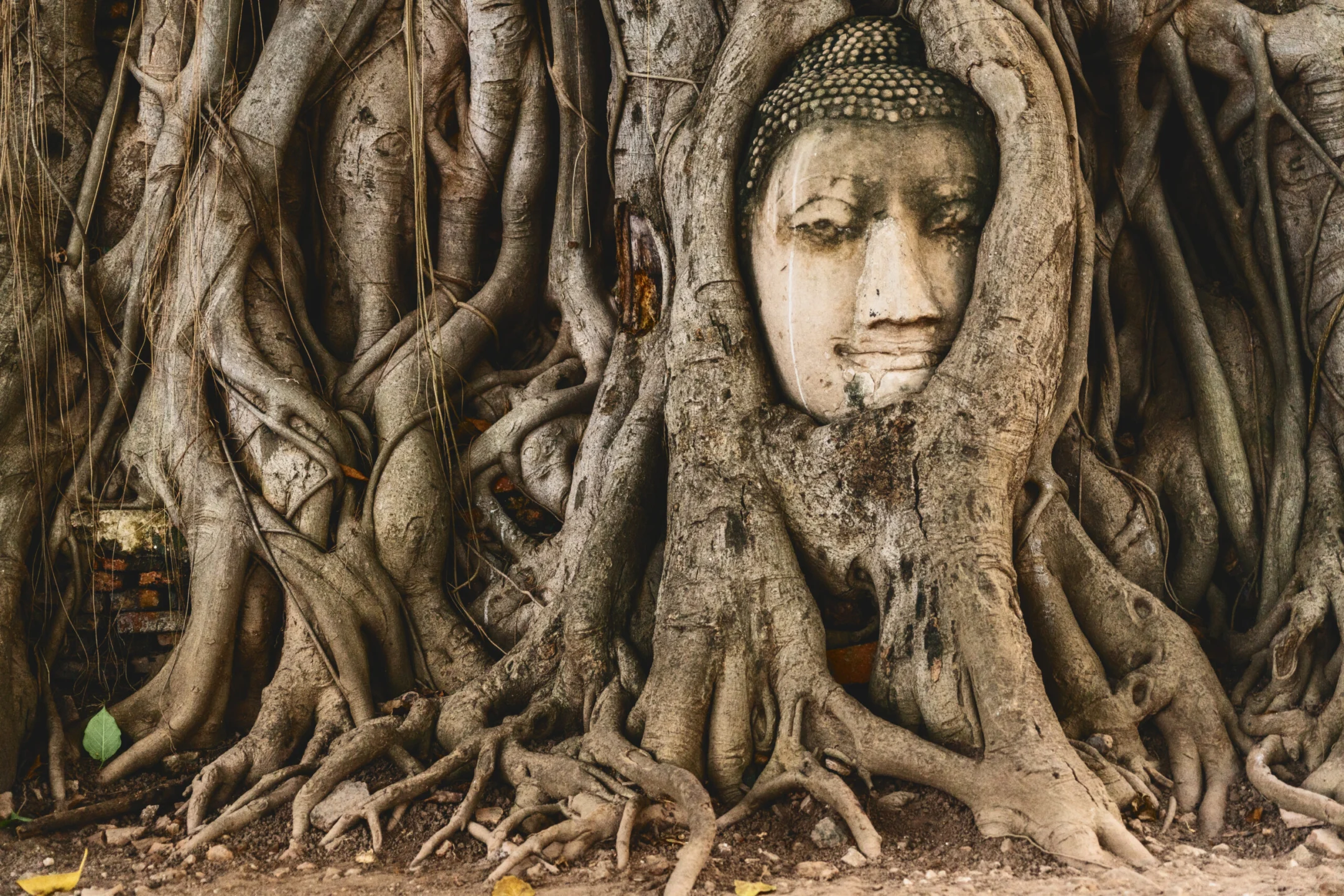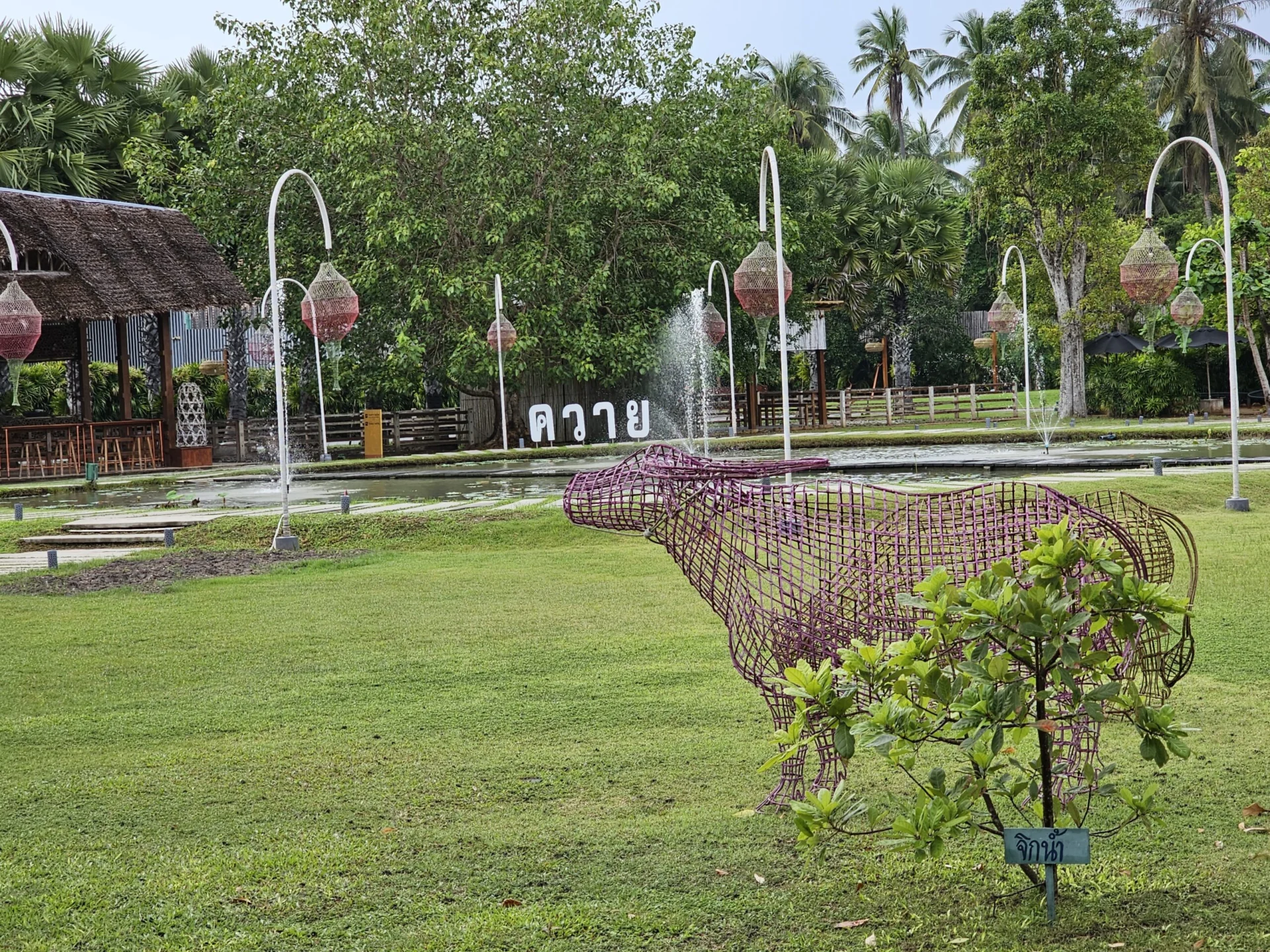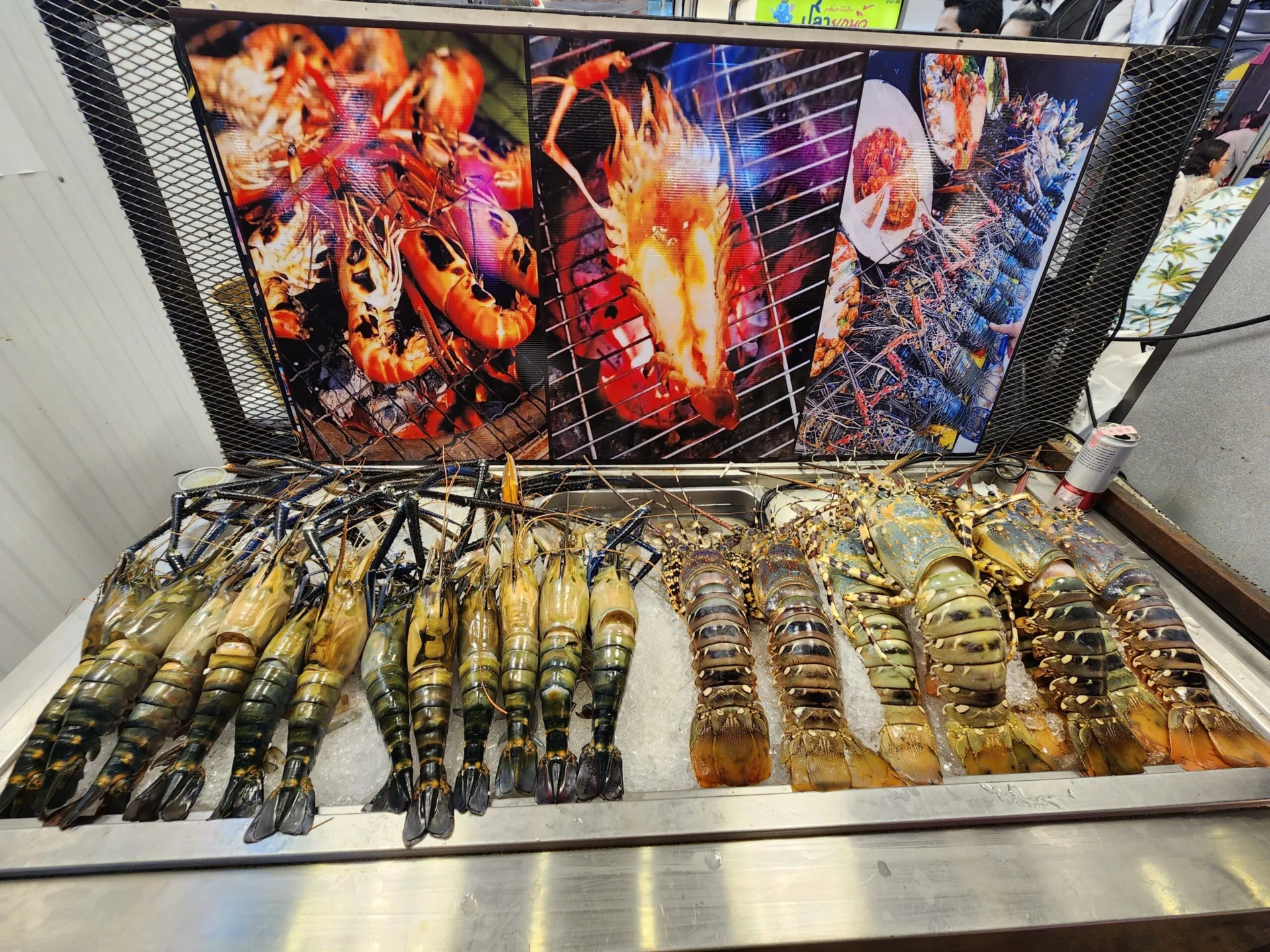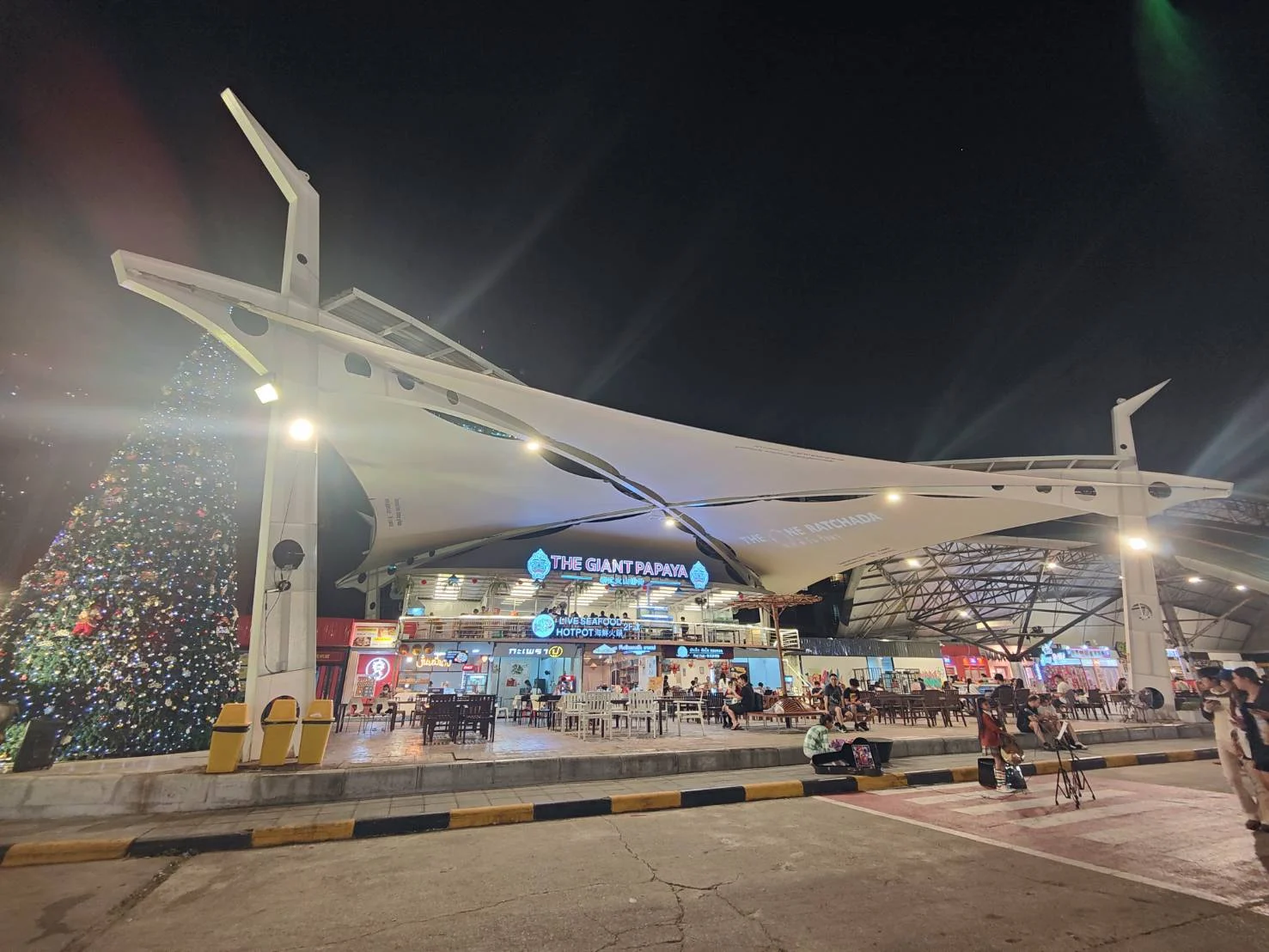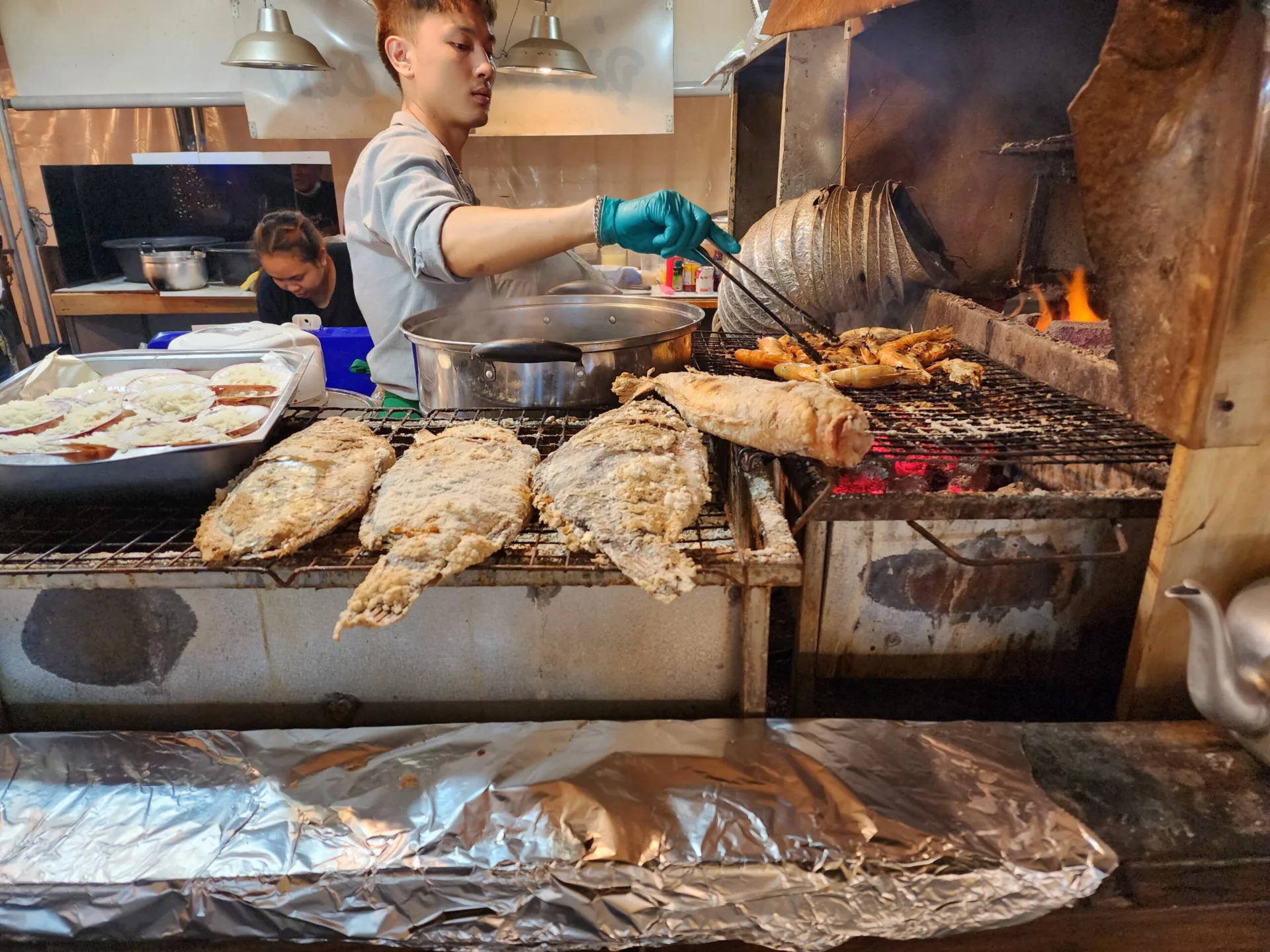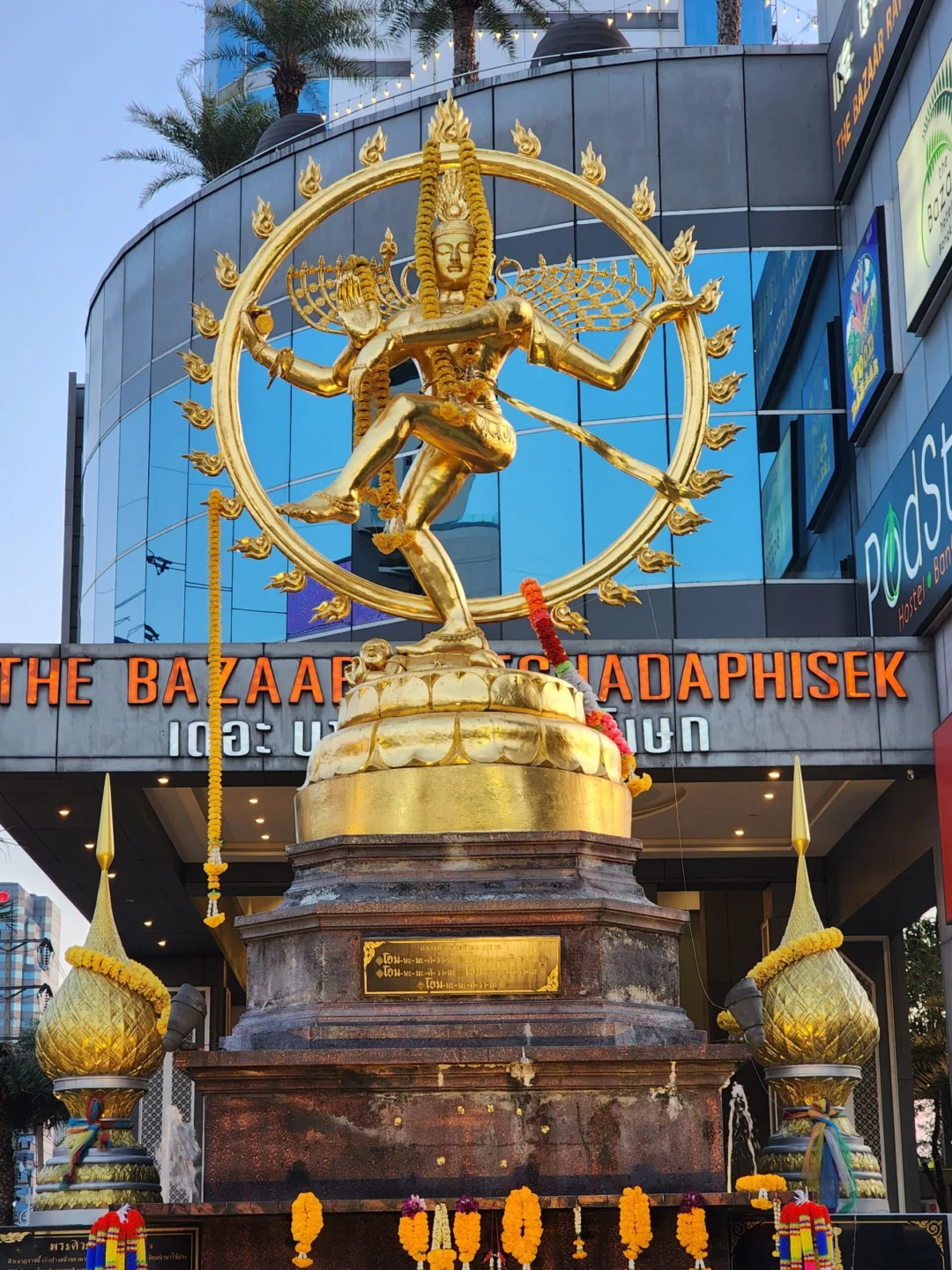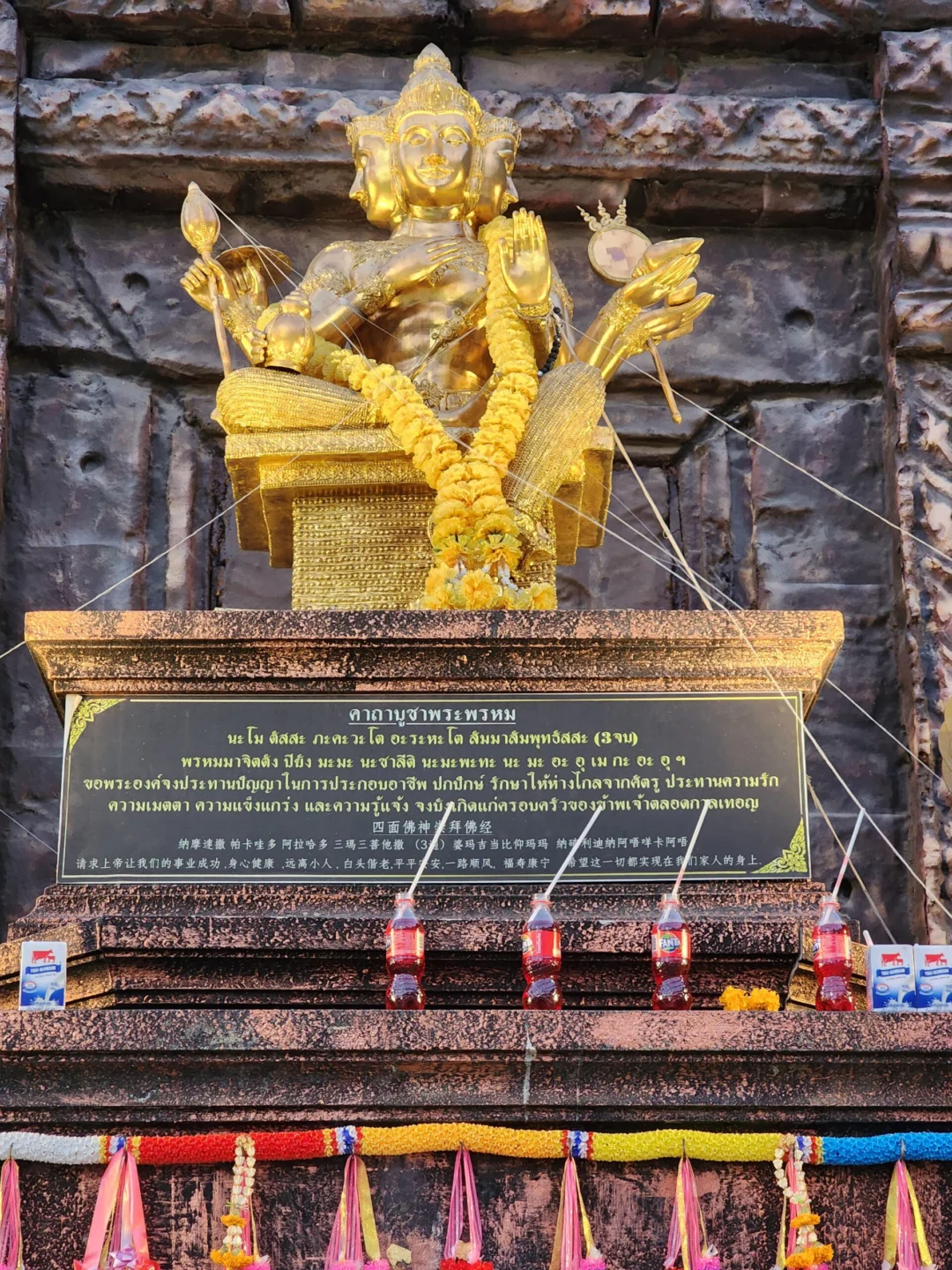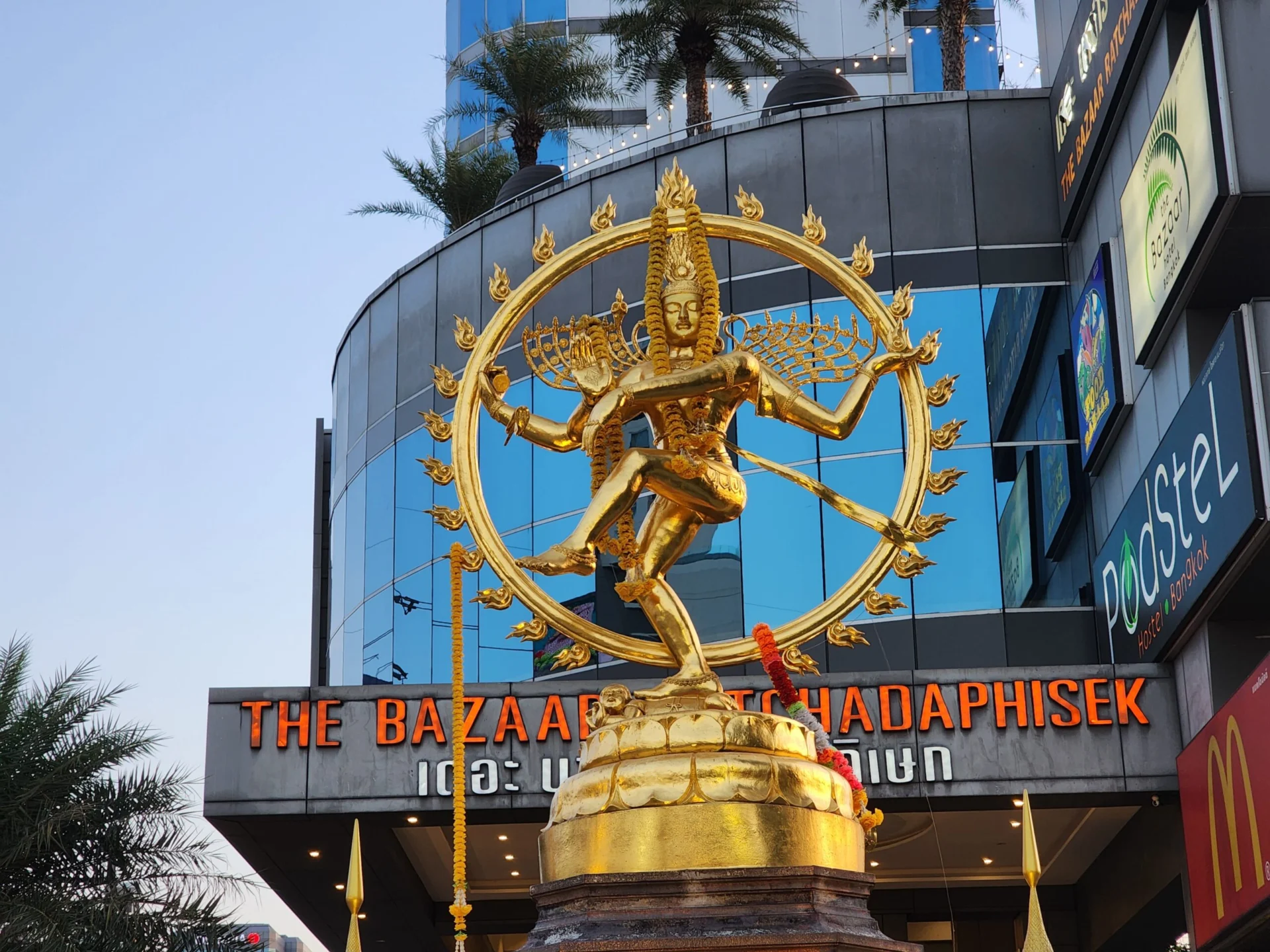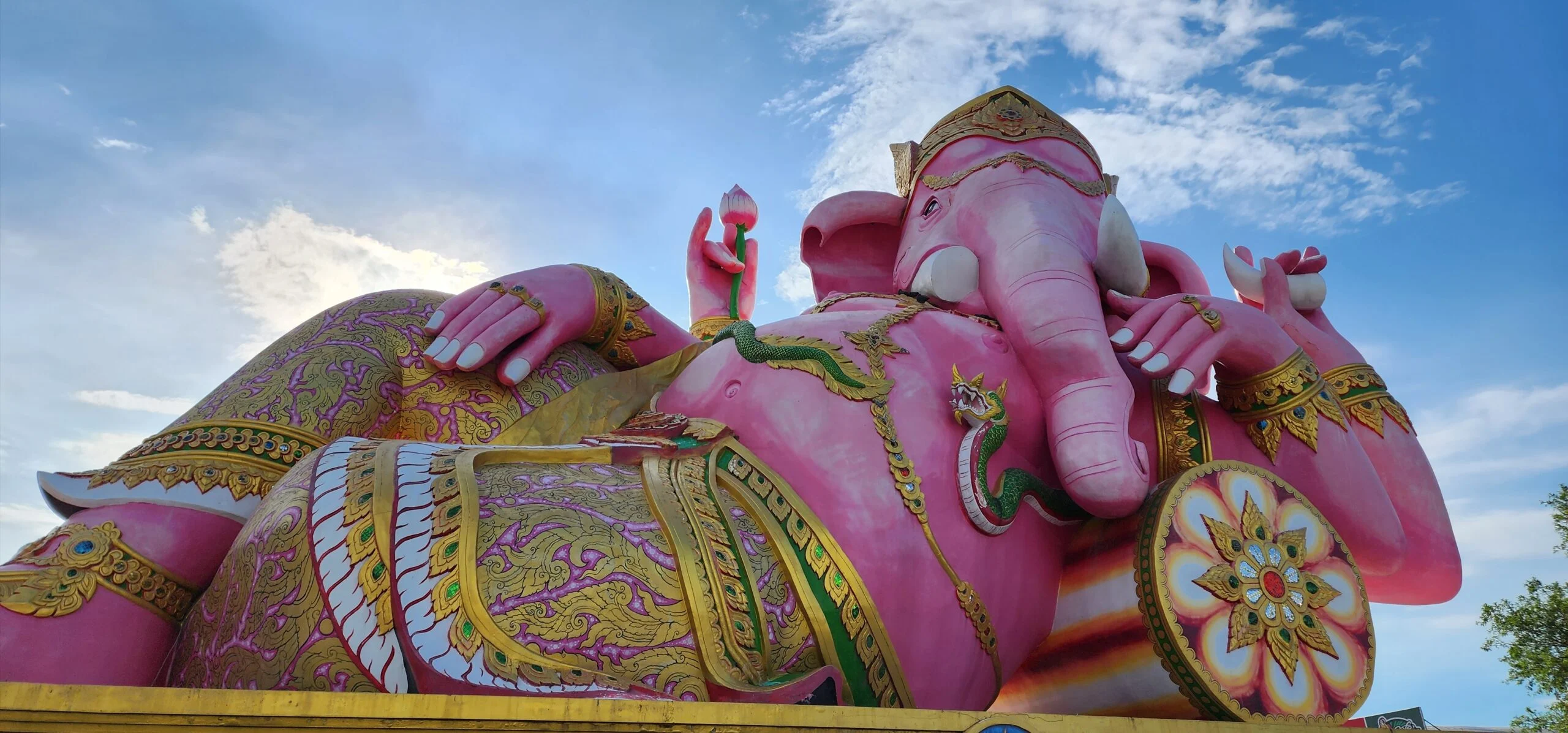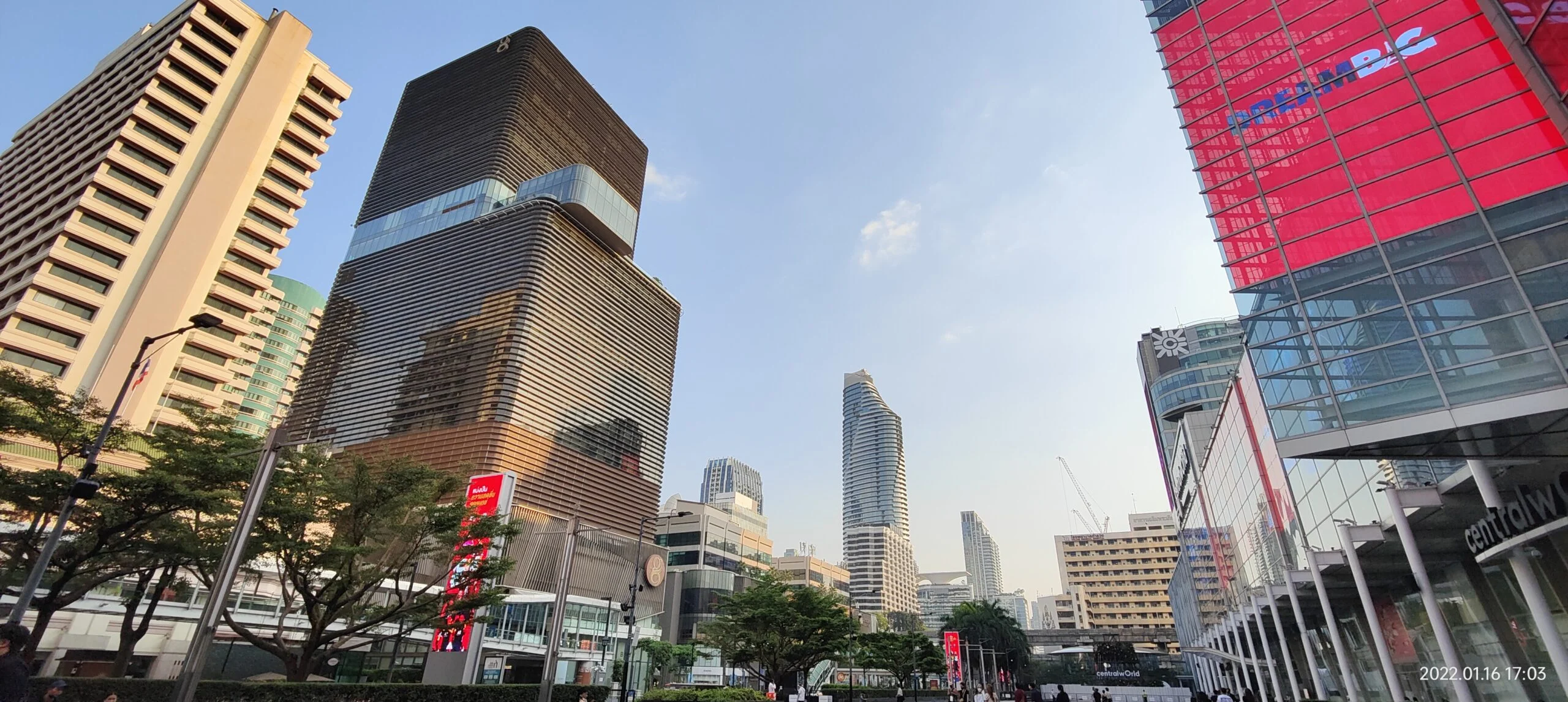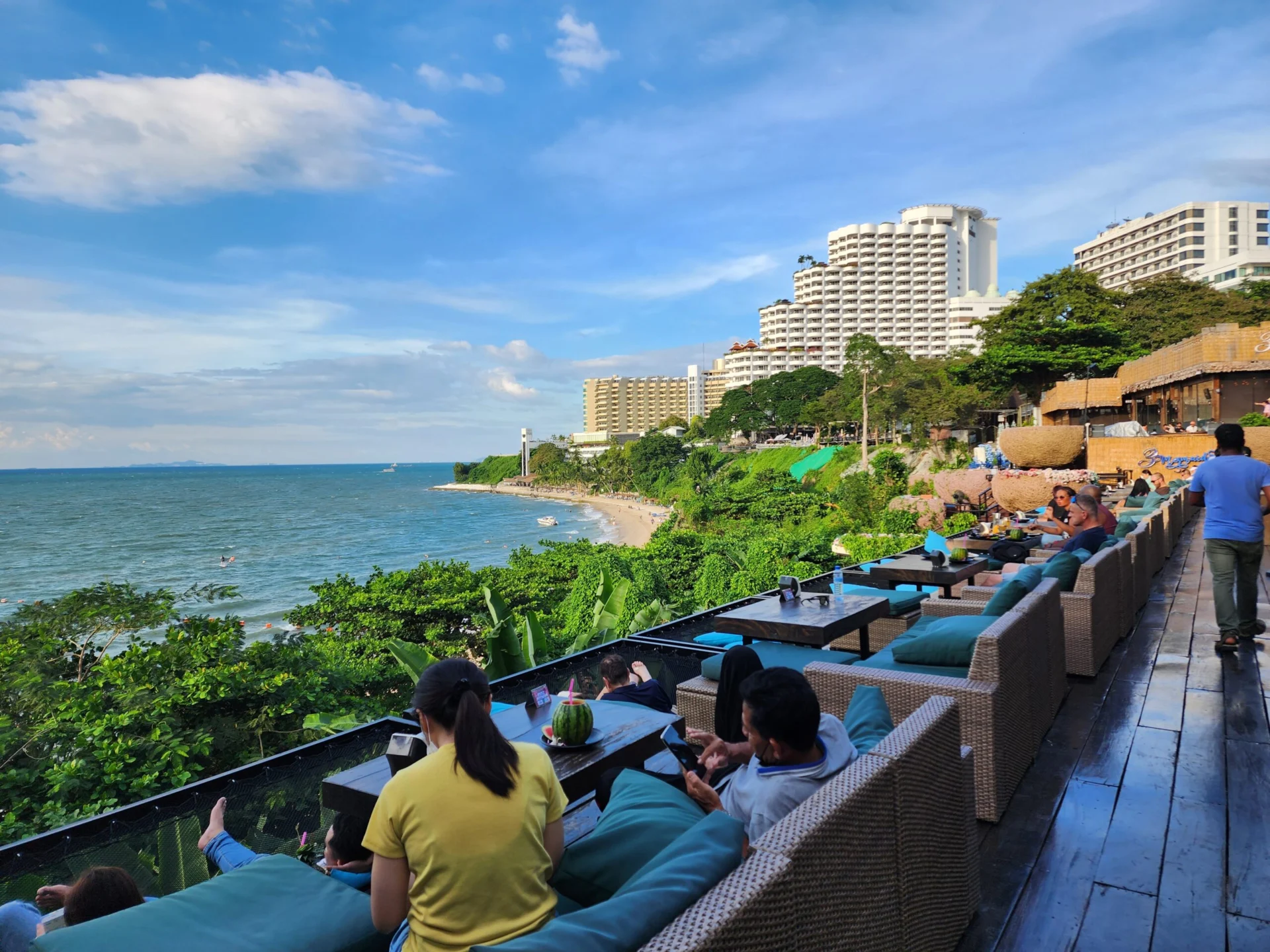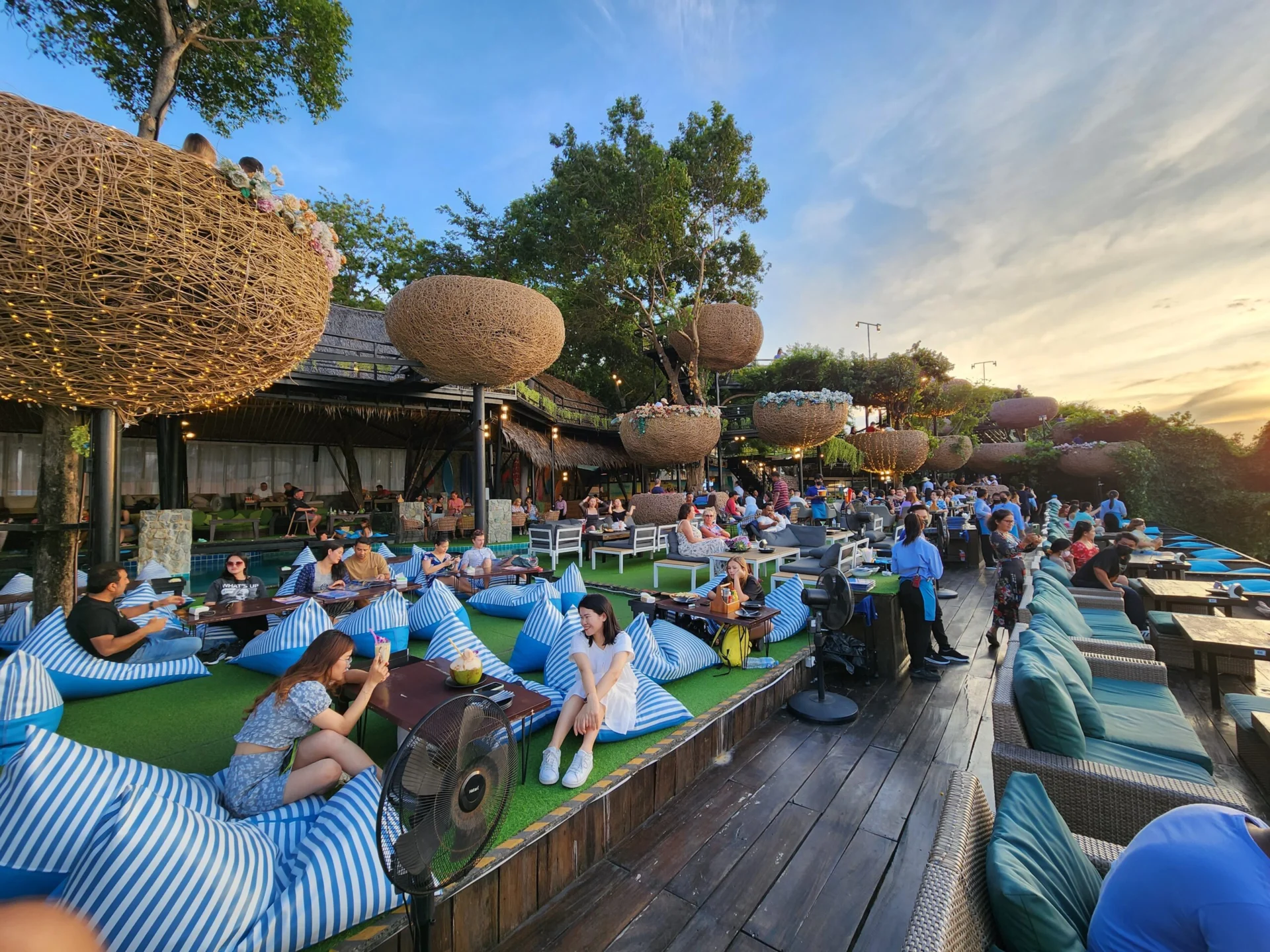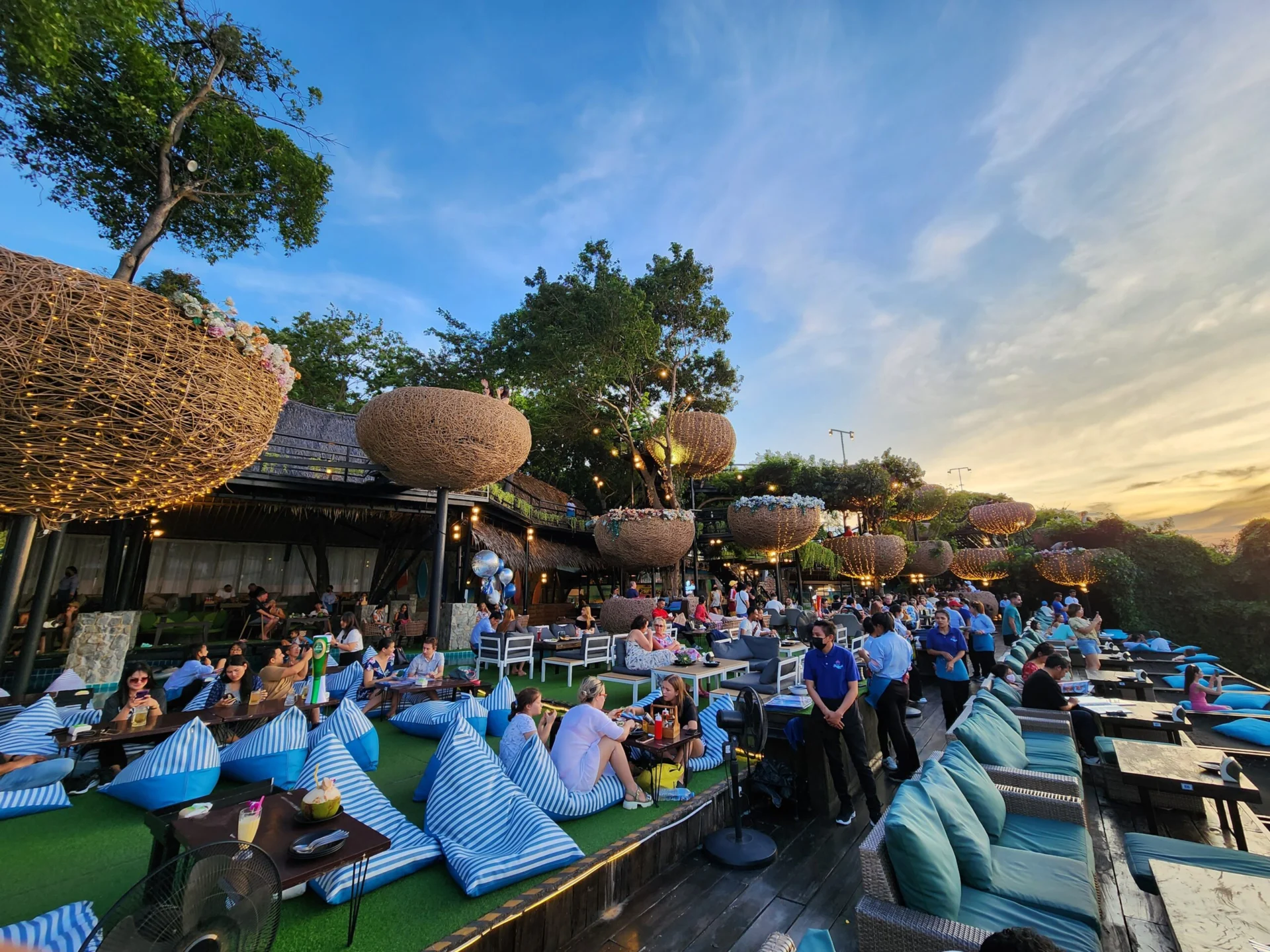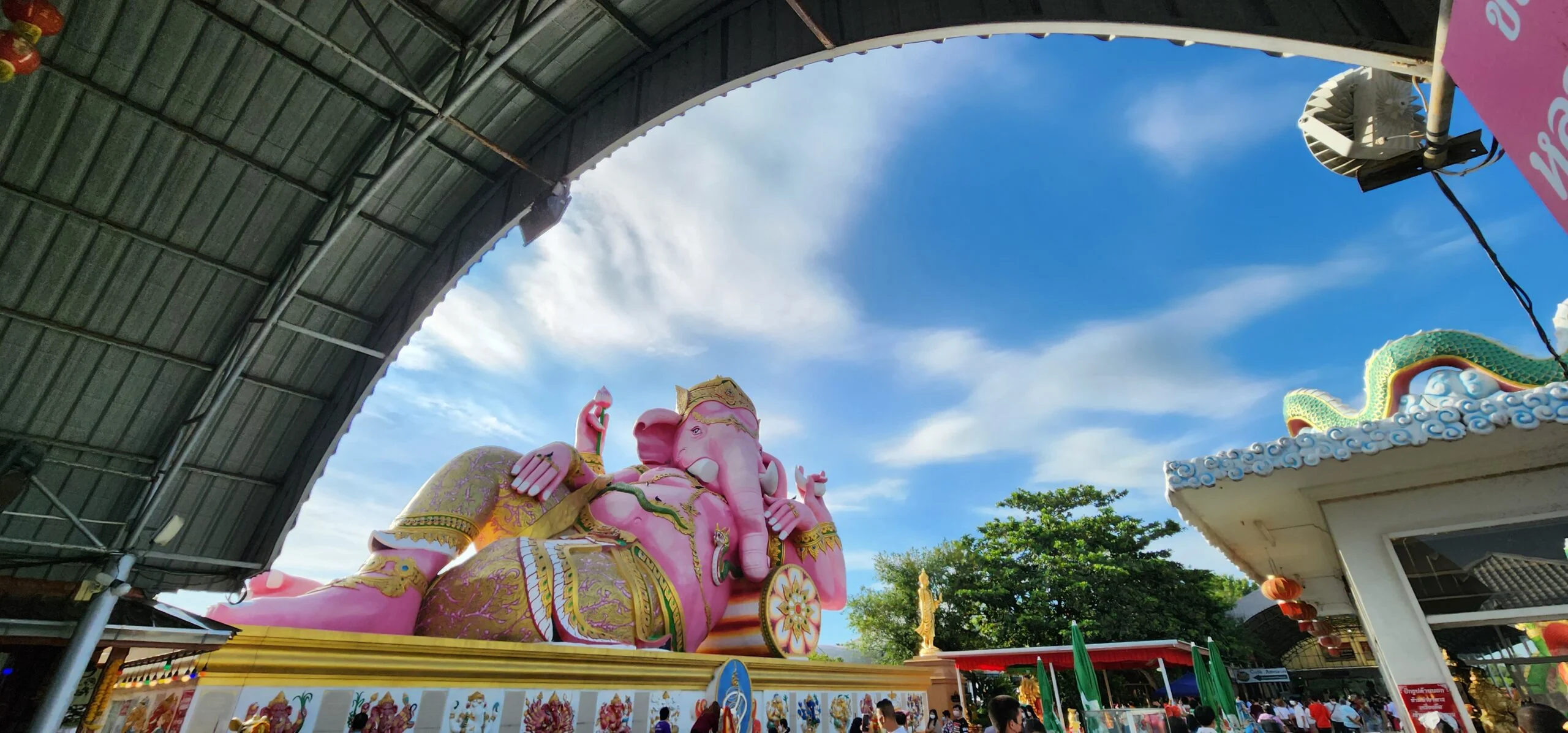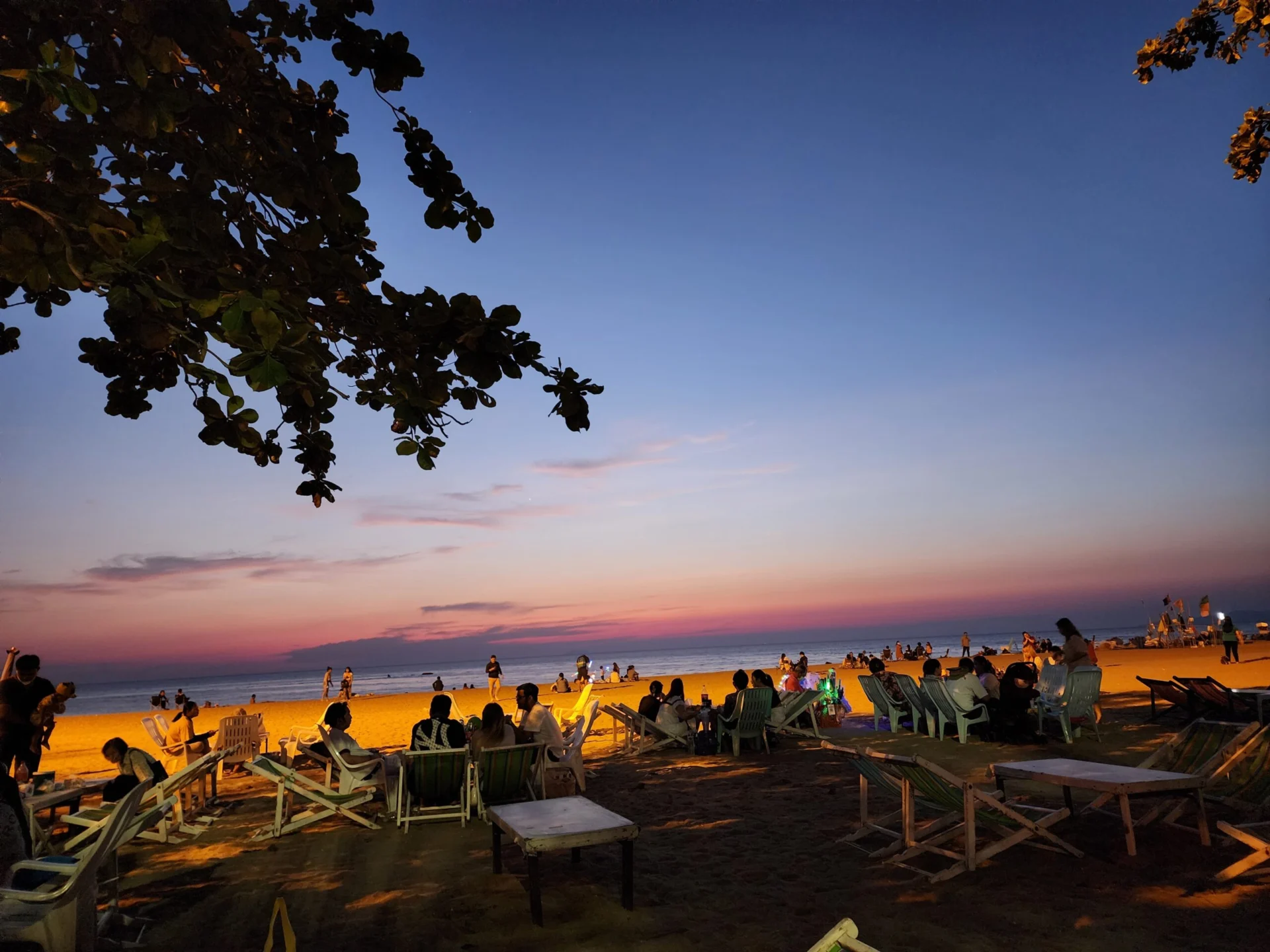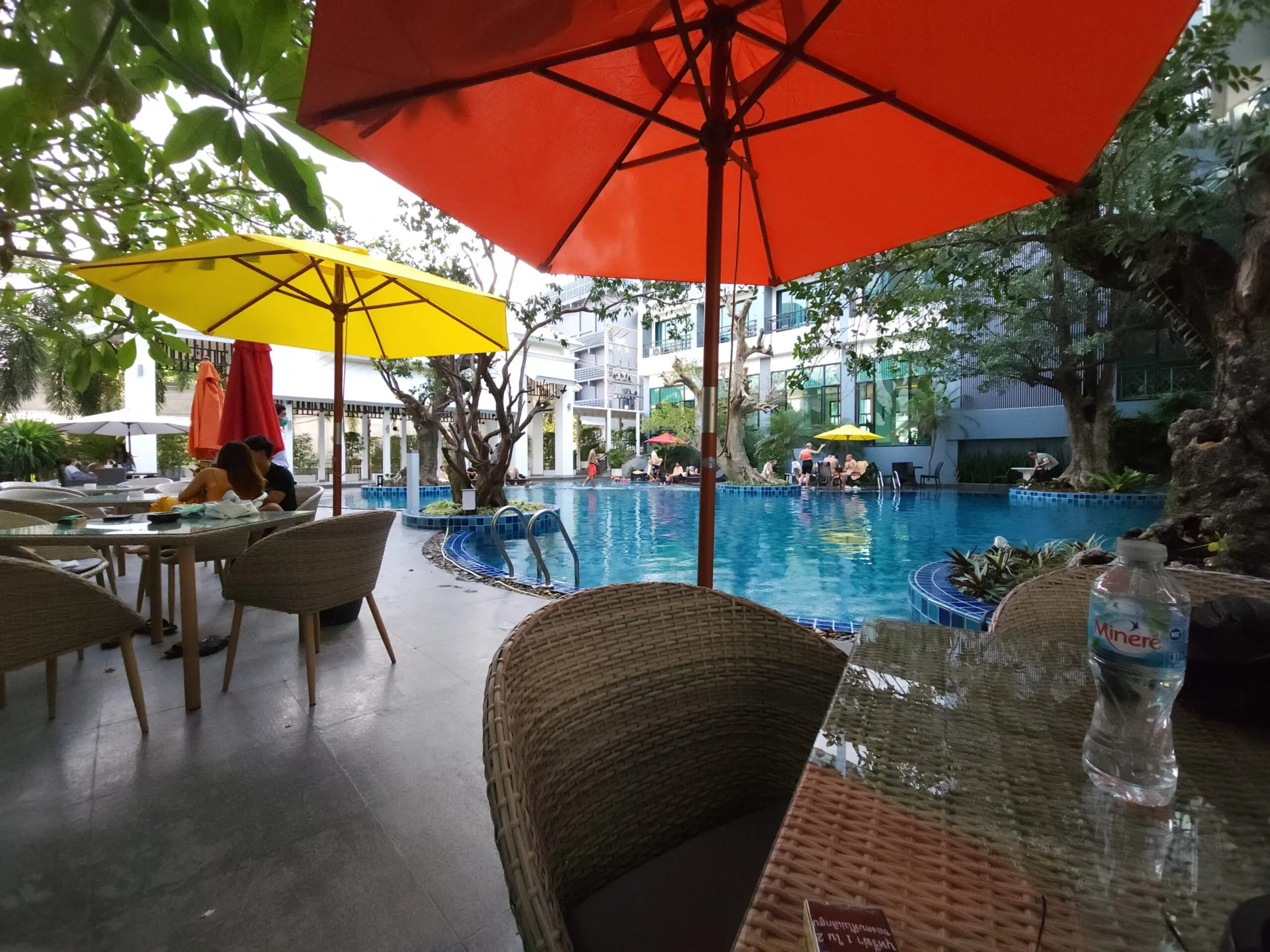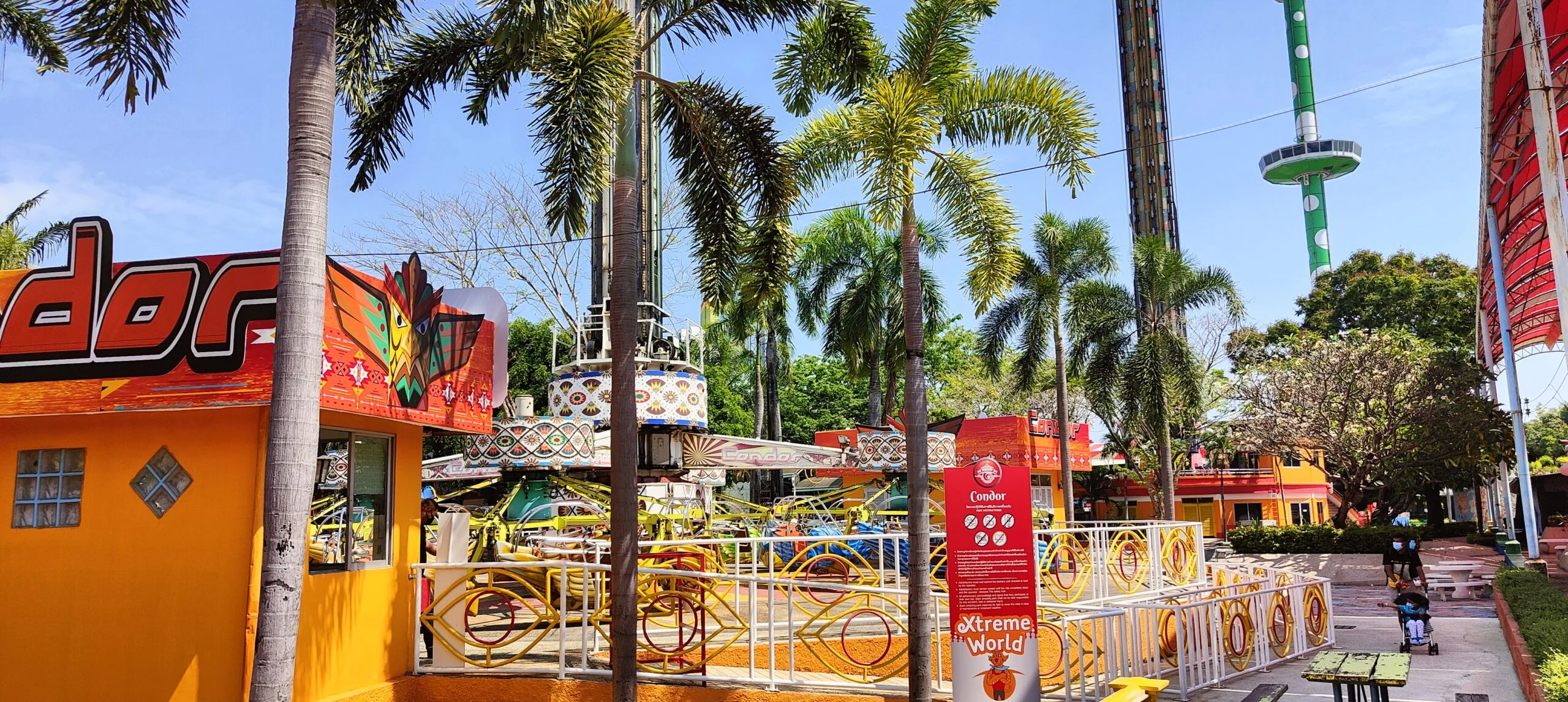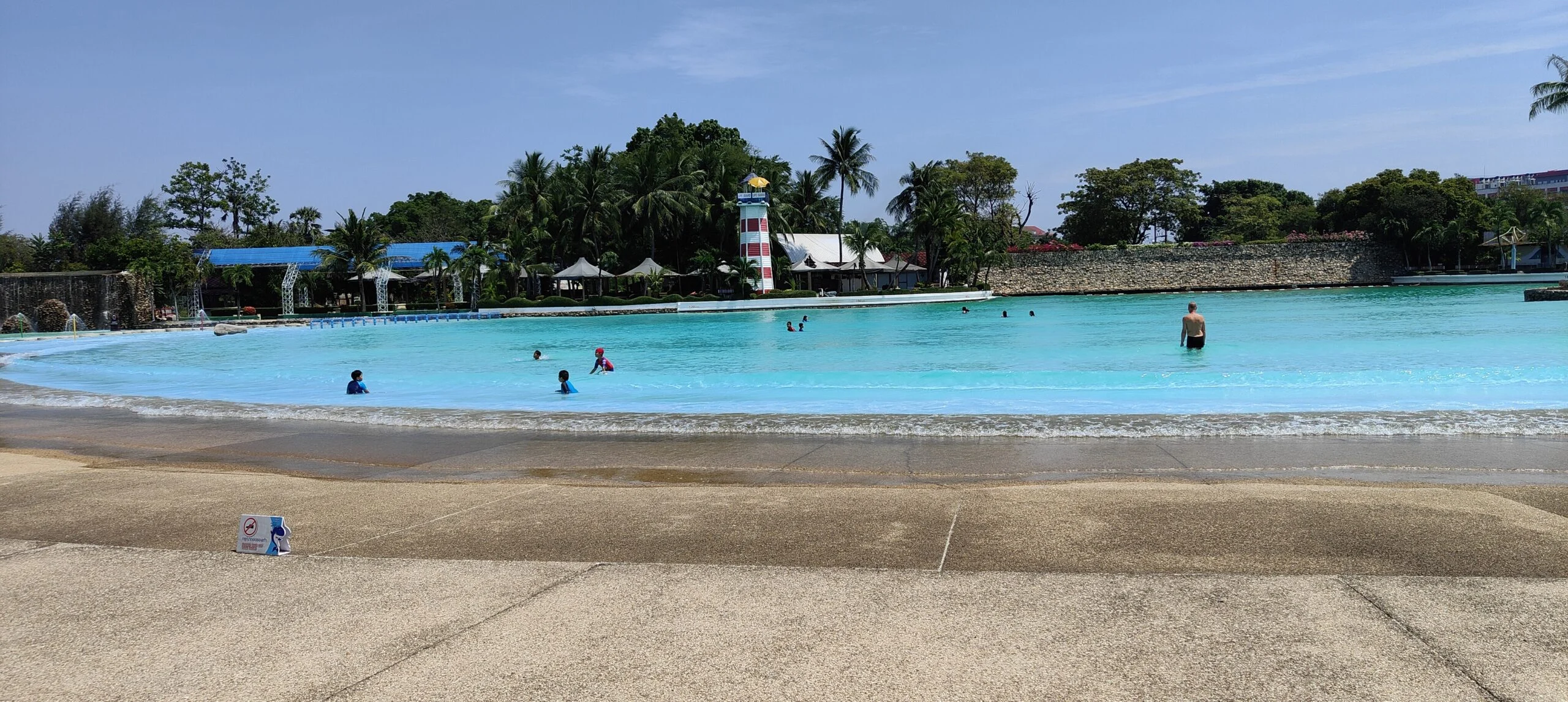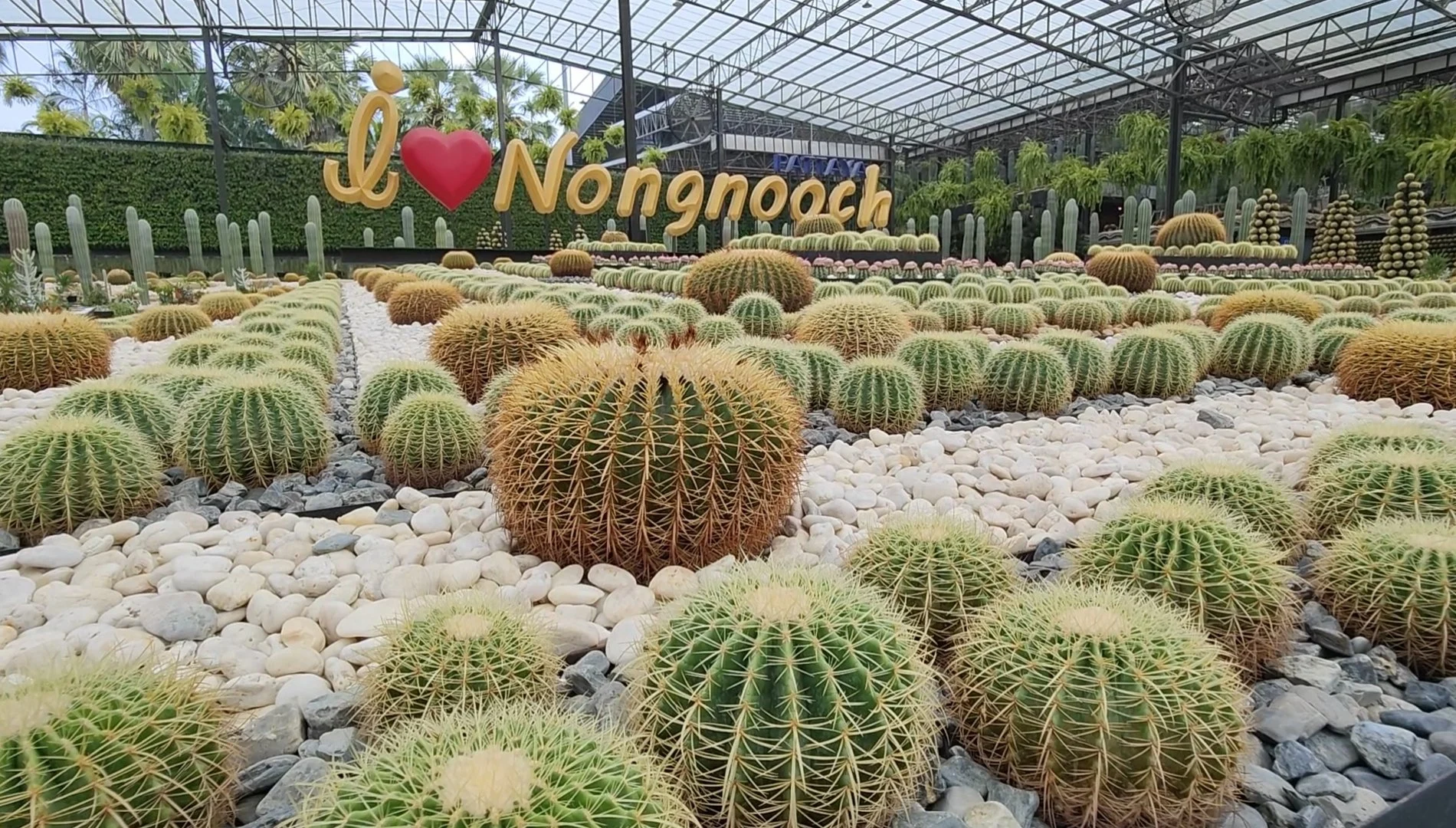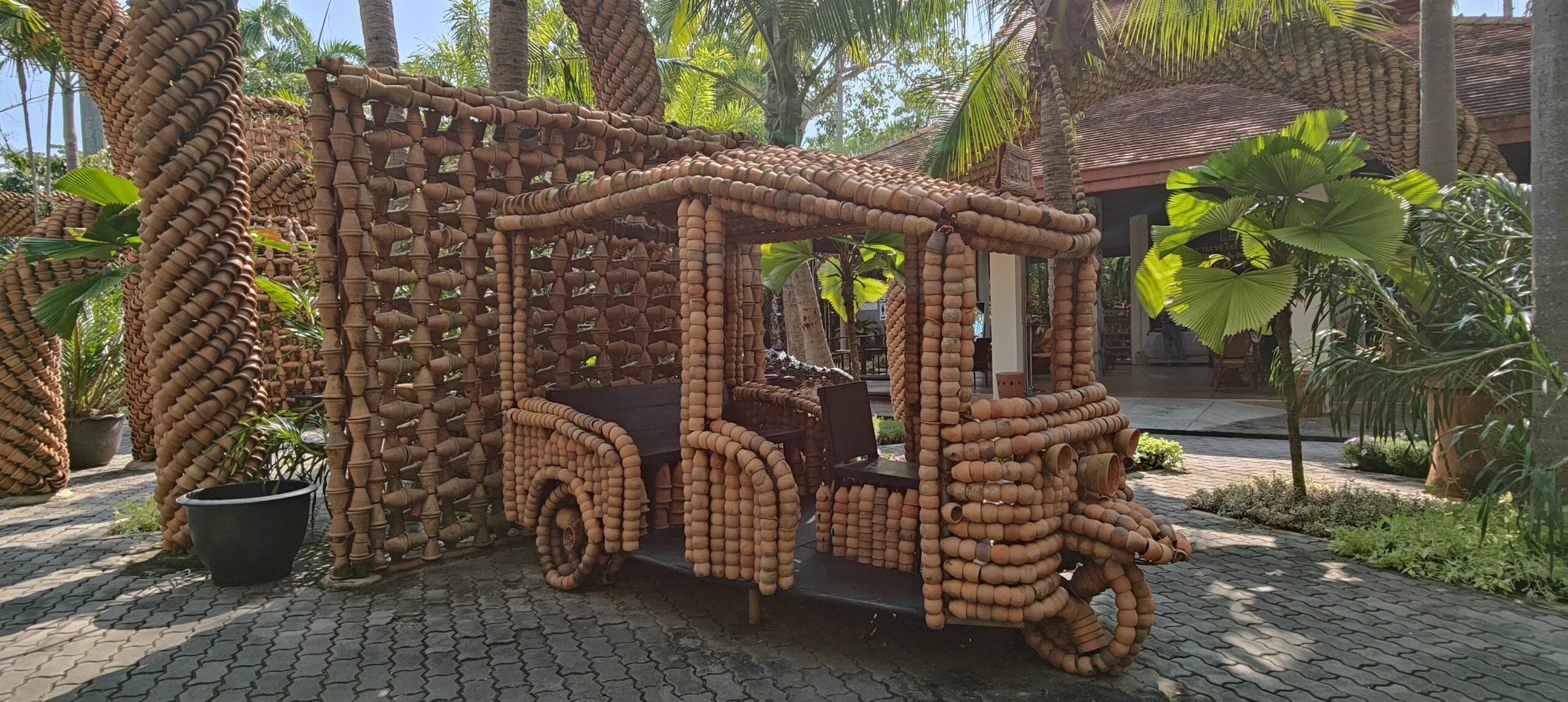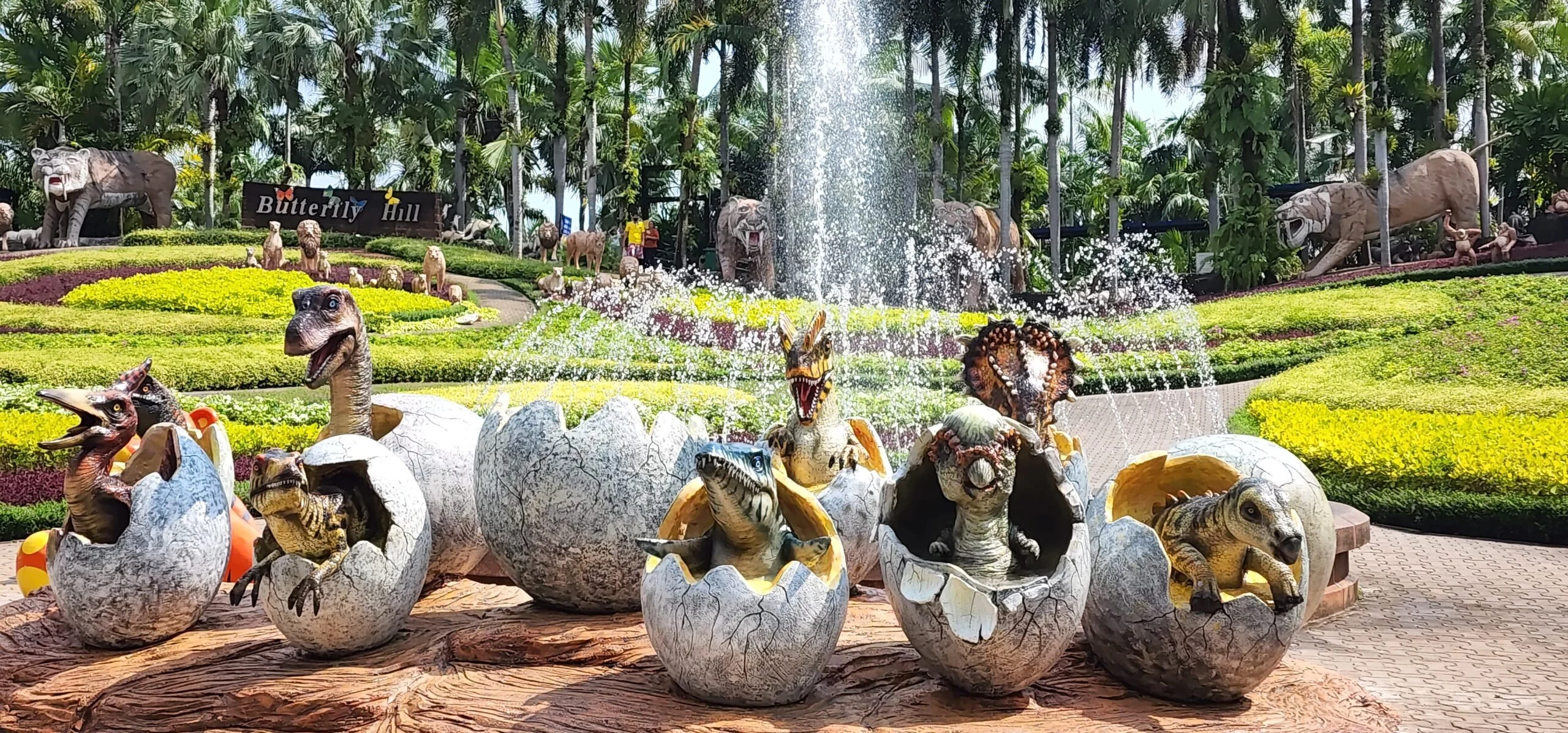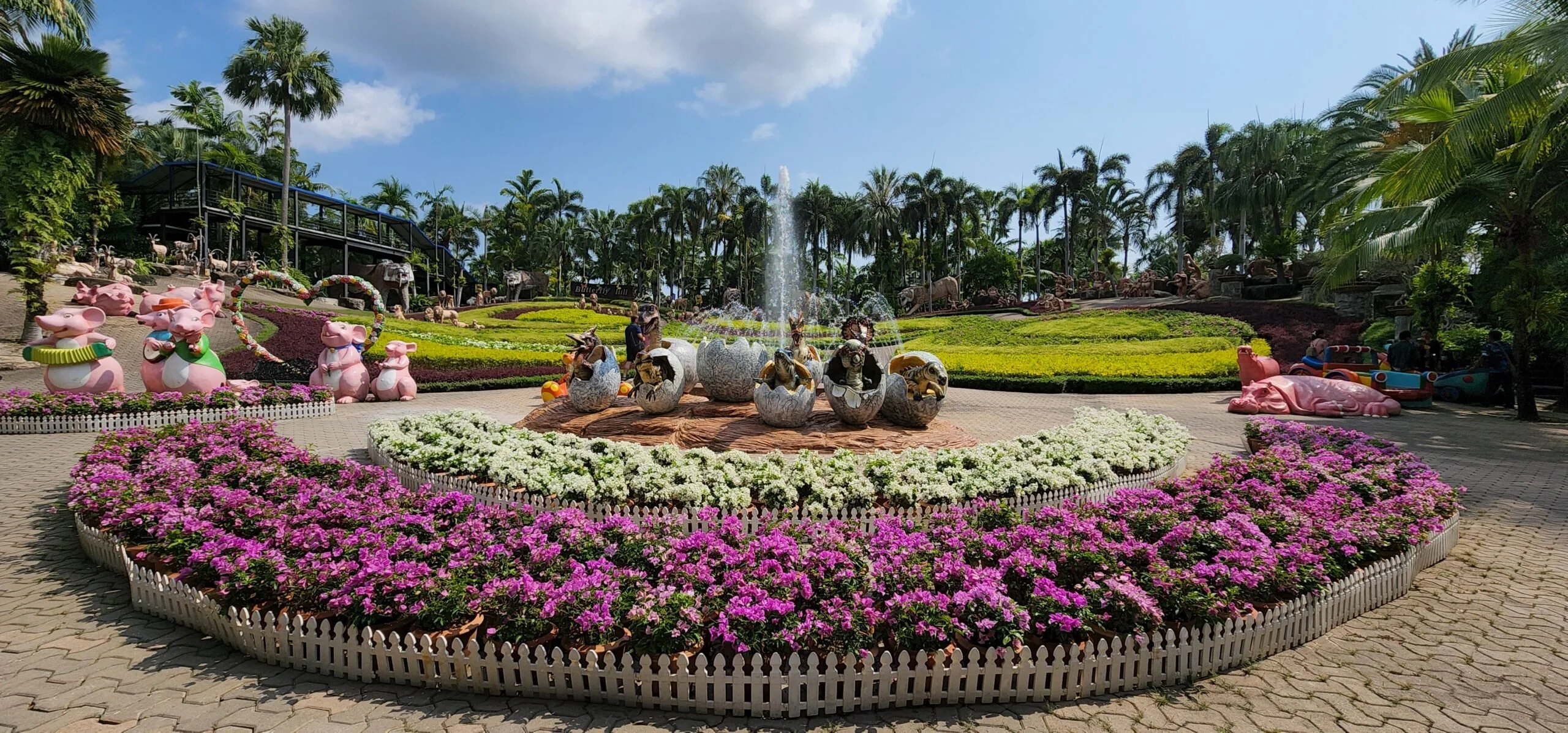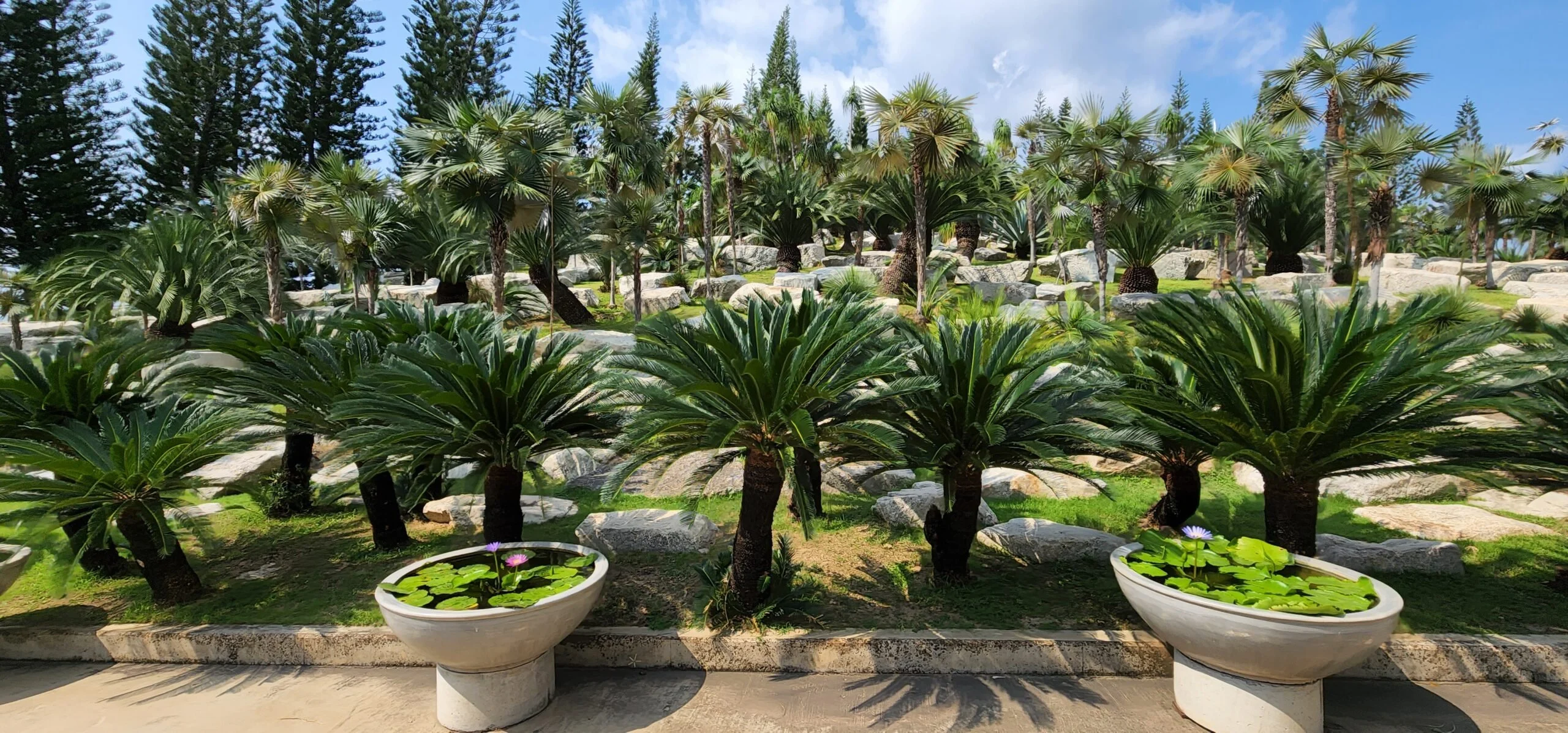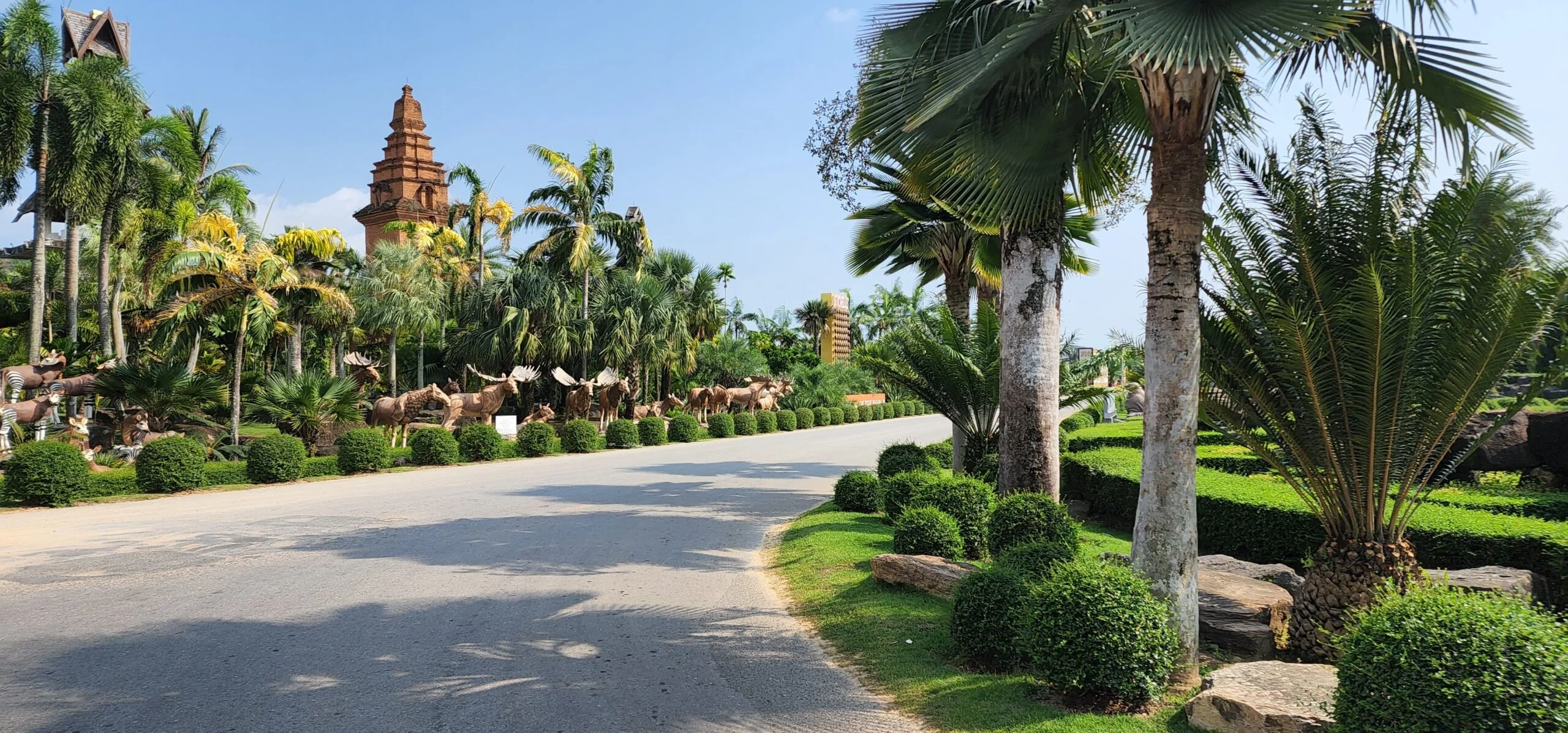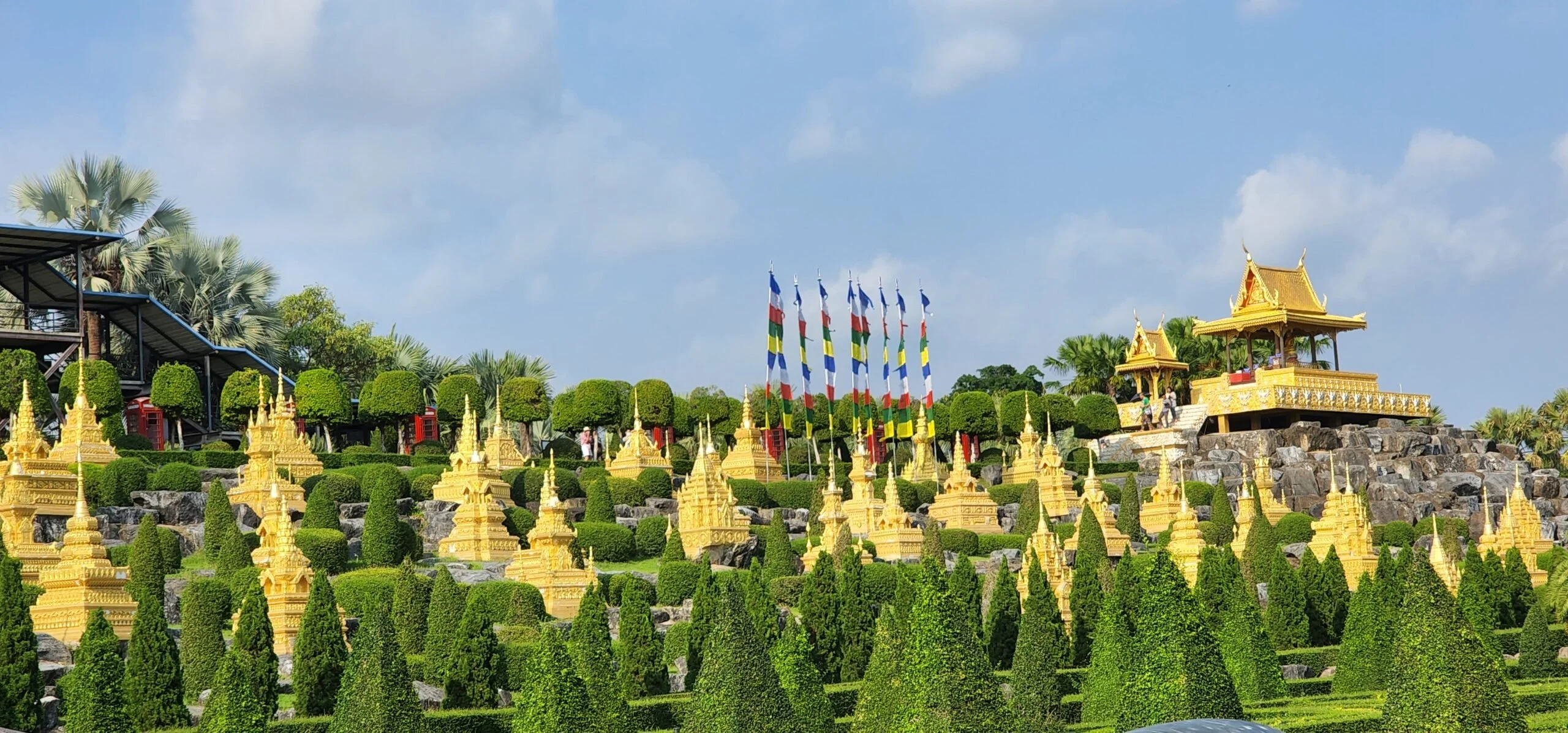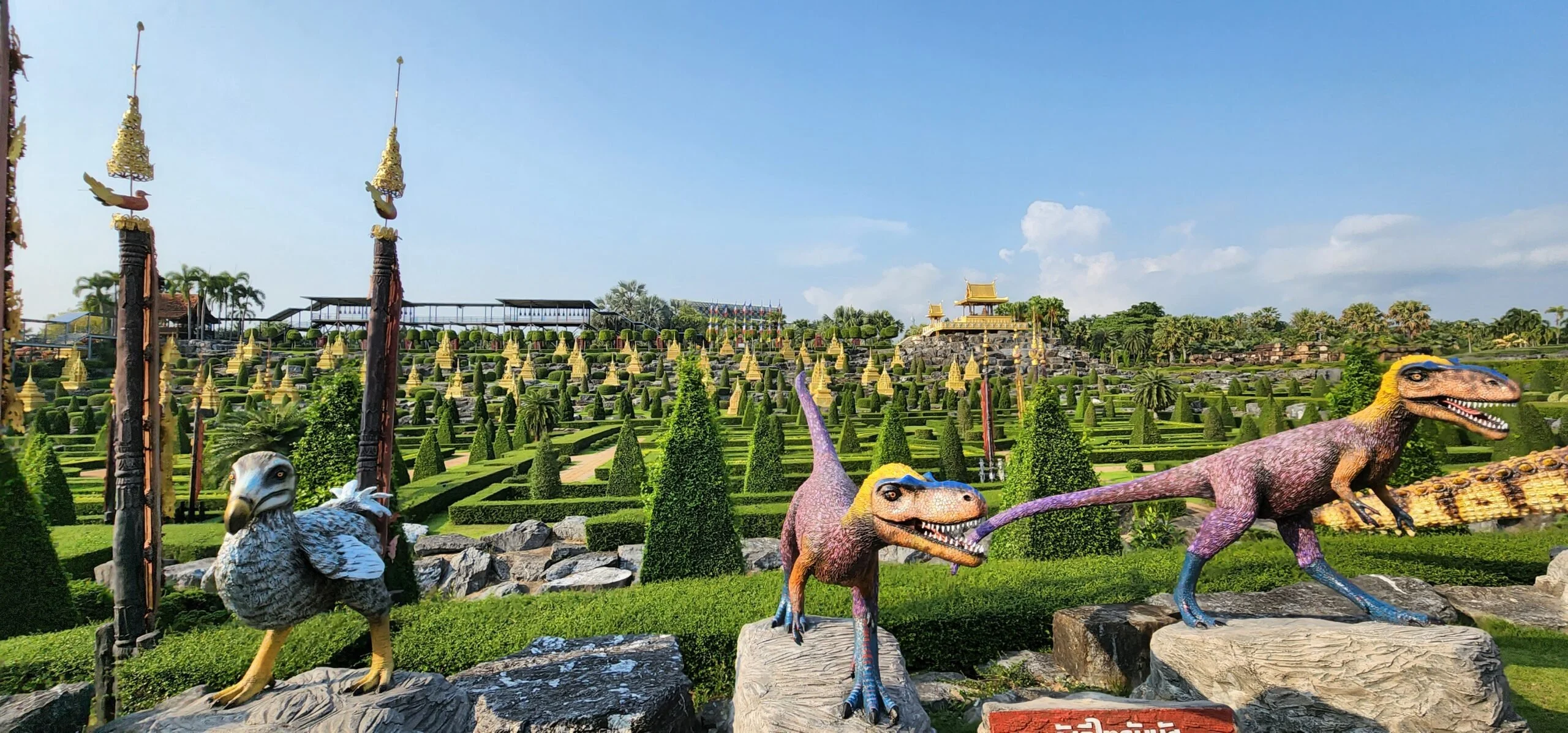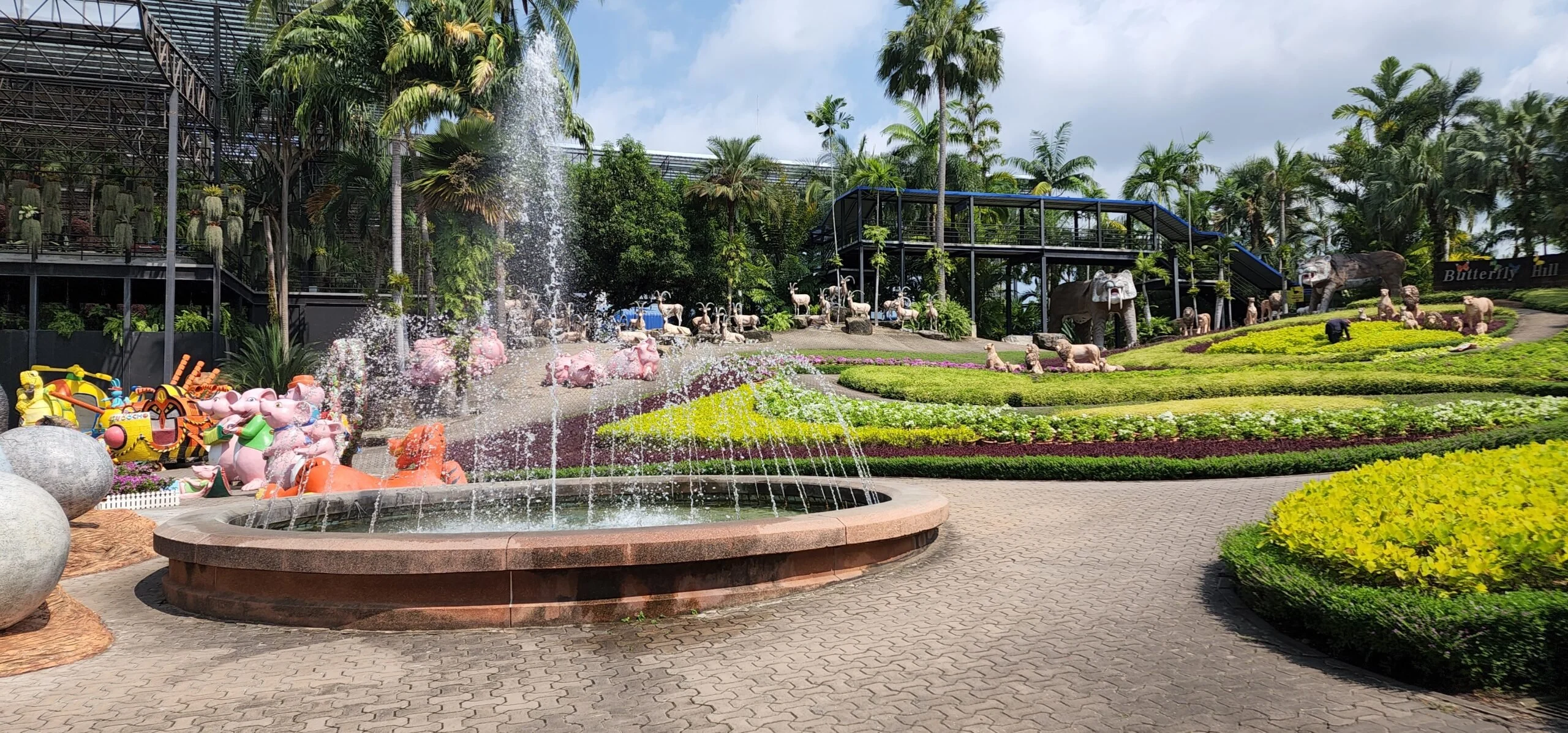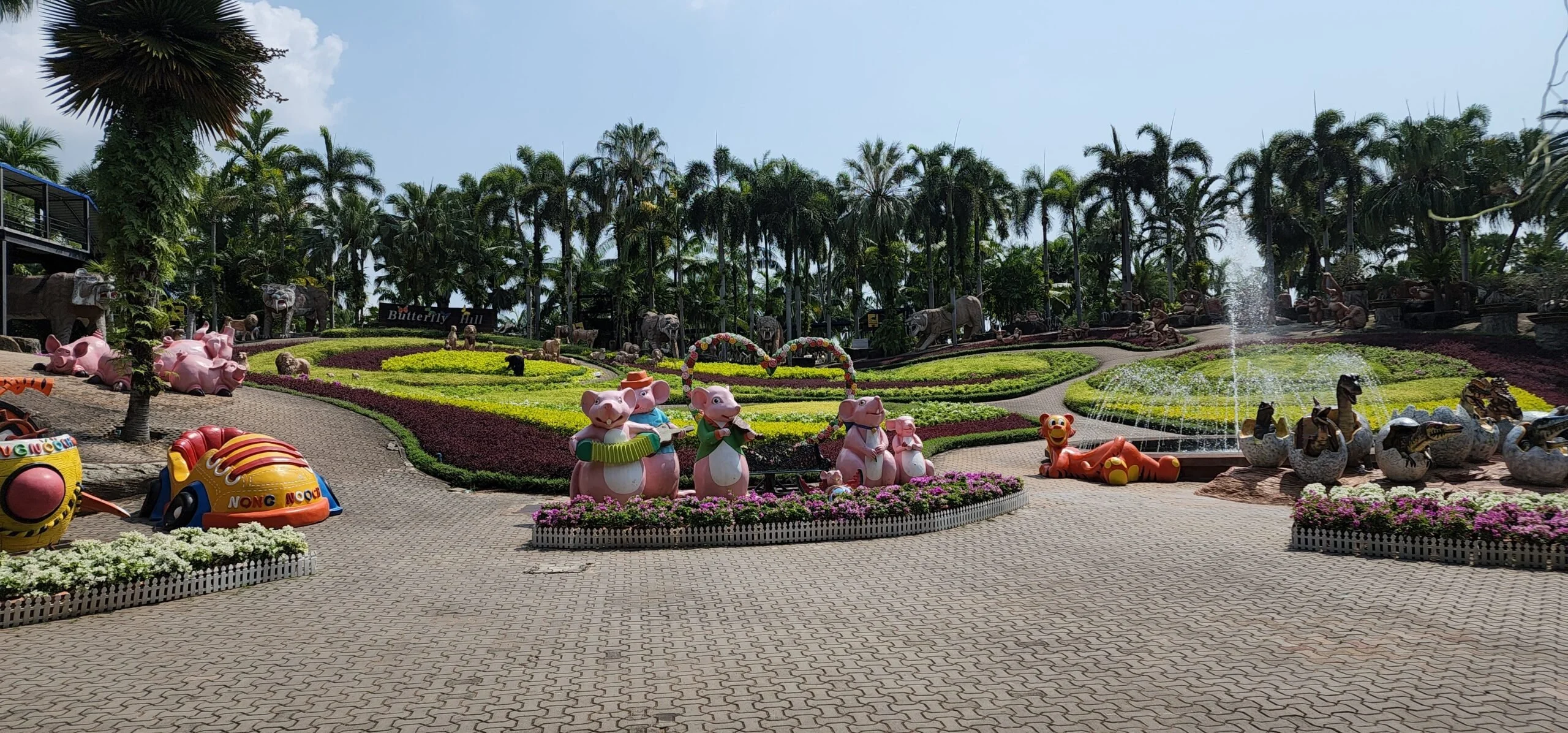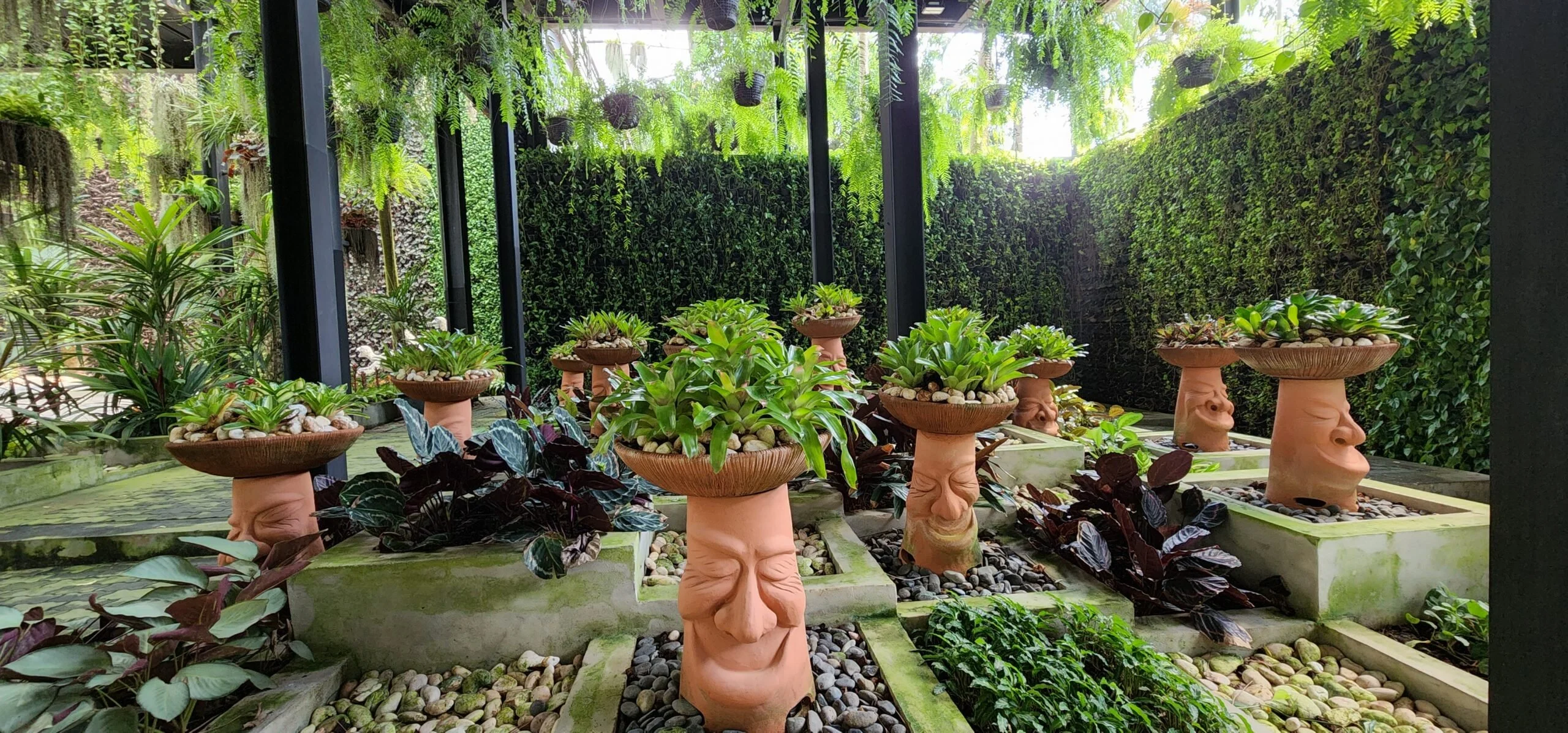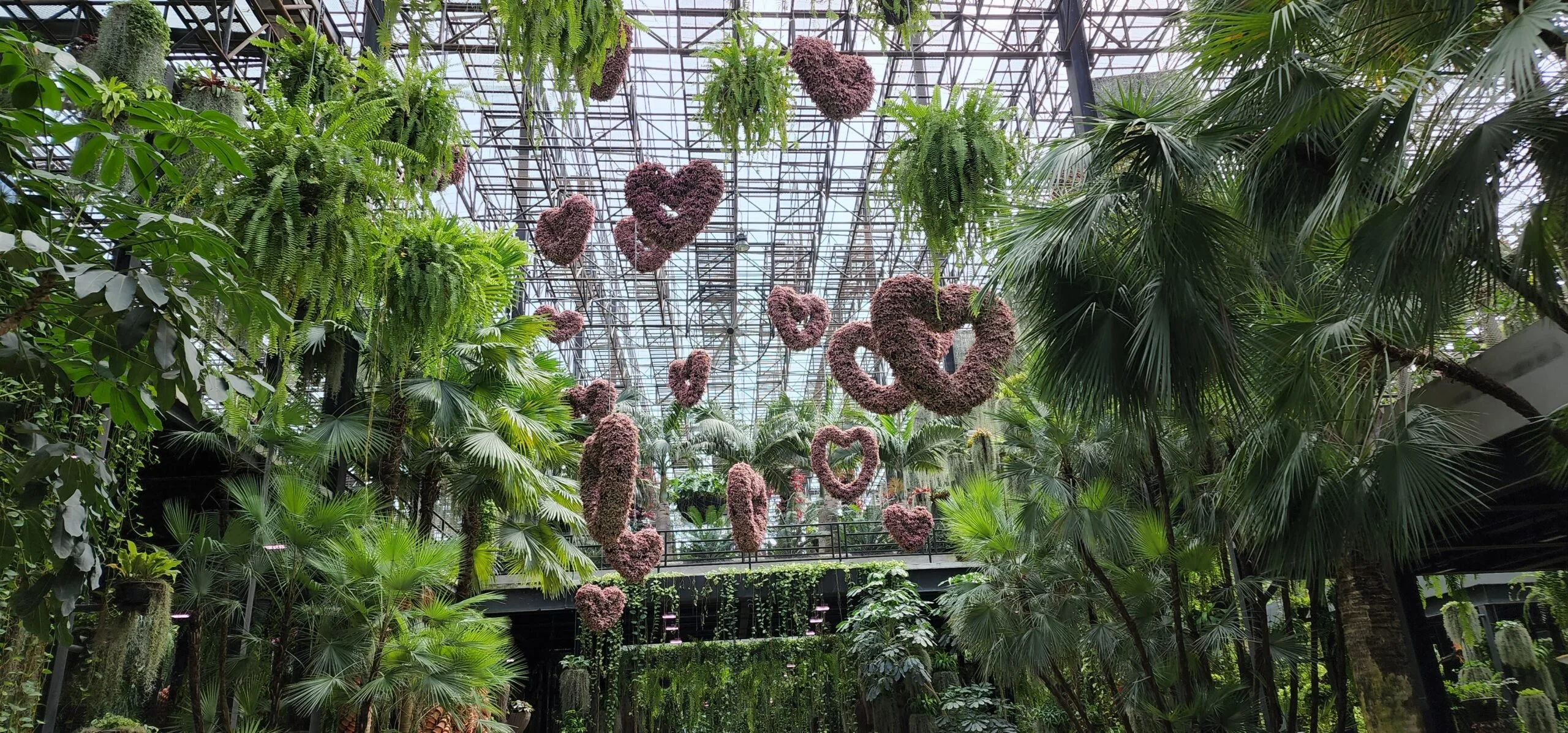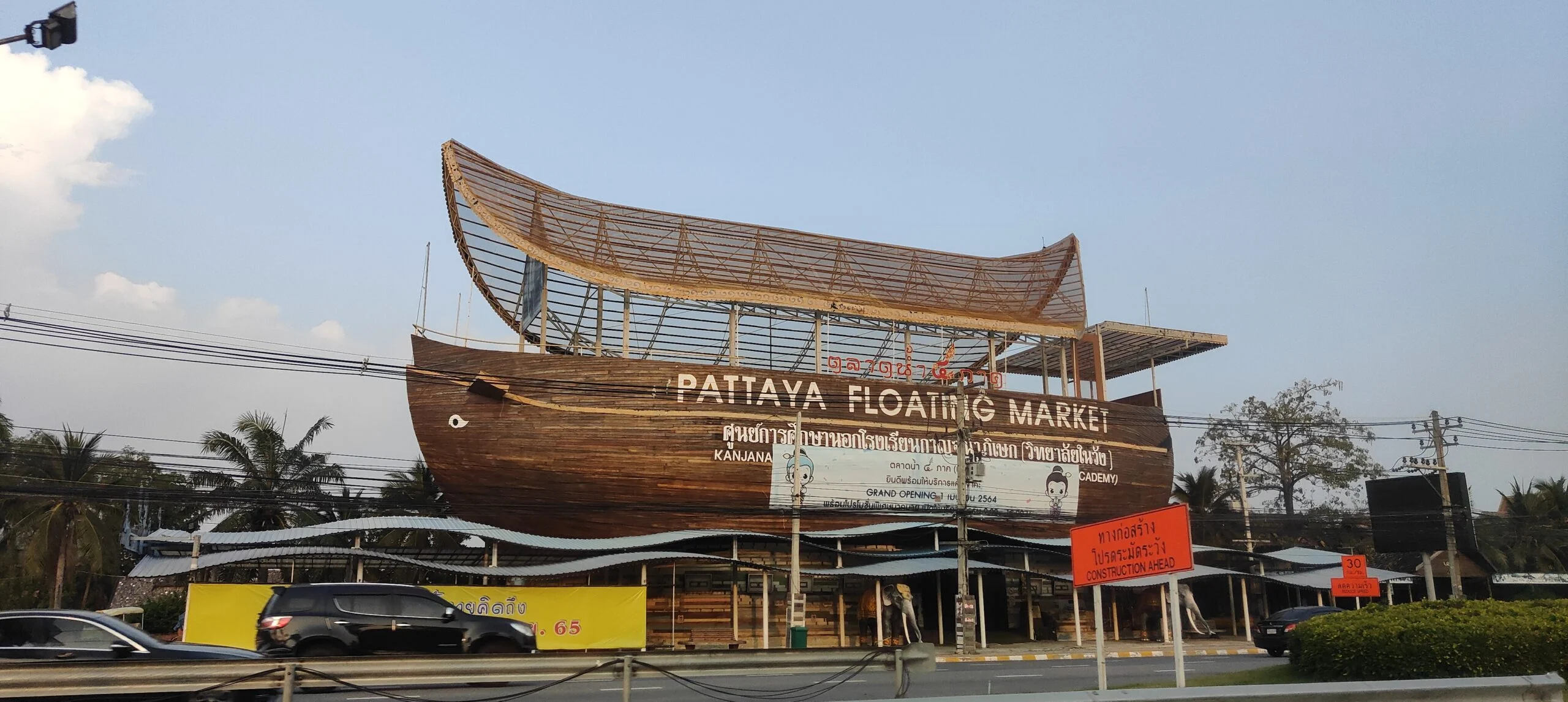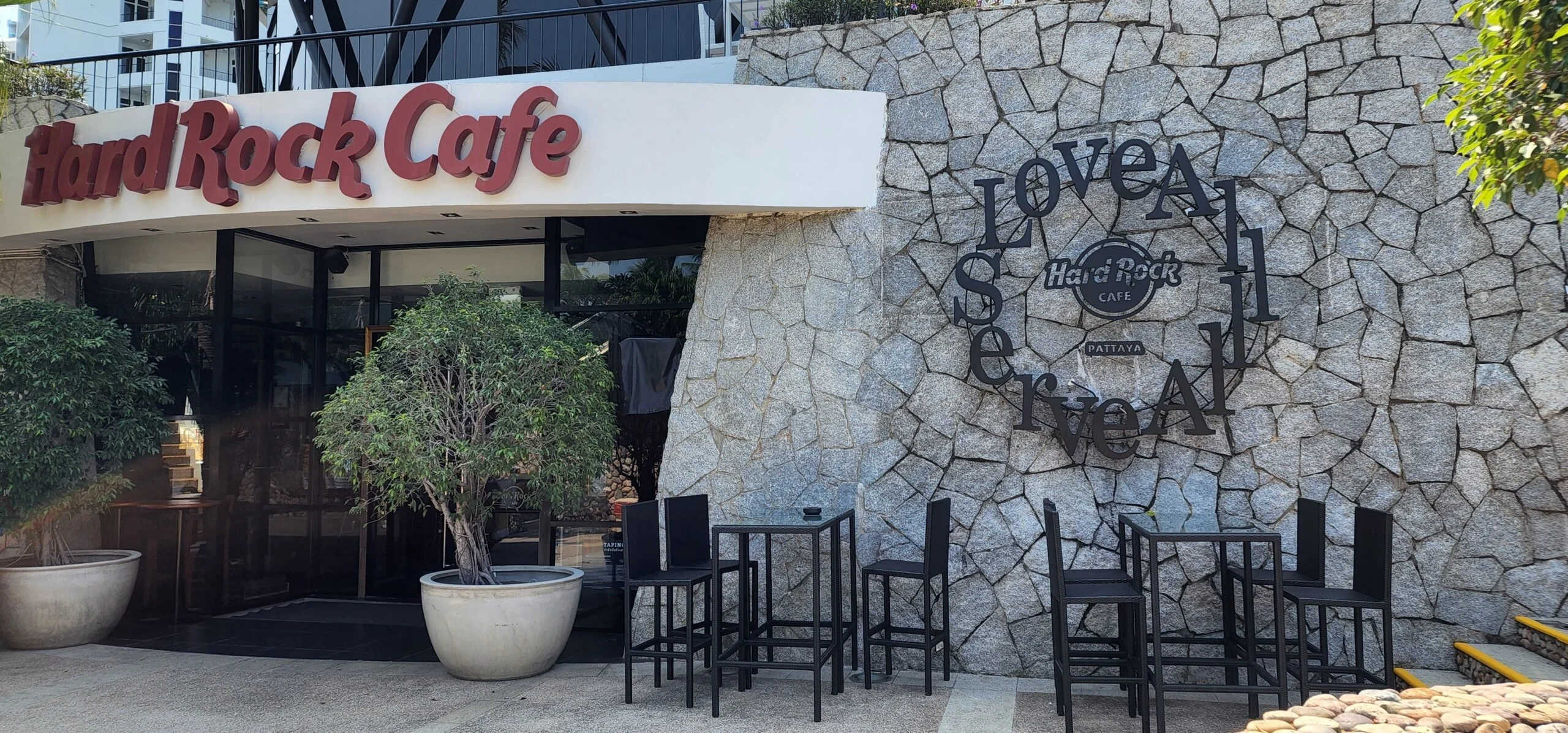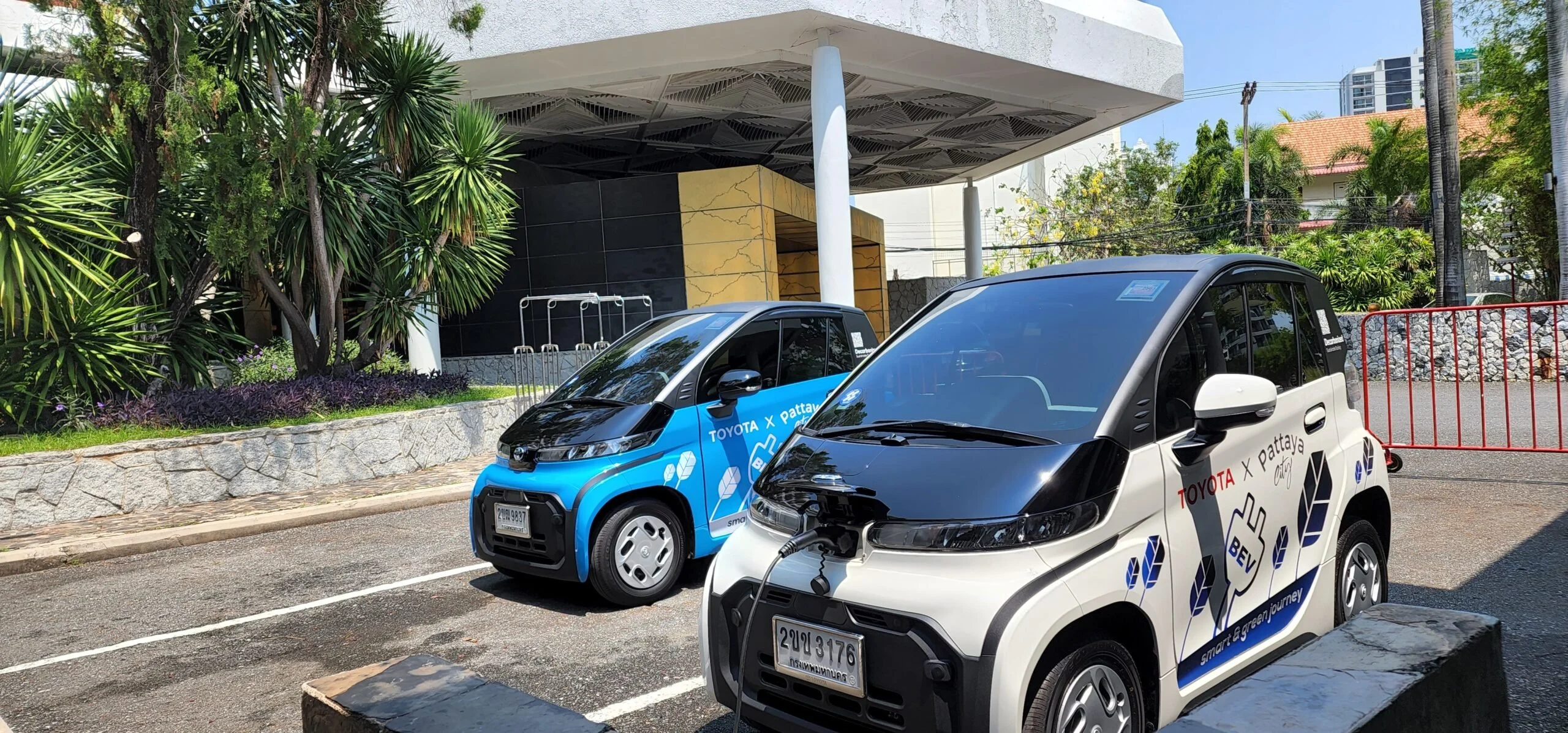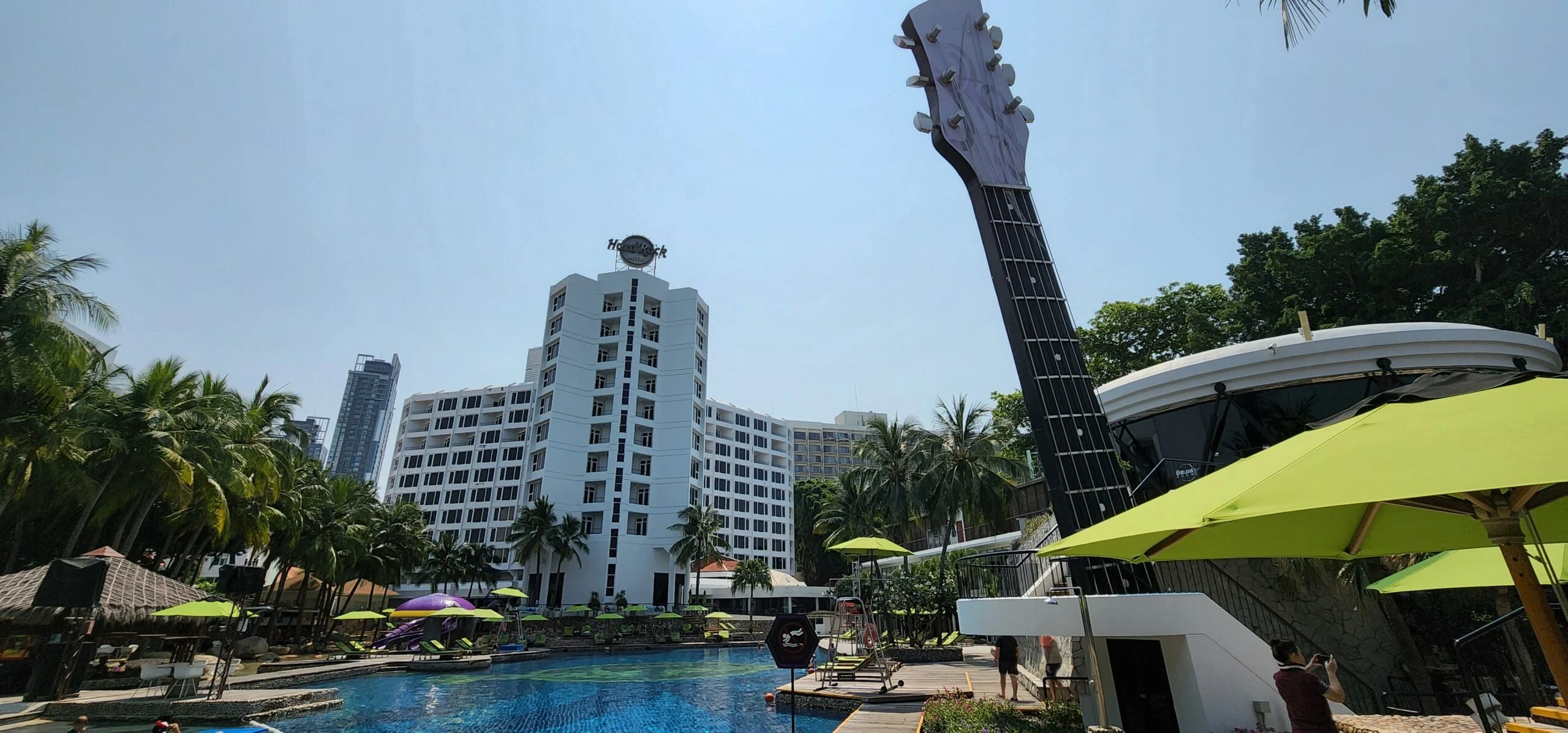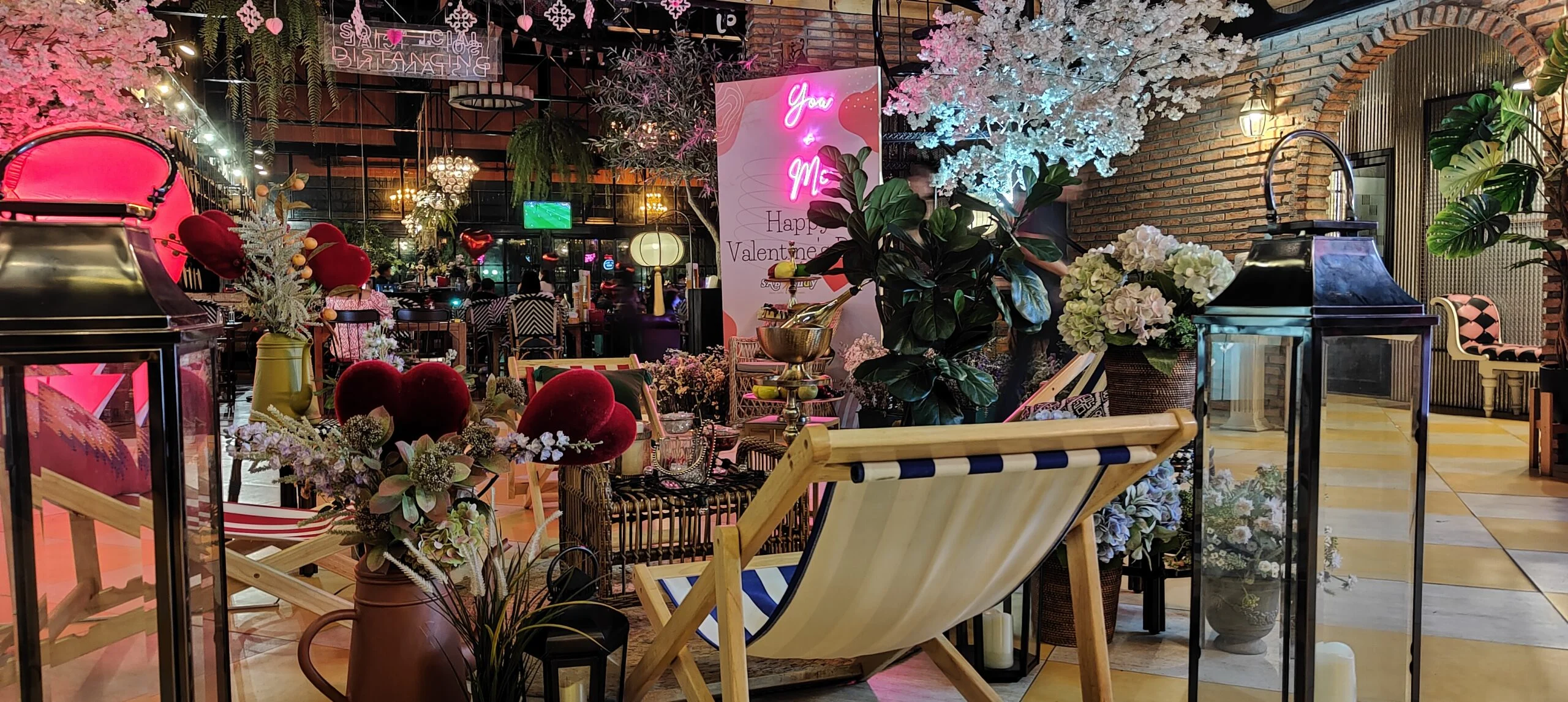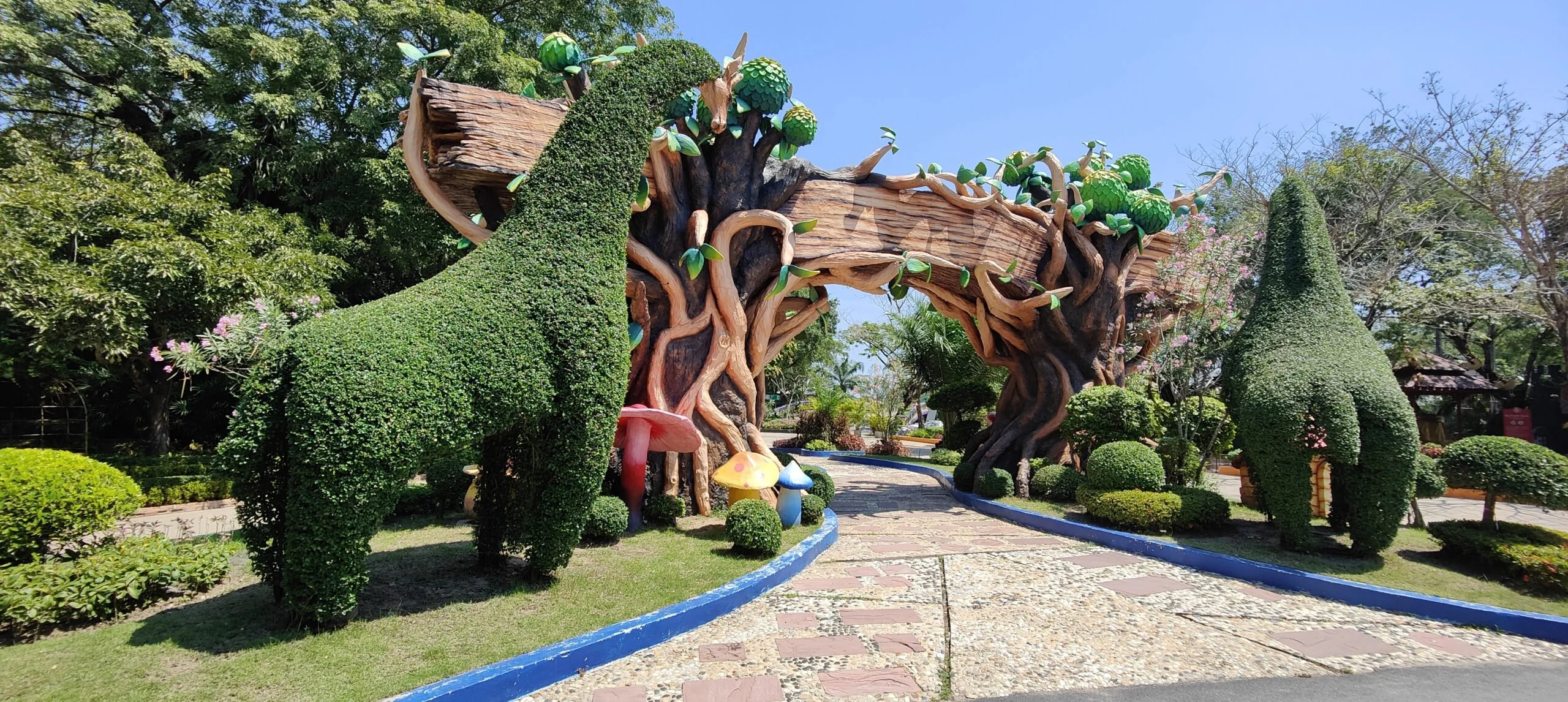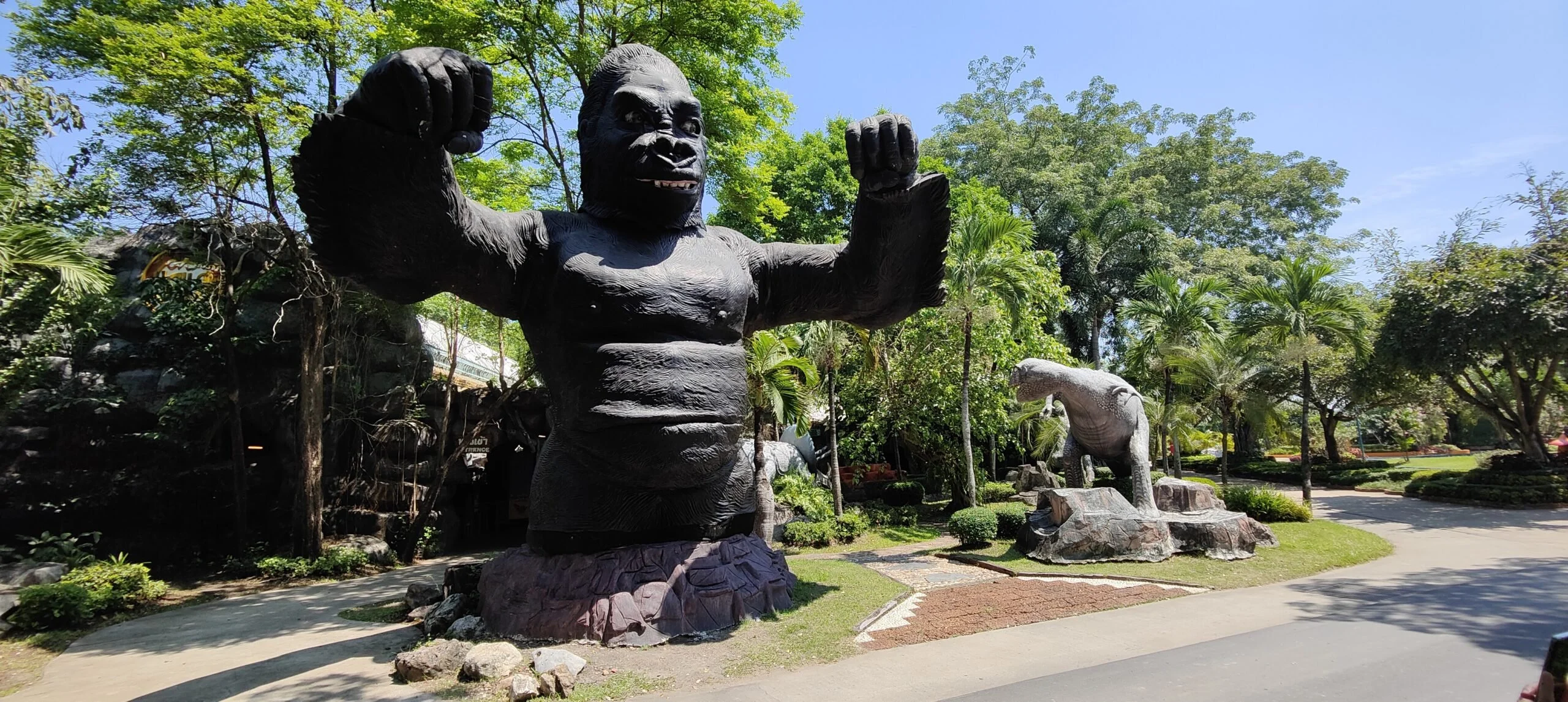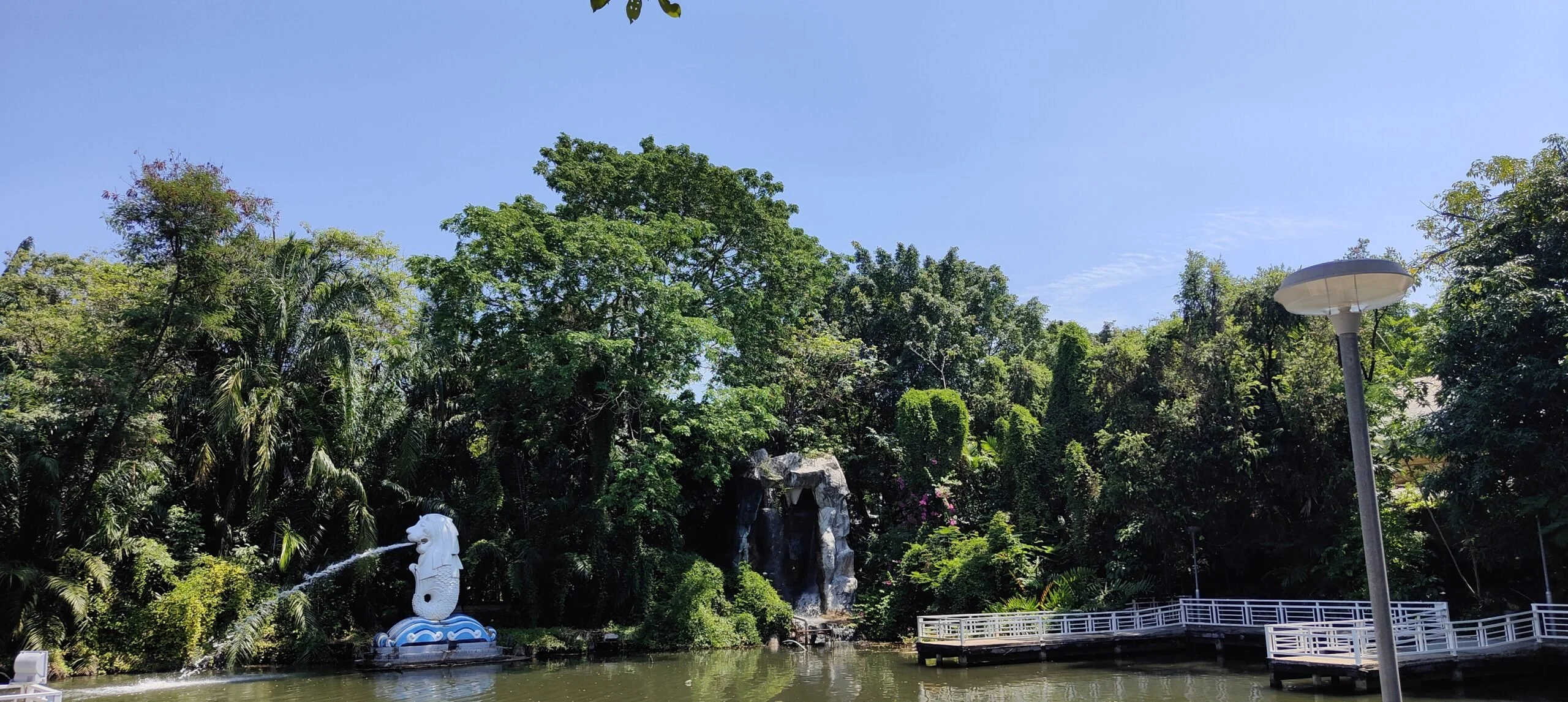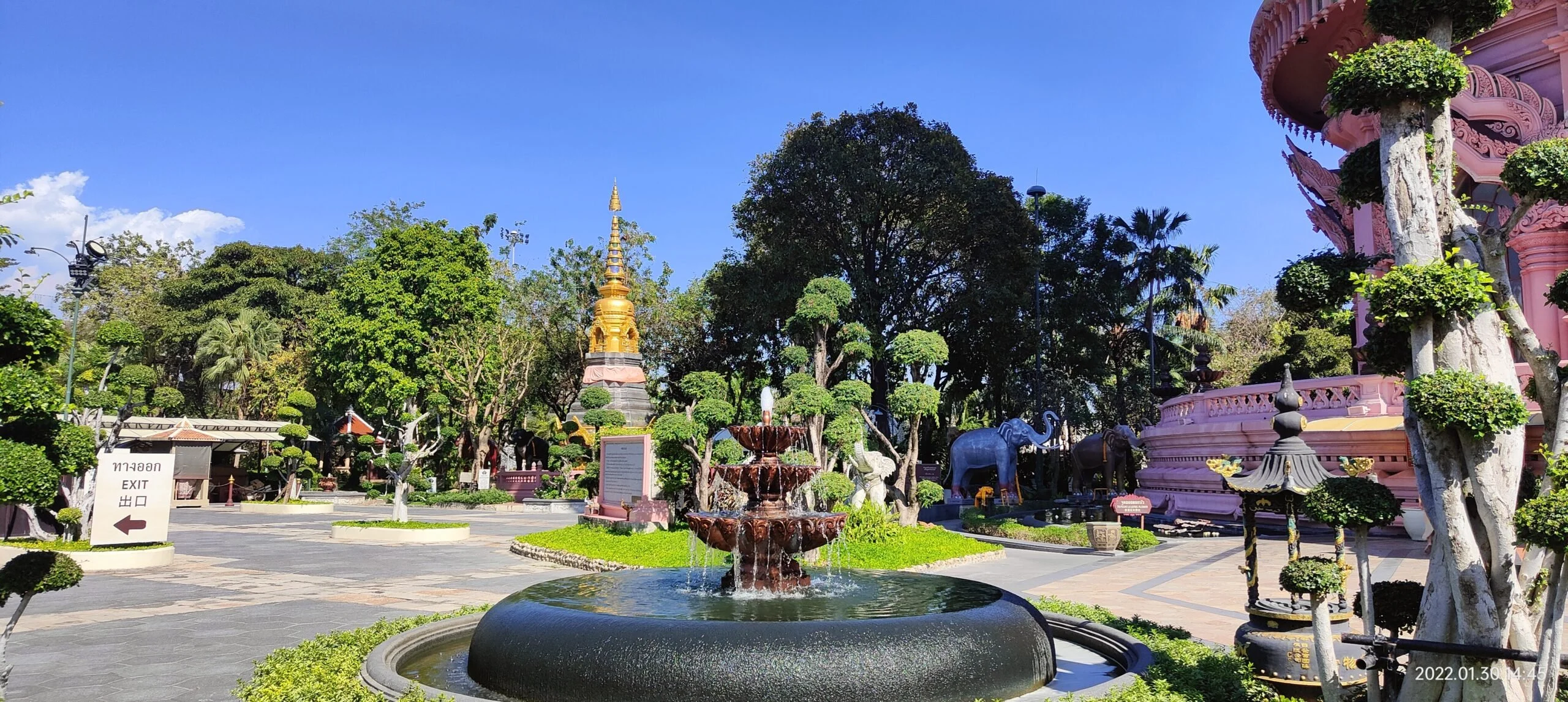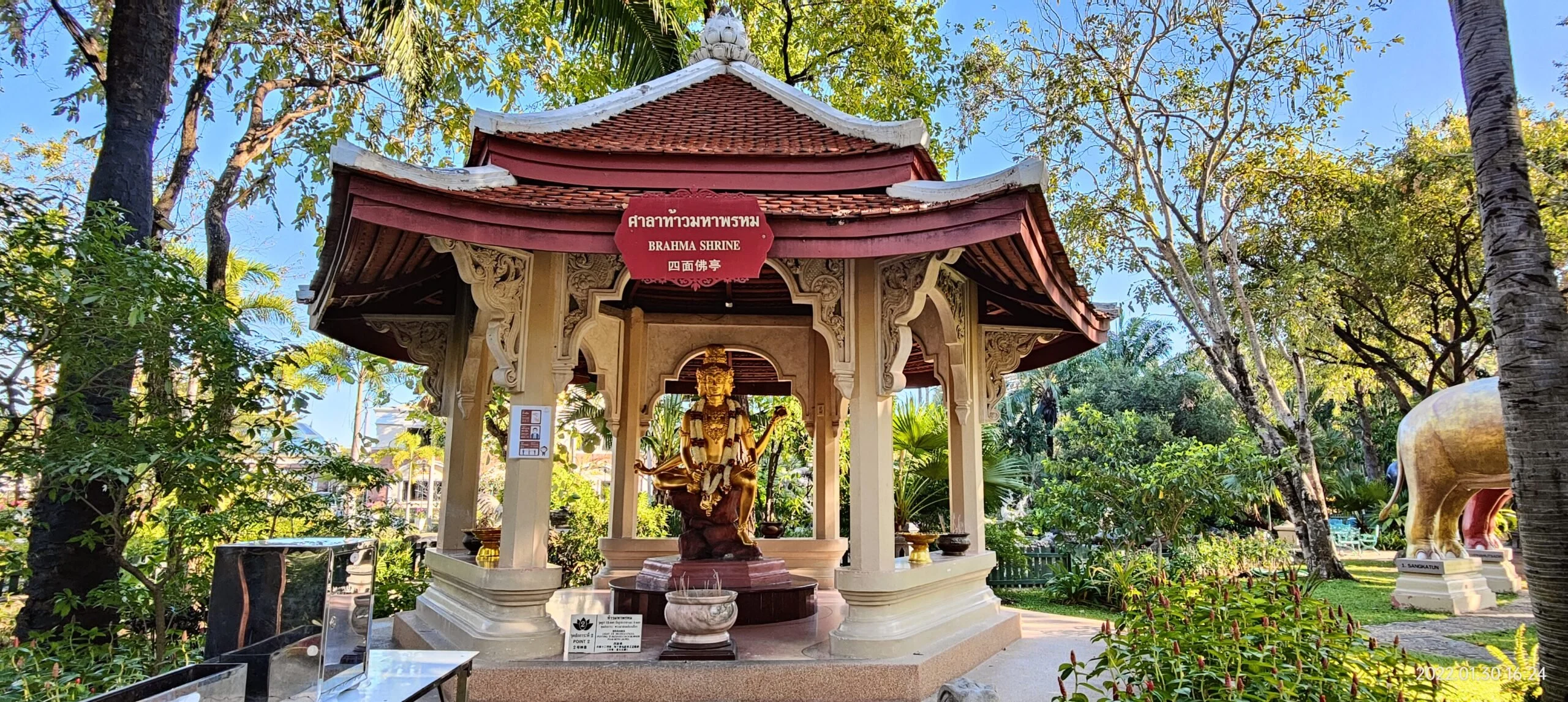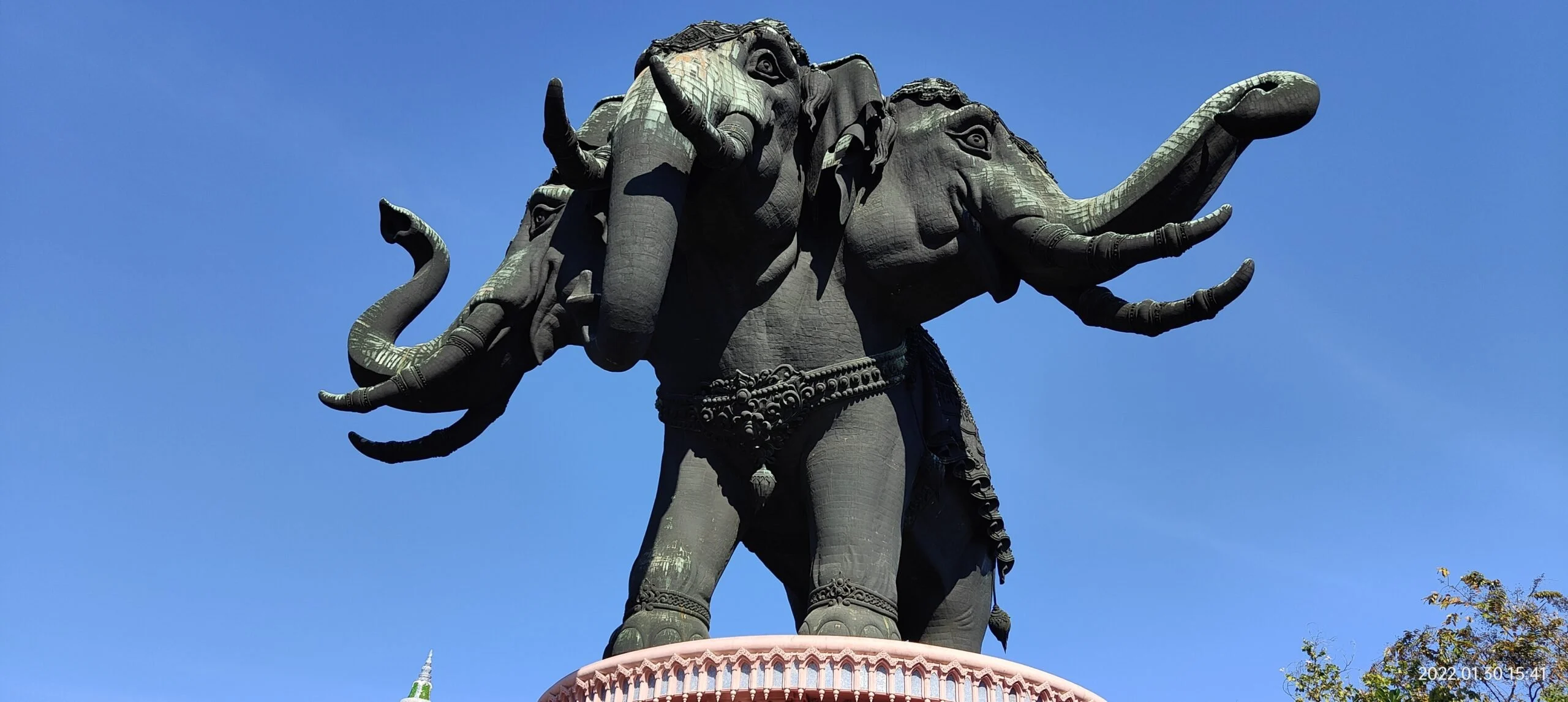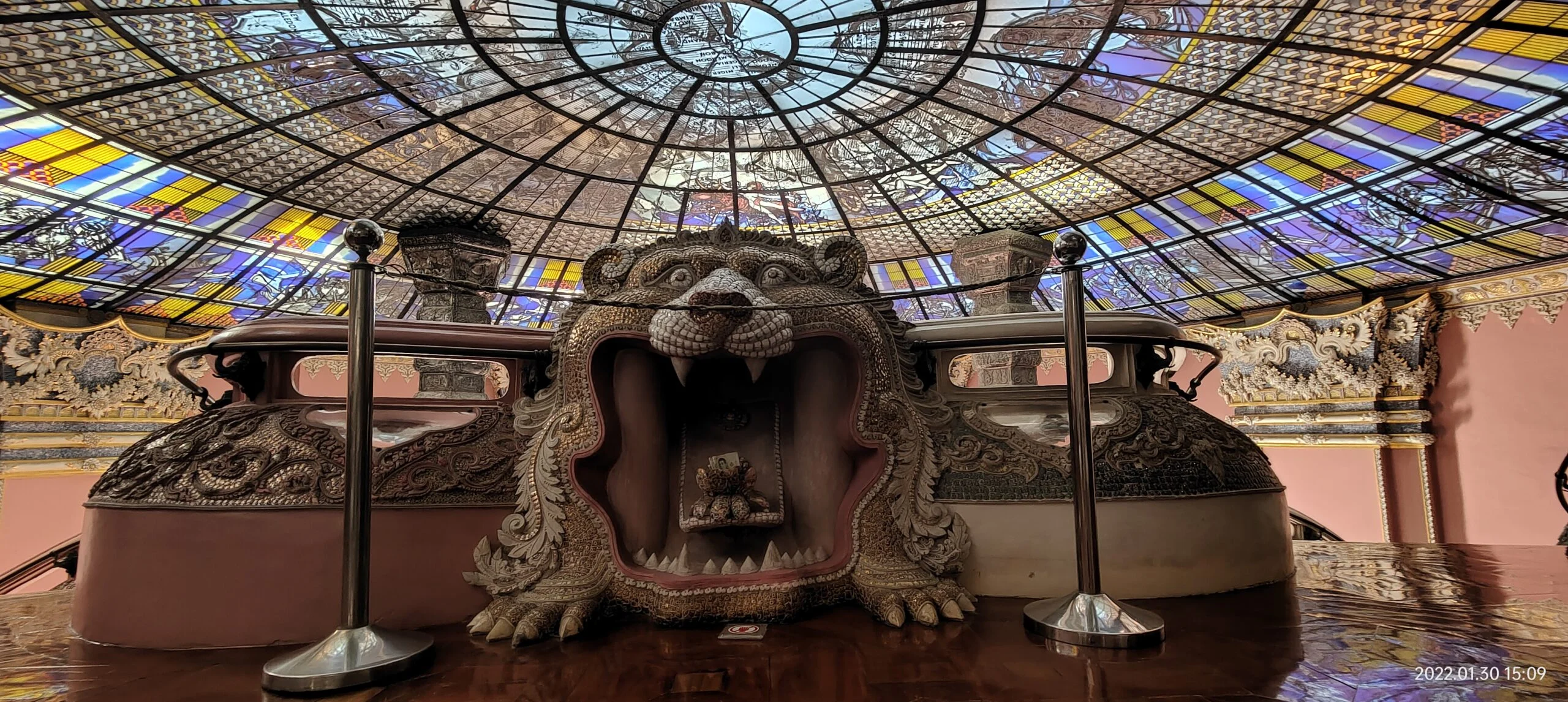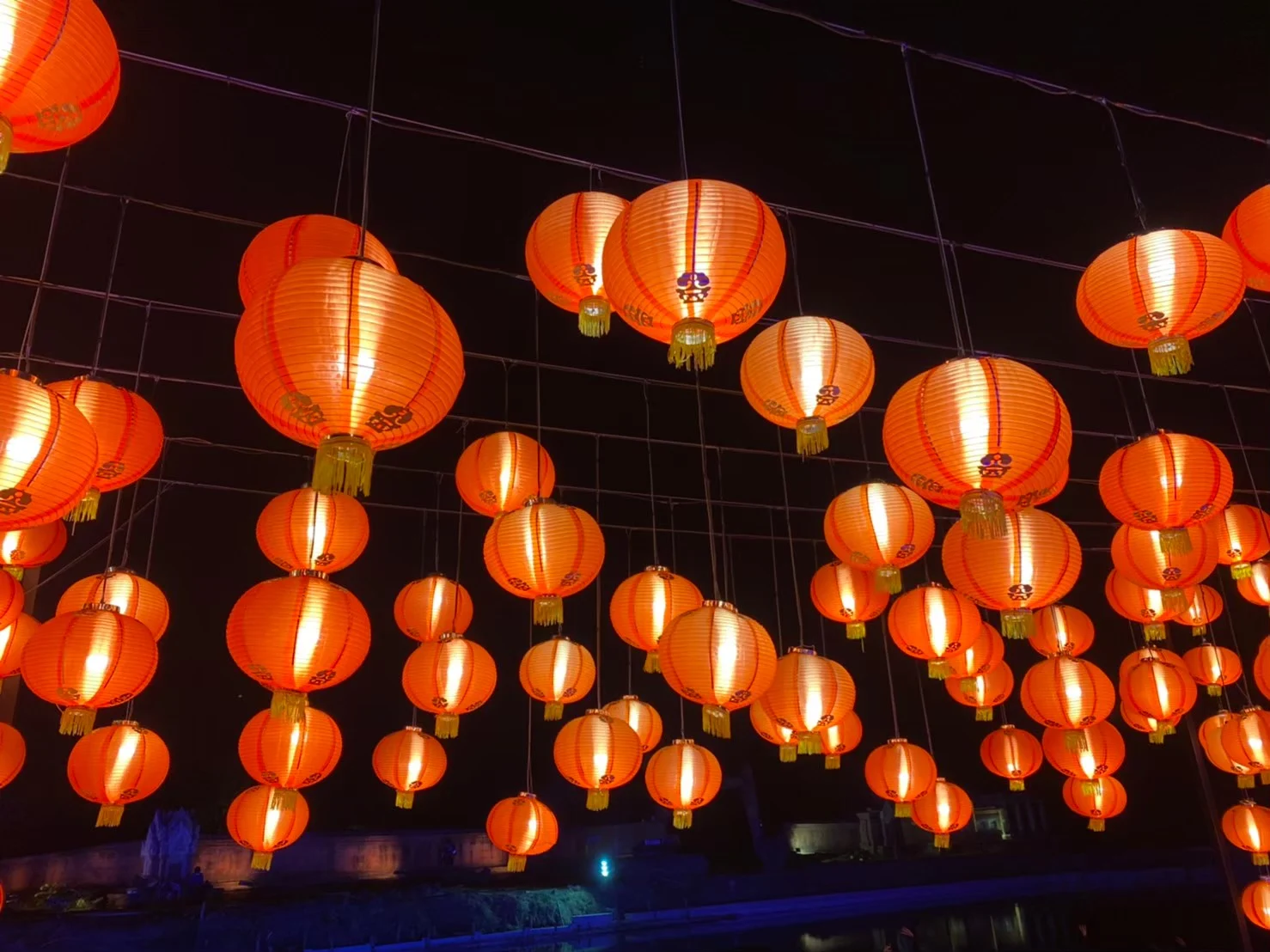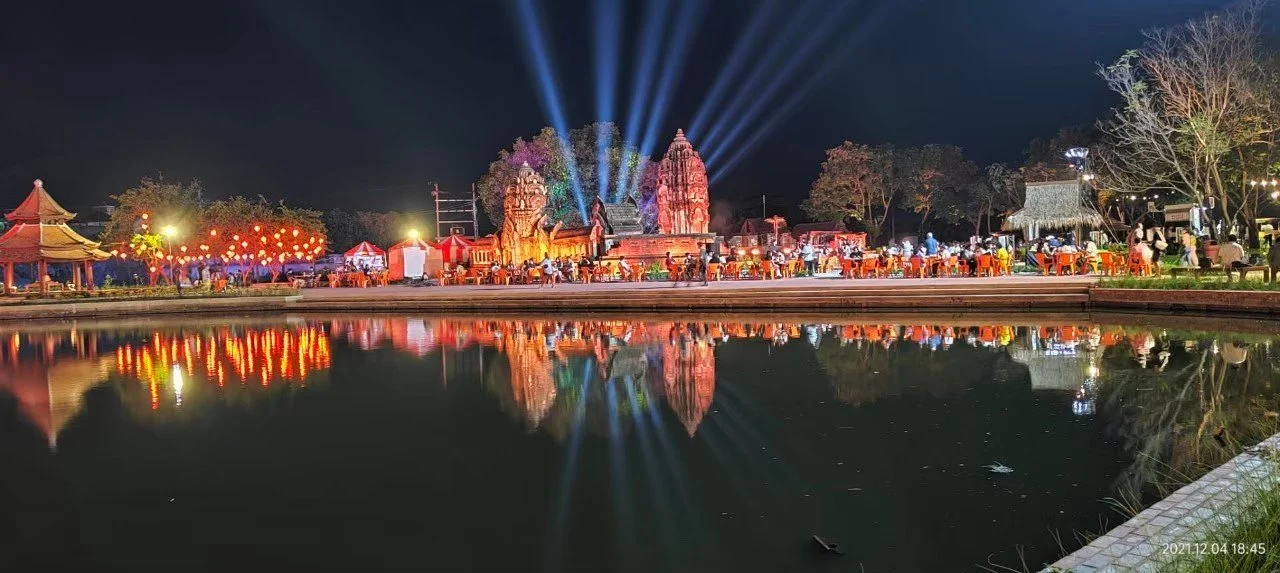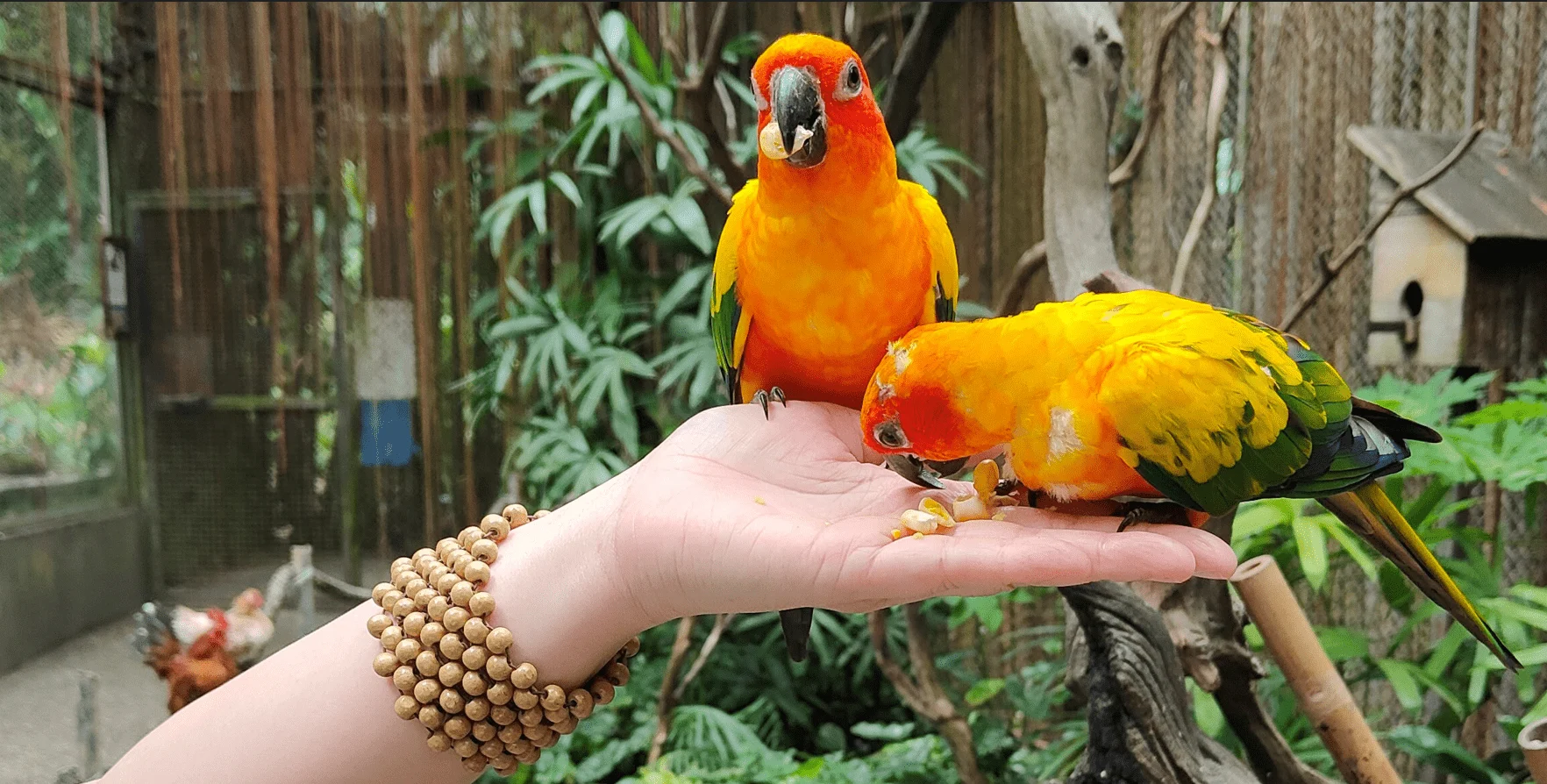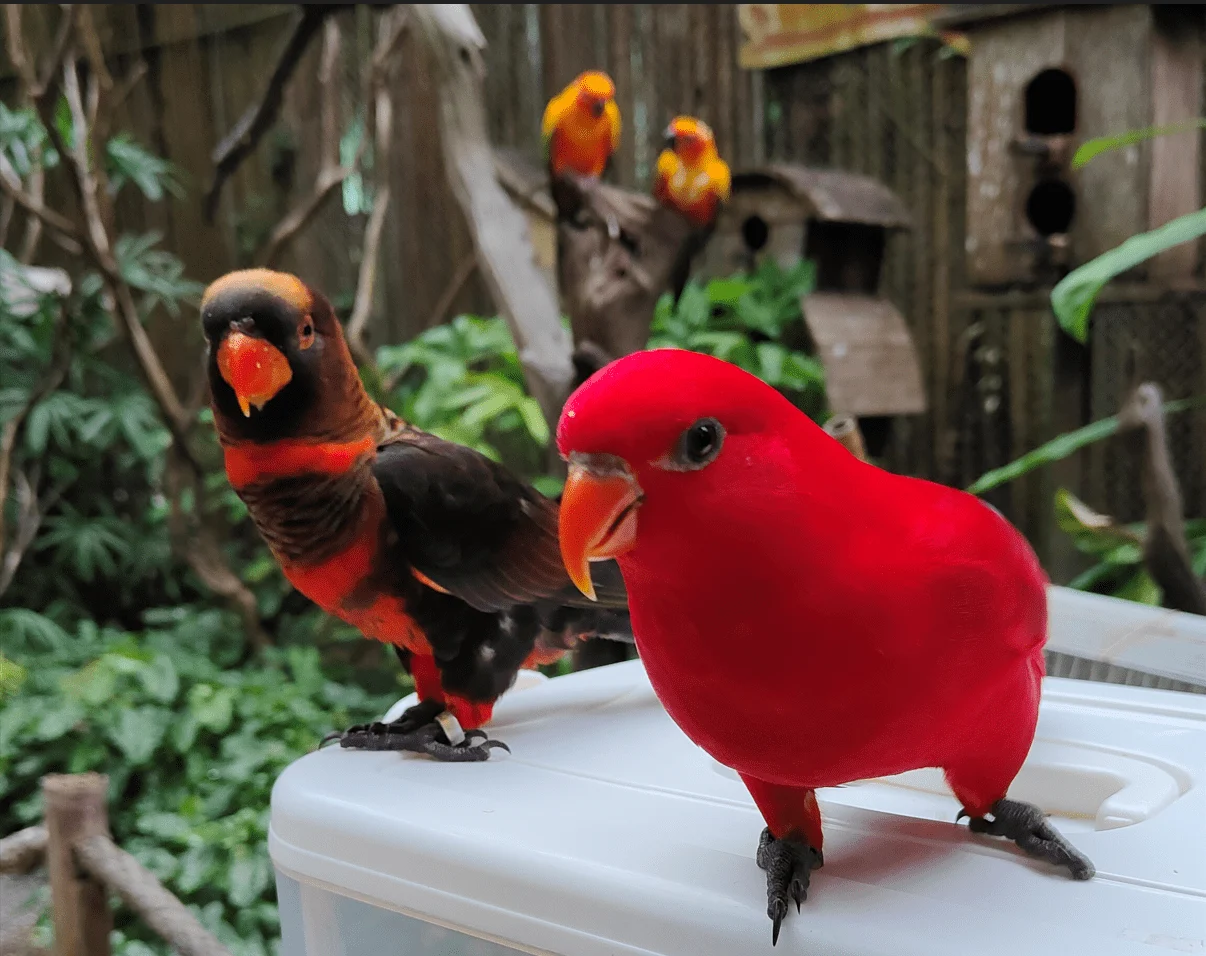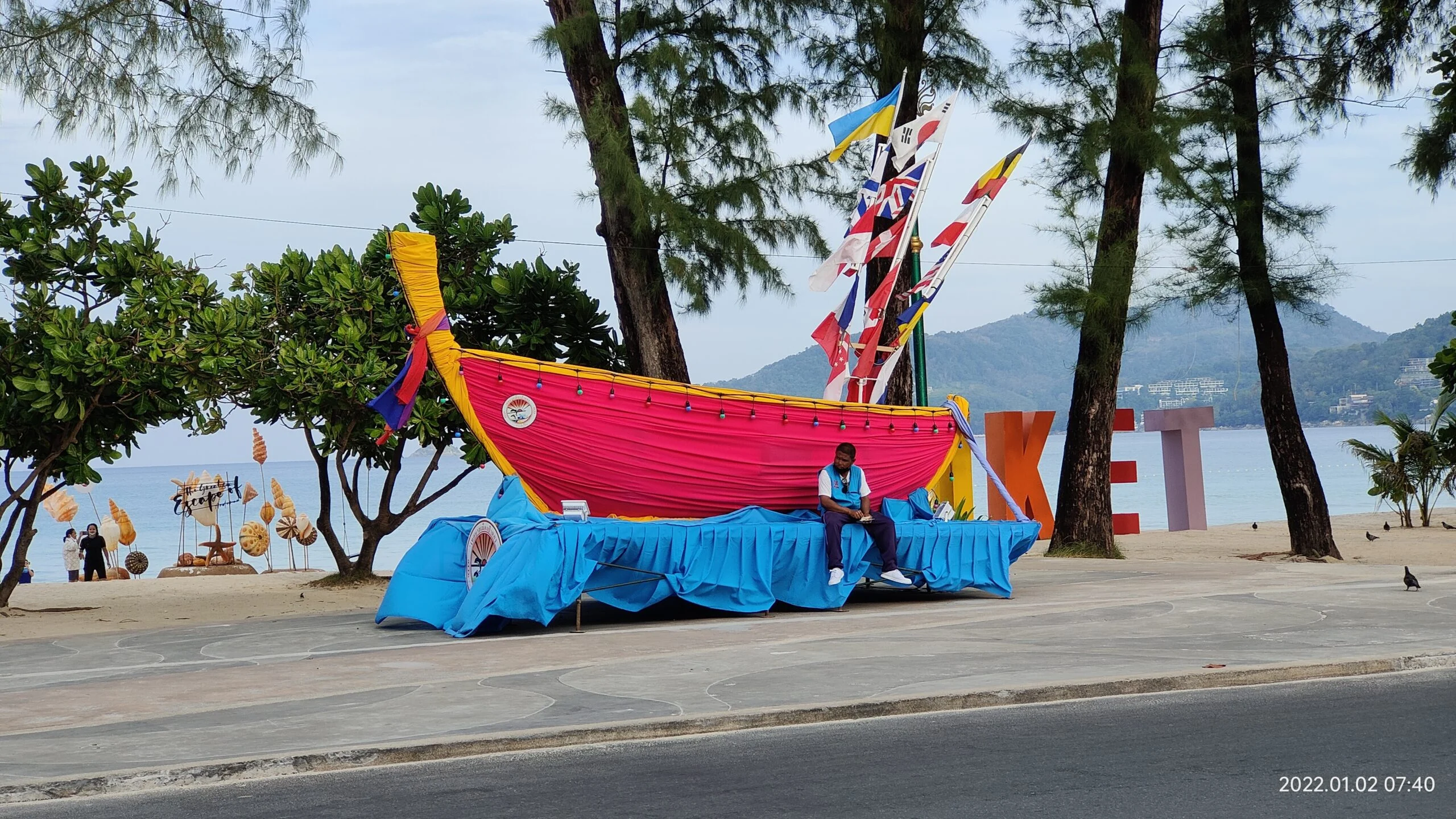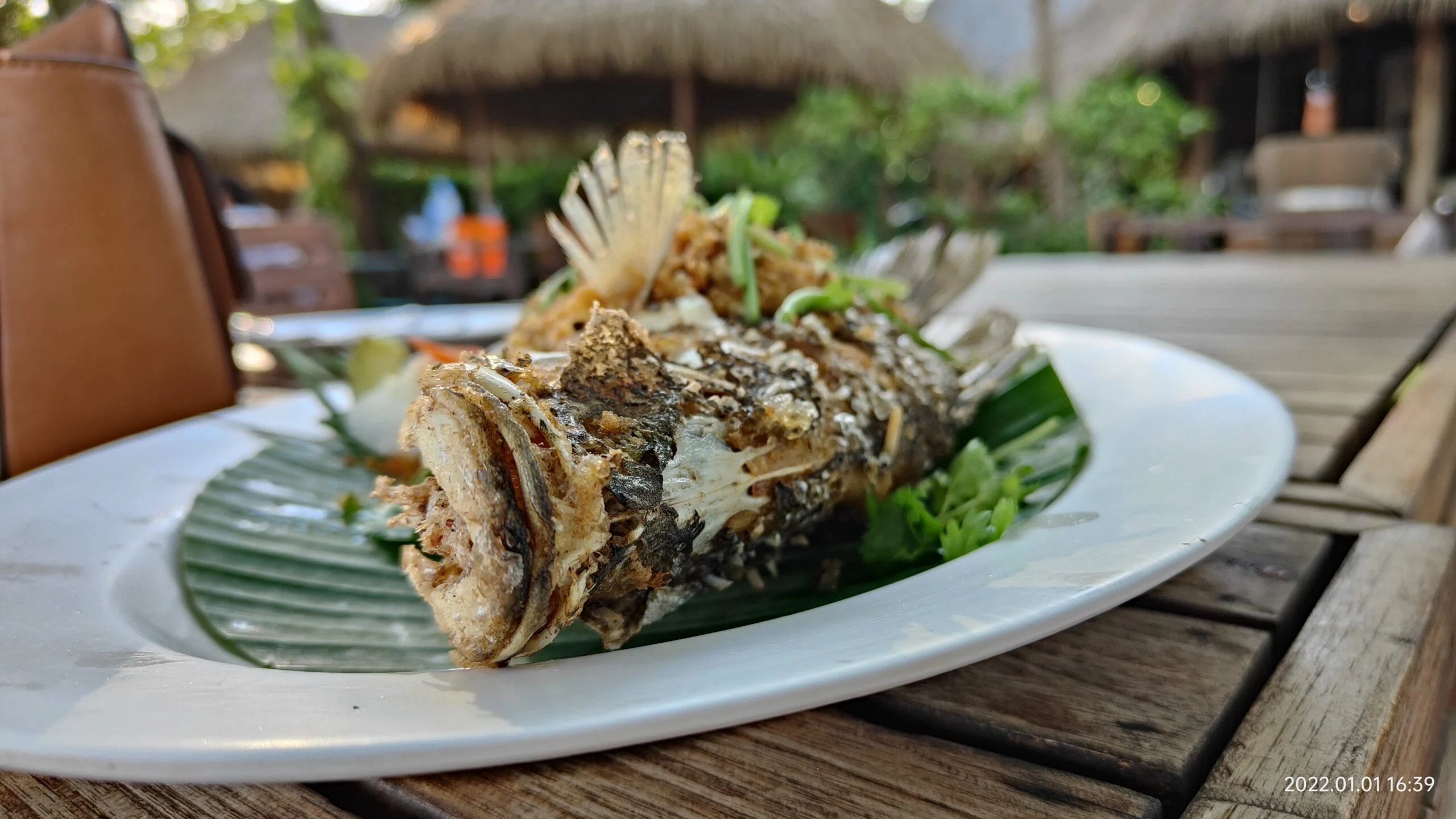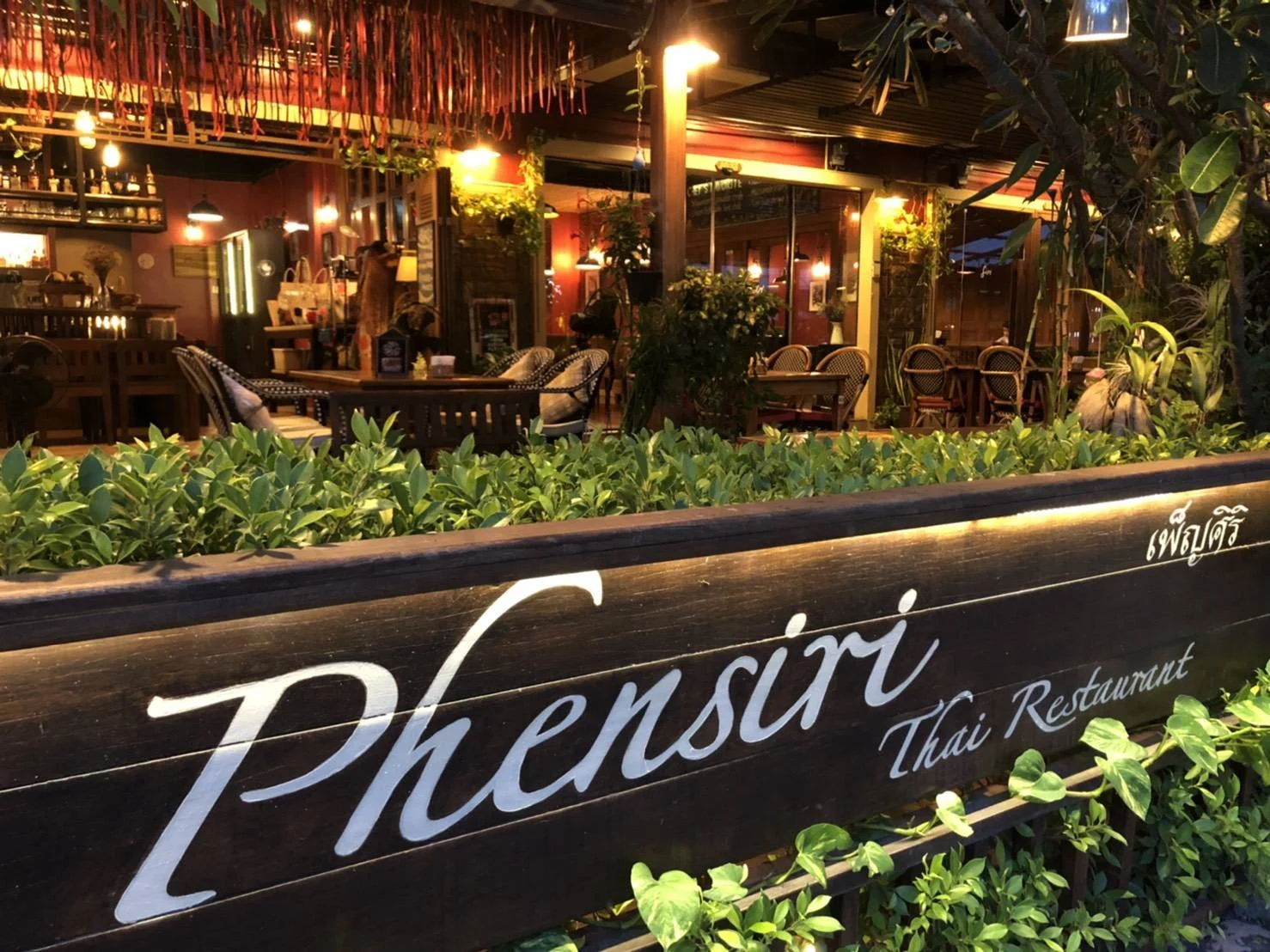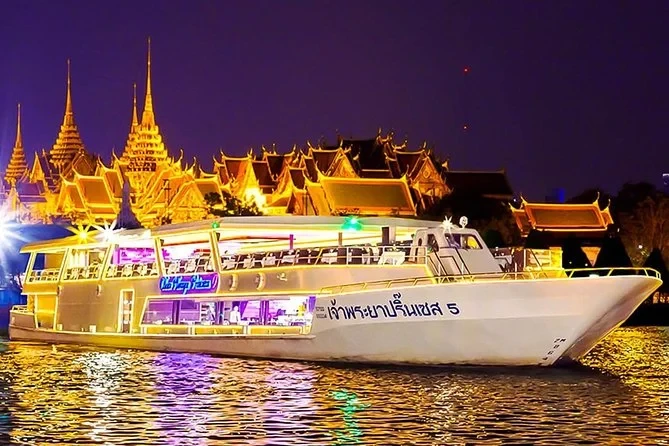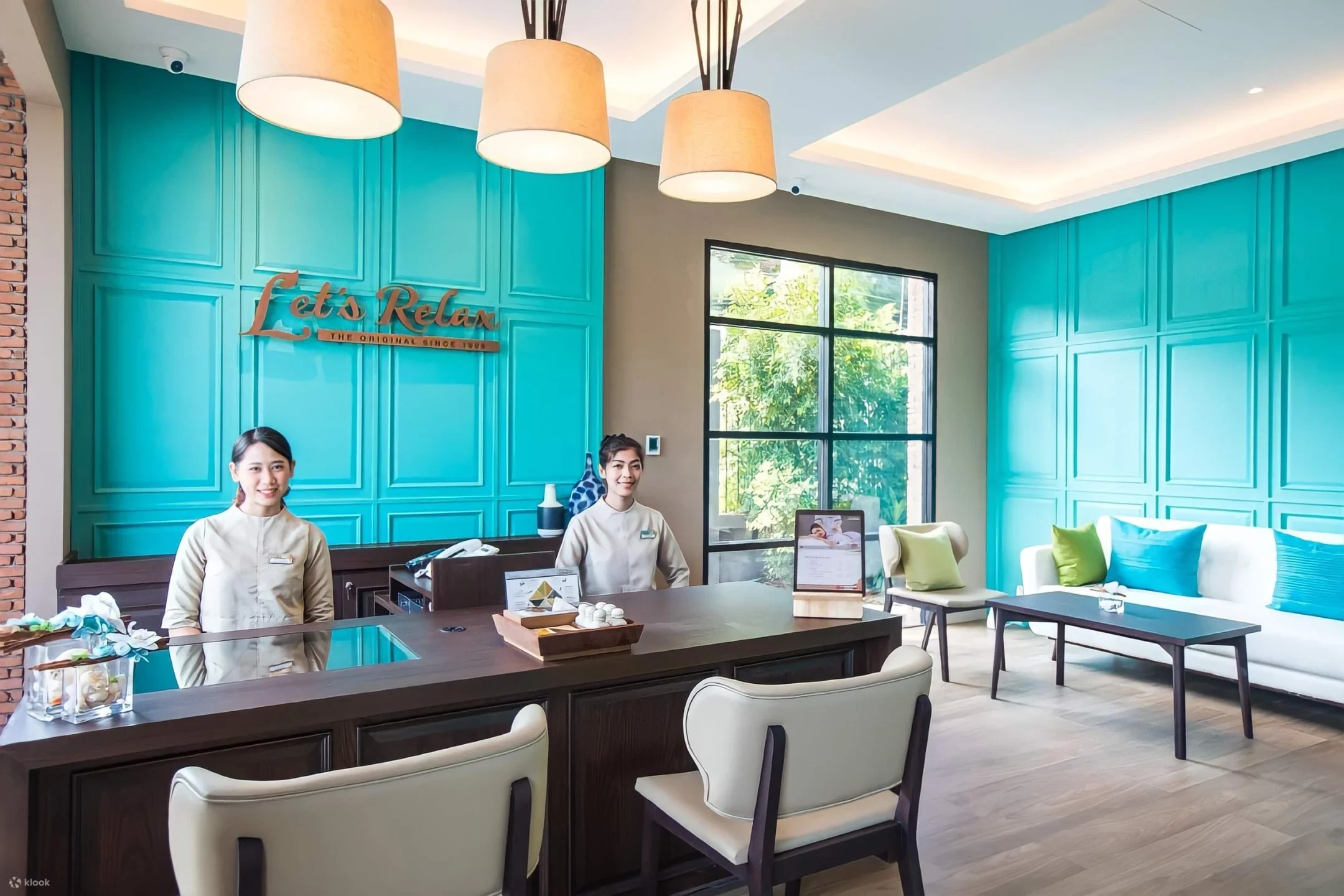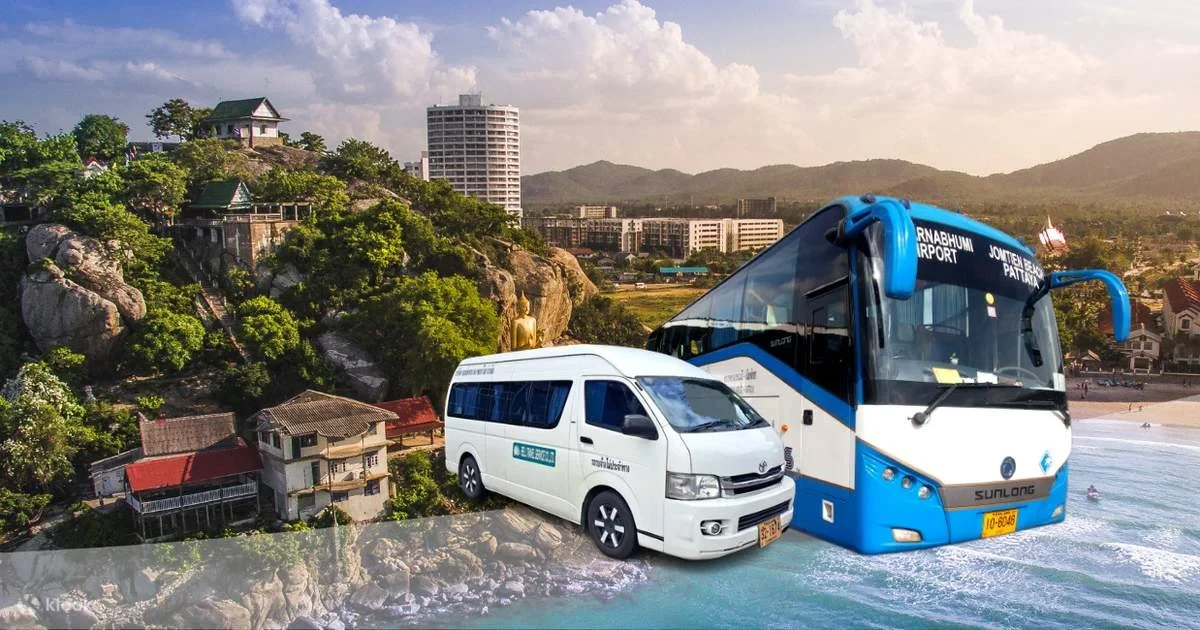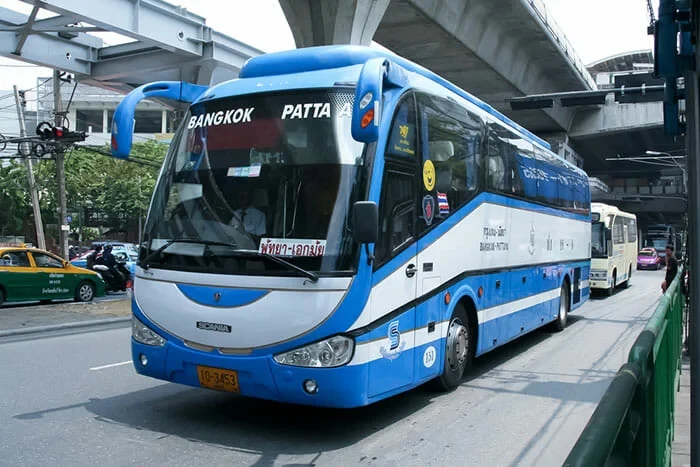Living in Thailand can feel like a dream come true – affordable living, warm climate, friendly people, and delicious food at every corner. But behind the paradise lies a system of cultural expectations, legal compliance, and smart decision-making that every expat or long-term visitor should understand. This guide covers the practical realities of daily life in Thailand, including legal obligations, visa rules, cultural do’s and don’ts, and how to spend wisely while blending in respectfully.
1. Day-to-Day Life in Thailand (Living in Thailand will be much easier)
Thailand offers a blend of comfort and simplicity in everyday life. Most urban areas like Bangkok, Chiang Mai, and Pattaya have everything from Western supermarkets to local fresh markets. You’ll find:
- 7-Elevens on every block – open 24/7, stocked with food, drinks, SIM cards, top-up services, and even bill payment.
- Street food vendors – fast, affordable meals (฿30–50 per dish).
- Affordable transport – BTS, MRT, motorbike taxis, and buses.
- Modern apartments – rentals start from ฿5,000/month in smaller towns.
Tip: Life moves at a slower, relaxed pace. Patience and politeness go a long way.
2. Living in Thailand is easy by Following Rules & Regulations
Thailand has strict rules, some unwritten but socially expected:
- Visa rules: Always stay updated on your visa status. Overstaying leads to fines, blacklisting, or deportation.
- Public behavior: Don’t raise your voice, insult the monarchy, or cause disturbances. It’s both culturally offensive and potentially criminal.
- Helmet laws: Motorbike riders must wear helmets – fines are regular and enforced.
- Littering and vaping: Littering draws hefty fines; e-cigarettes are technically illegal in Thailand.
Remember: Laws here may be different from your home country. Respect and compliance are non-negotiable.
3. Understanding Thai Culture
Thailand’s rich traditions and Buddhist values play a big role in social conduct:
- Respect elders and authority.
- The Wai (palms together greeting) is a cultural staple.
- Never point your feet at people or religious objects.
- Avoid public confrontation. “Saving face” is deeply valued.
- Dress modestly when visiting temples or government offices.
Blend in, don’t stand out – being a polite guest earns respect.
4. Living in Thailand with right Visa Options & Citizenship
Thailand offers various long-stay visa options:
- Tourist Visa/TR Visa – for short visits up to 60 days.
- Education Visa (ED) – for language learners or students.
- Marriage Visa (O) – if married to a Thai national.
- Retirement Visa (O-A/O-X) – for people over 50.
- Work Permit + Non-B Visa – for those legally employed.
- Thailand Elite Visa – long-term option for high-net-worth individuals.
- Citizenship – Possible after 5+ years of permanent residency, passing language and culture tests, and meeting income/legal criteria.
Pro tip: Avoid visa runs. It’s better to follow a legal route to long-term stay.
5. Using Public Utilities & Facilities
Thailand’s public infrastructure is fairly modern:
- Electricity & water are reliable, though power cuts happen in rural areas.
- Internet is fast and cheap (฿400–800/month).
- Public transport in cities like Bangkok is clean, safe, and air-conditioned.
- Hospitals range from public (affordable but crowded) to private (expensive but world-class).
- Government offices work slower than Western standards – appointments and patience are key.
6. Being a Loyal & Respectful Resident
How you treat locals matters deeply:
- Pay bills and rent on time.
- Avoid scams – don’t become one yourself.
- Treat service workers and neighbors with dignity.
- Participate in community life when possible (help in festivals, be friendly in local stores).
Being loyal and respectful wins hearts – and long-term trust.
7. Smart Spending: Daily Needs vs Nightlife
Many expats fall into the trap of overindulging in nightlife. But smart living in Thailand means understanding the value of your baht:
| Spending Option | Cost (Approx.) | Value |
|---|---|---|
| 7-Eleven Meal | ฿40–60 | Tasty, fast, reliable |
| Nightclub Entry + Drinks | ฿1,000–3,000+ | One-time pleasure, fast cash burn |
| Local fresh market (groceries) | ฿200–300/week | Healthy meals, supports local economy |
| Massage (legit) | ฿200–400/hour | Relaxation and body wellness |
| Street food dinner + dessert | ฿80–100 | Full meal with Thai flavor |
Verdict:
7-Eleven and local shops offer sustainable, affordable value compared to nightlife splurges. Occasional parties are fine – but for long-term living, budgeting wisely is essential.
8. Travel Smarter: Budget & Options
Travel inside Thailand is cheap – if done wisely:
- Use apps like Grab, Bolt, or LineTaxi for honest rates.
- Book vans, buses, and trains online through government or trusted private sites.
- Domestic flights can be as low as ฿500–฿1,000 if booked early.
- Songthaews and motorbike taxis are good for short, local travel.
Avoid overpriced airport taxis and always check the meter!
Living in Thailand is not just about sunsets and beaches. It’s about adapting, respecting, and thriving in a culture that values harmony and mindfulness. Those who follow the rules, engage respectfully with locals, spend wisely, and approach life with humility will find Thailand a warm and welcoming second home.


